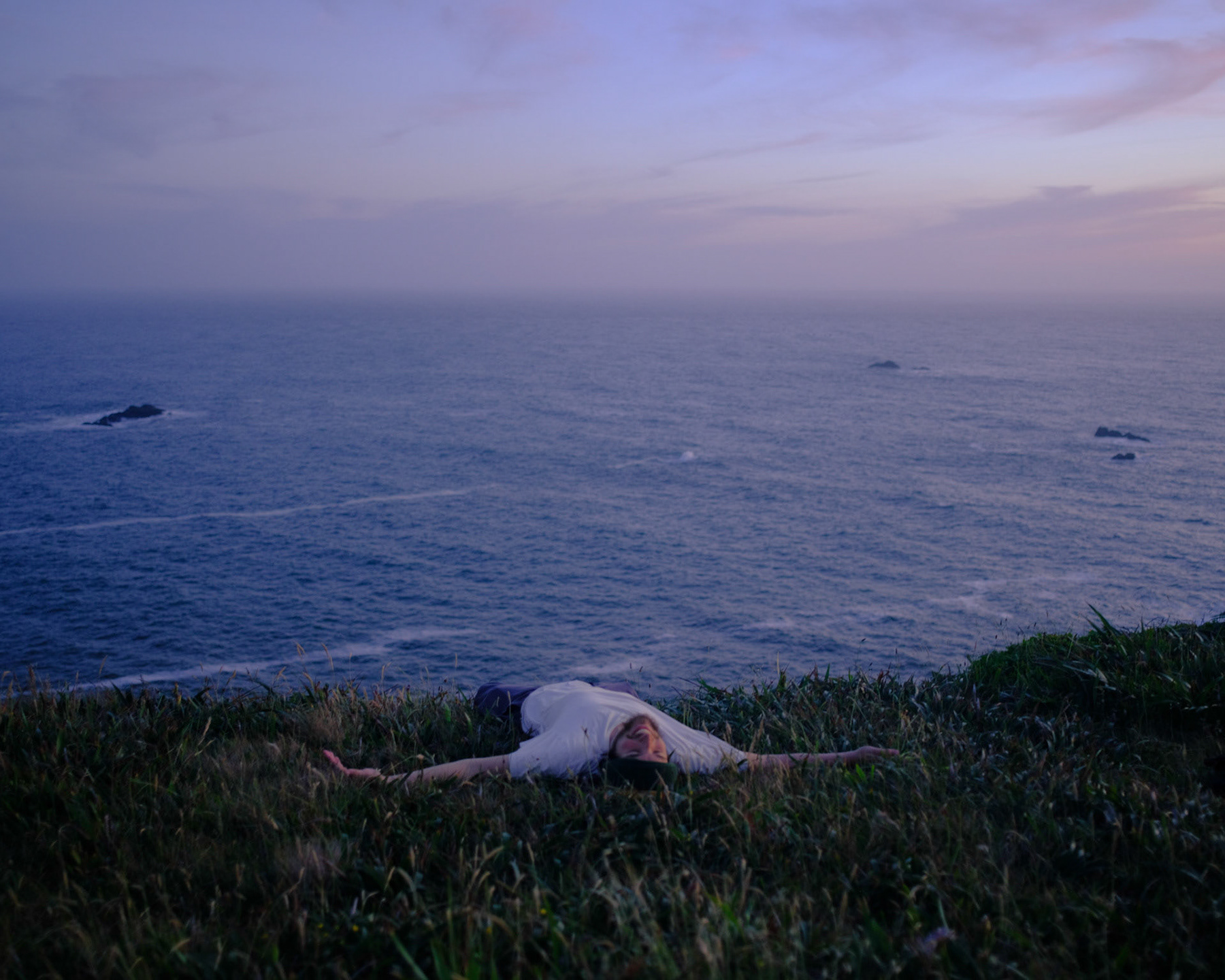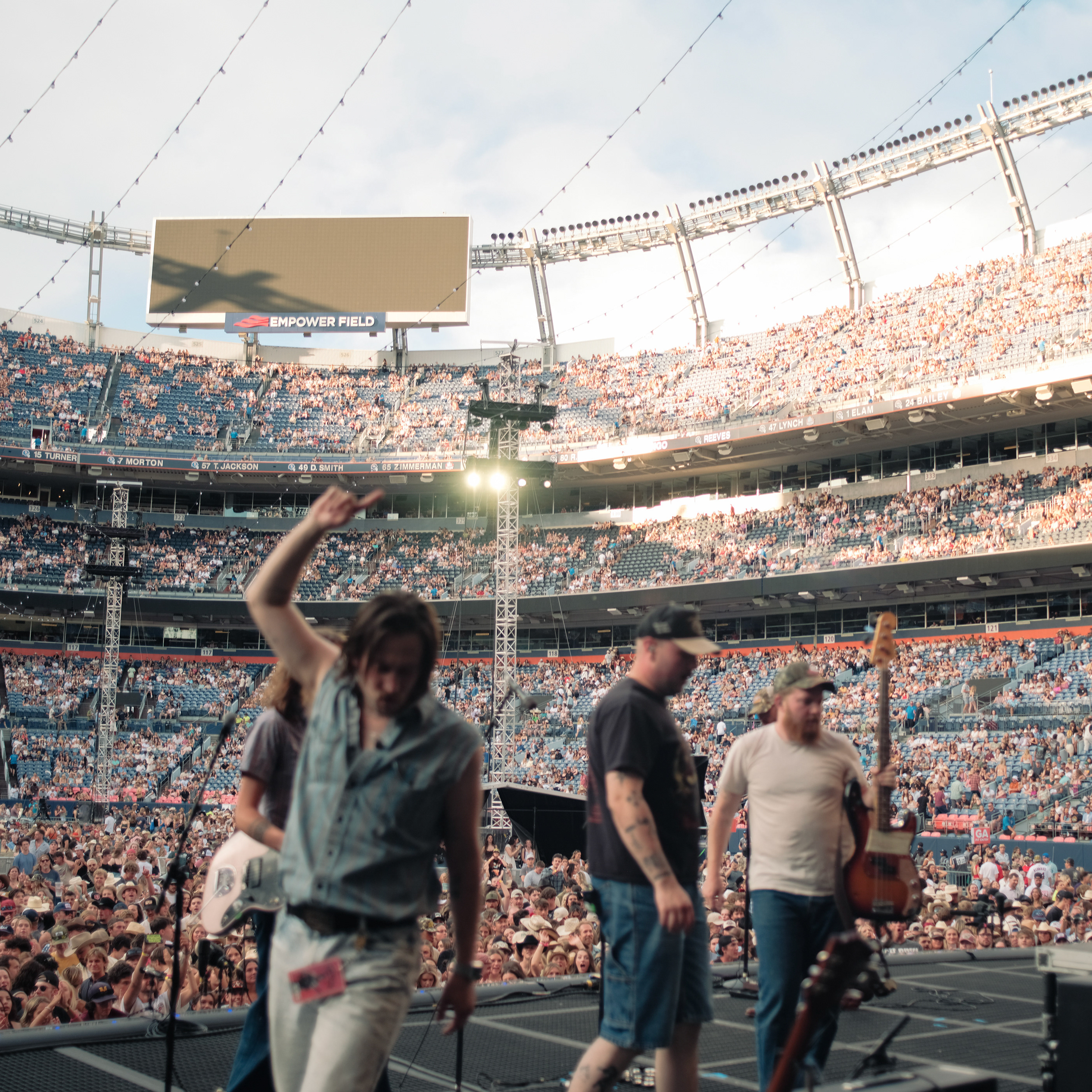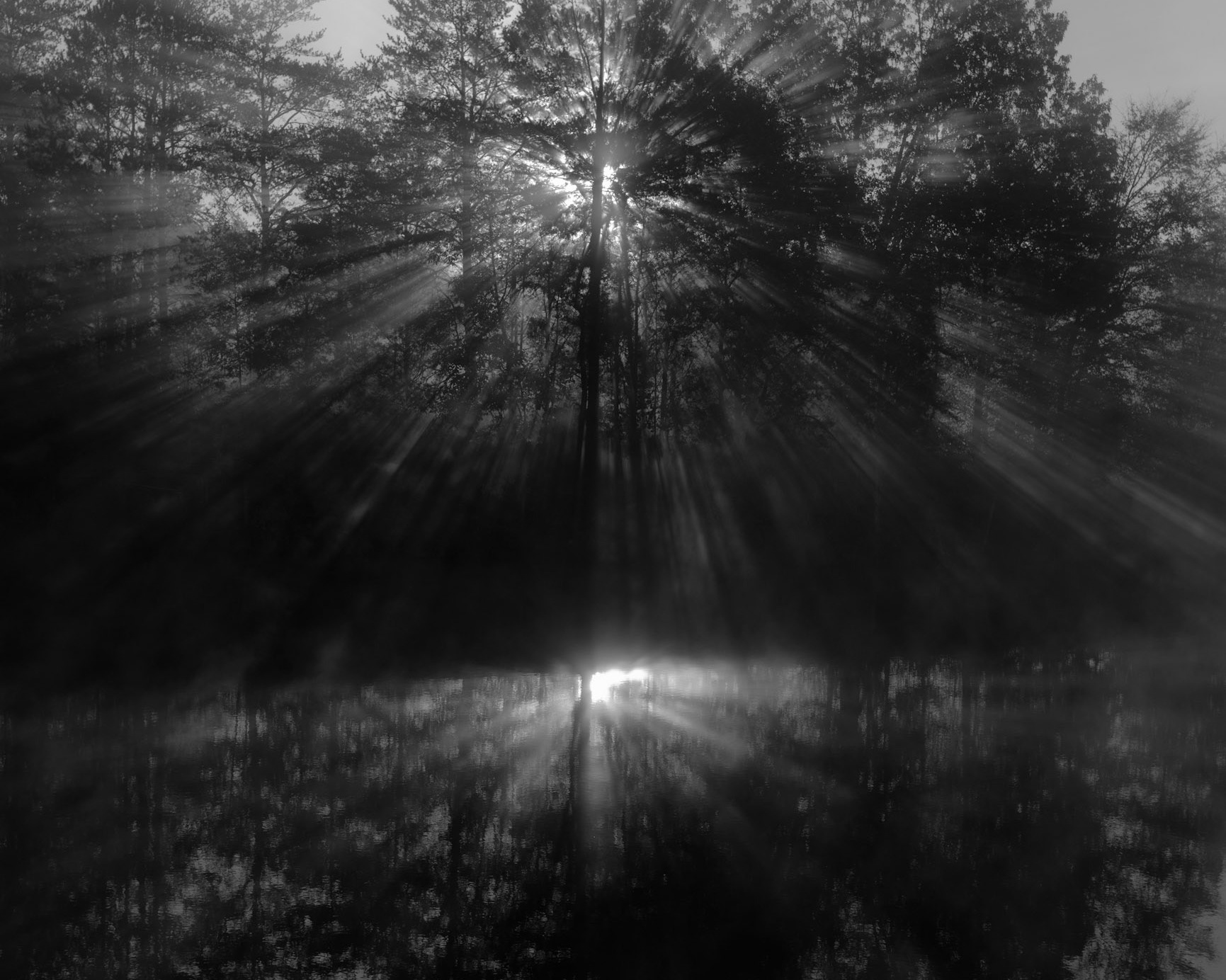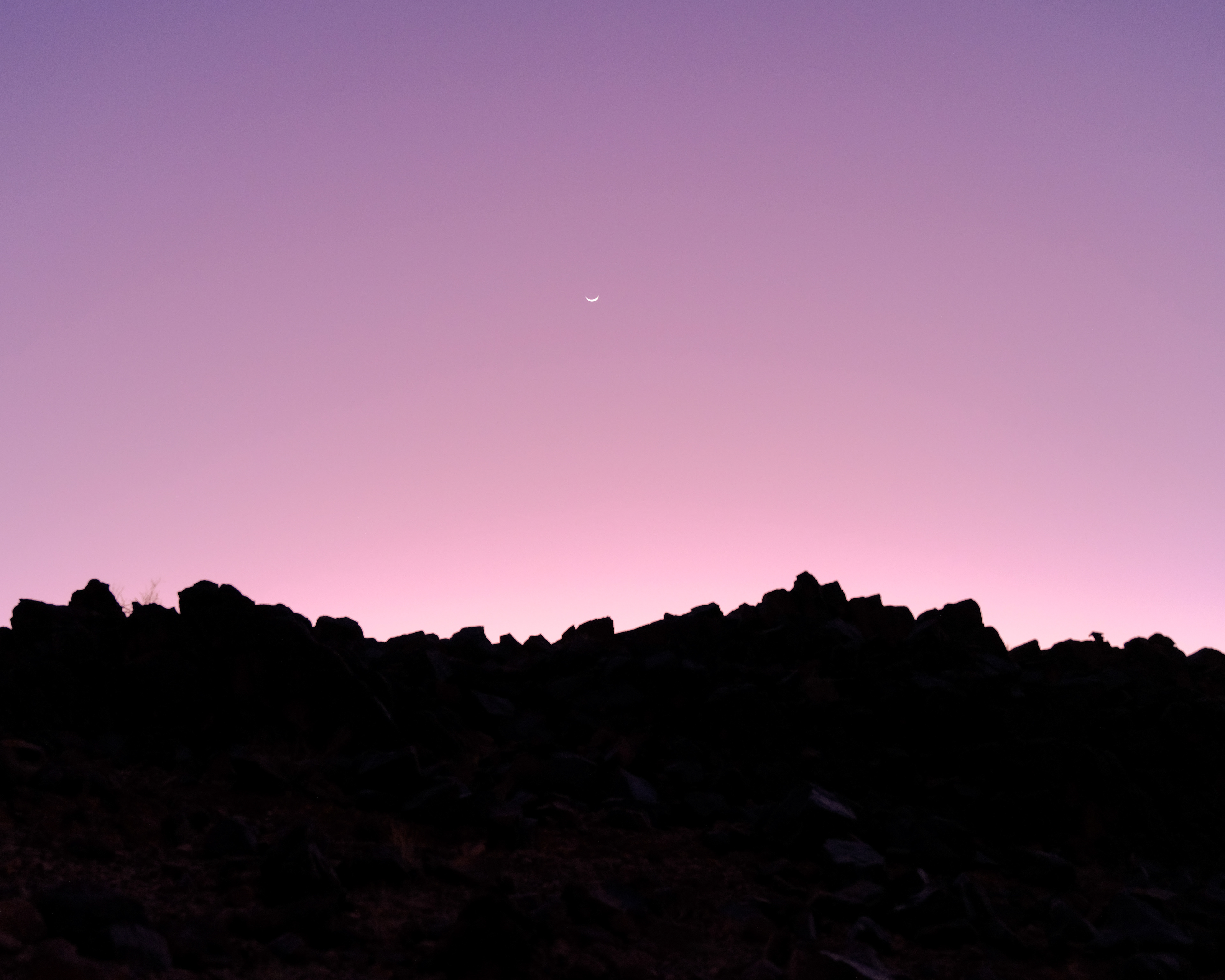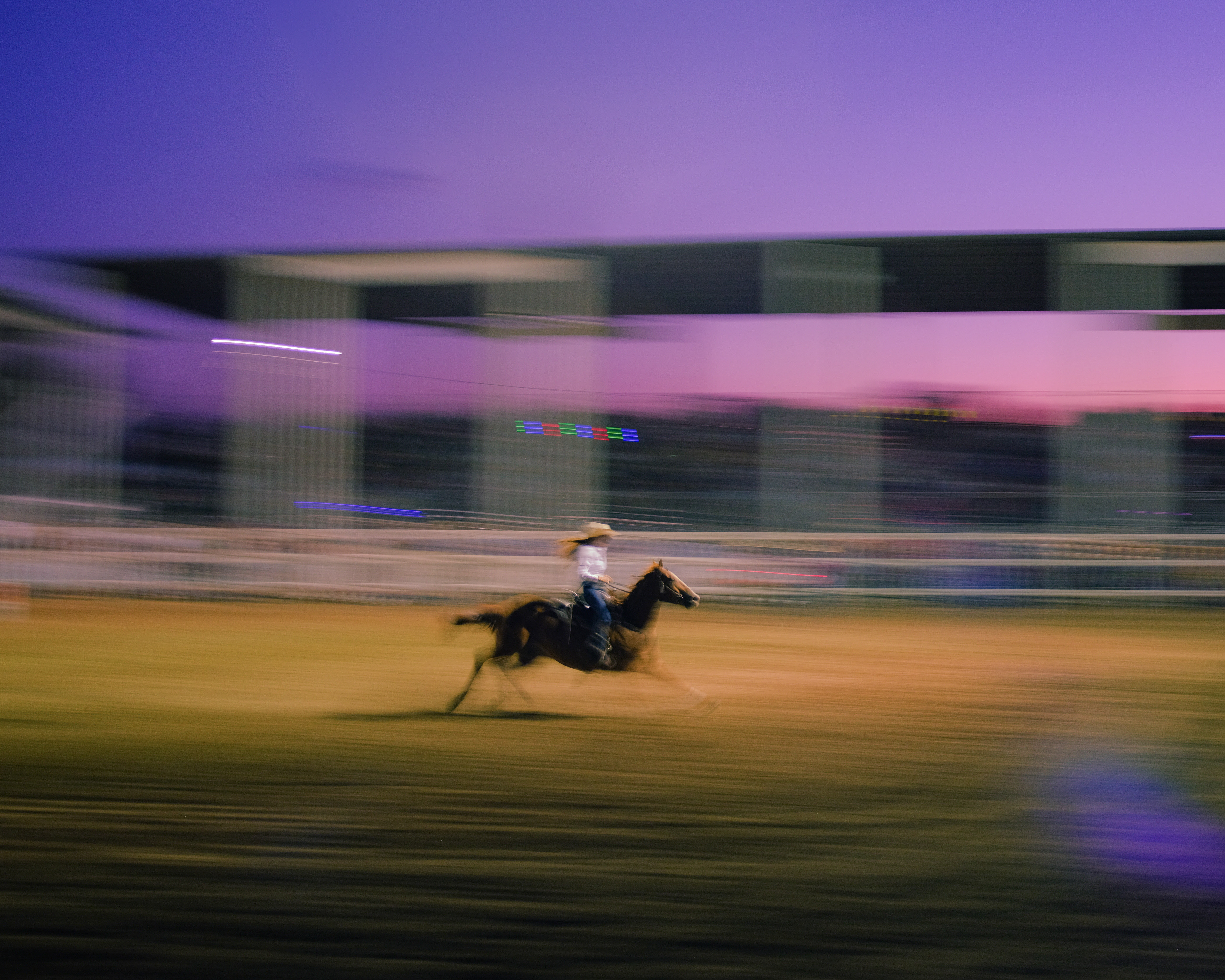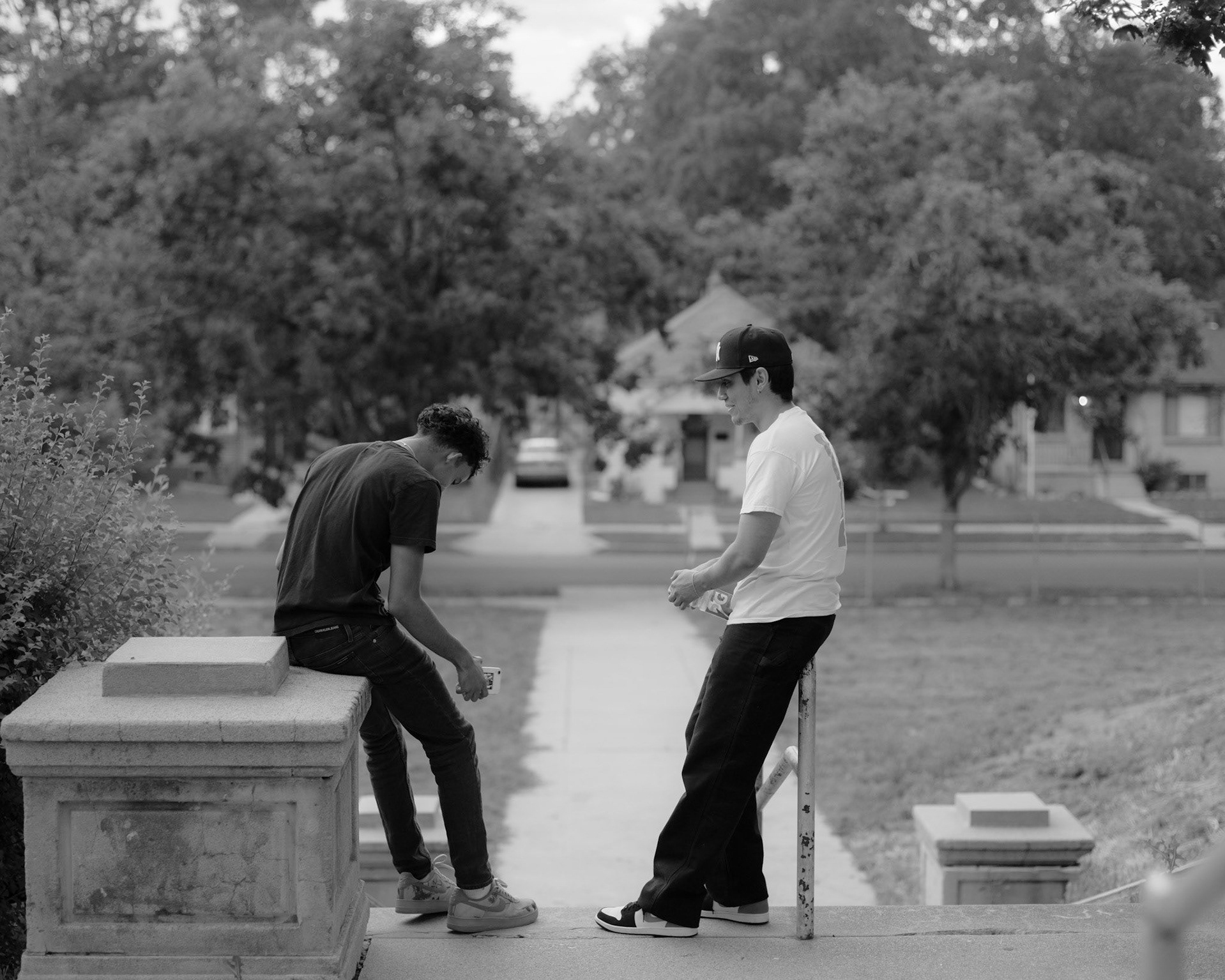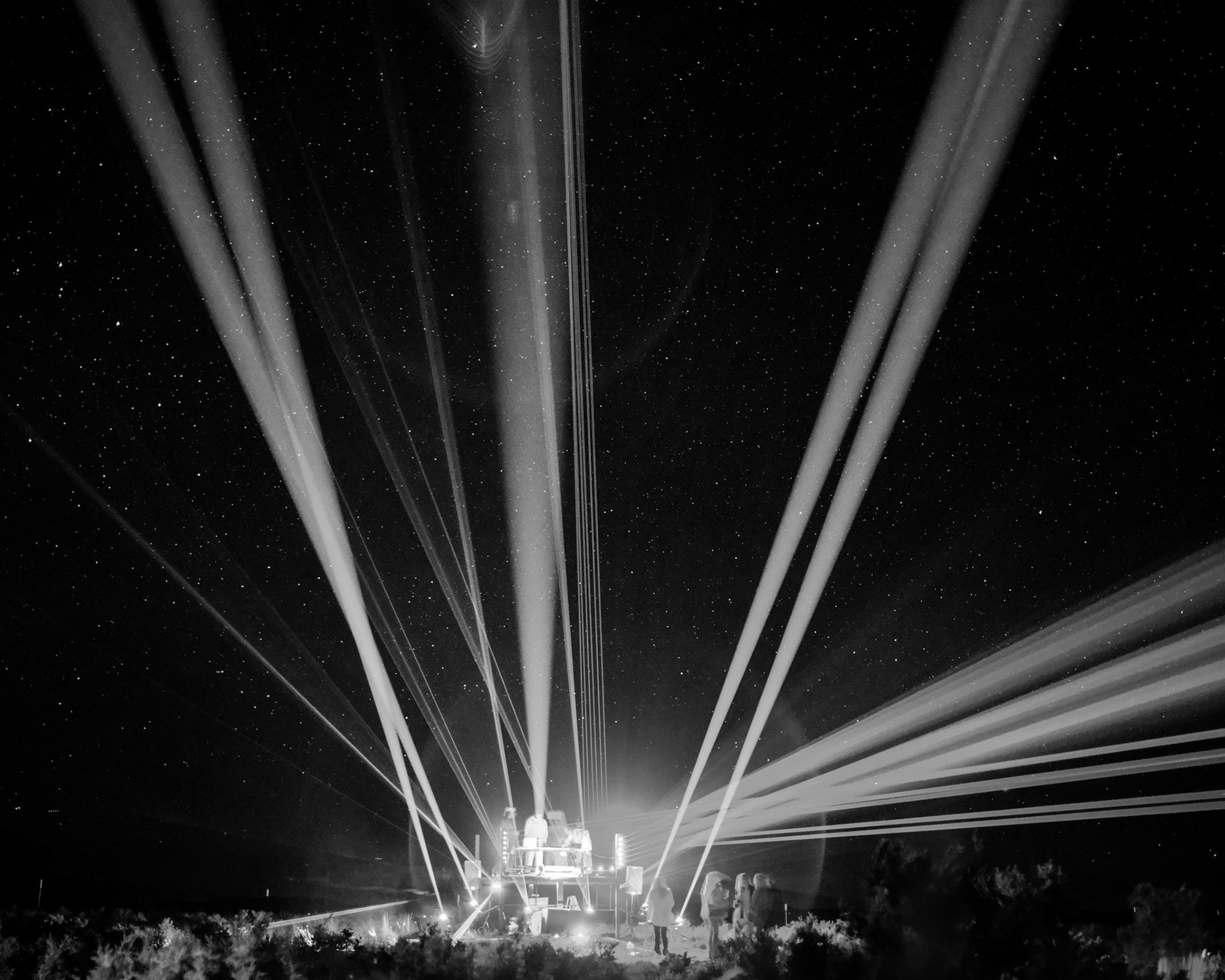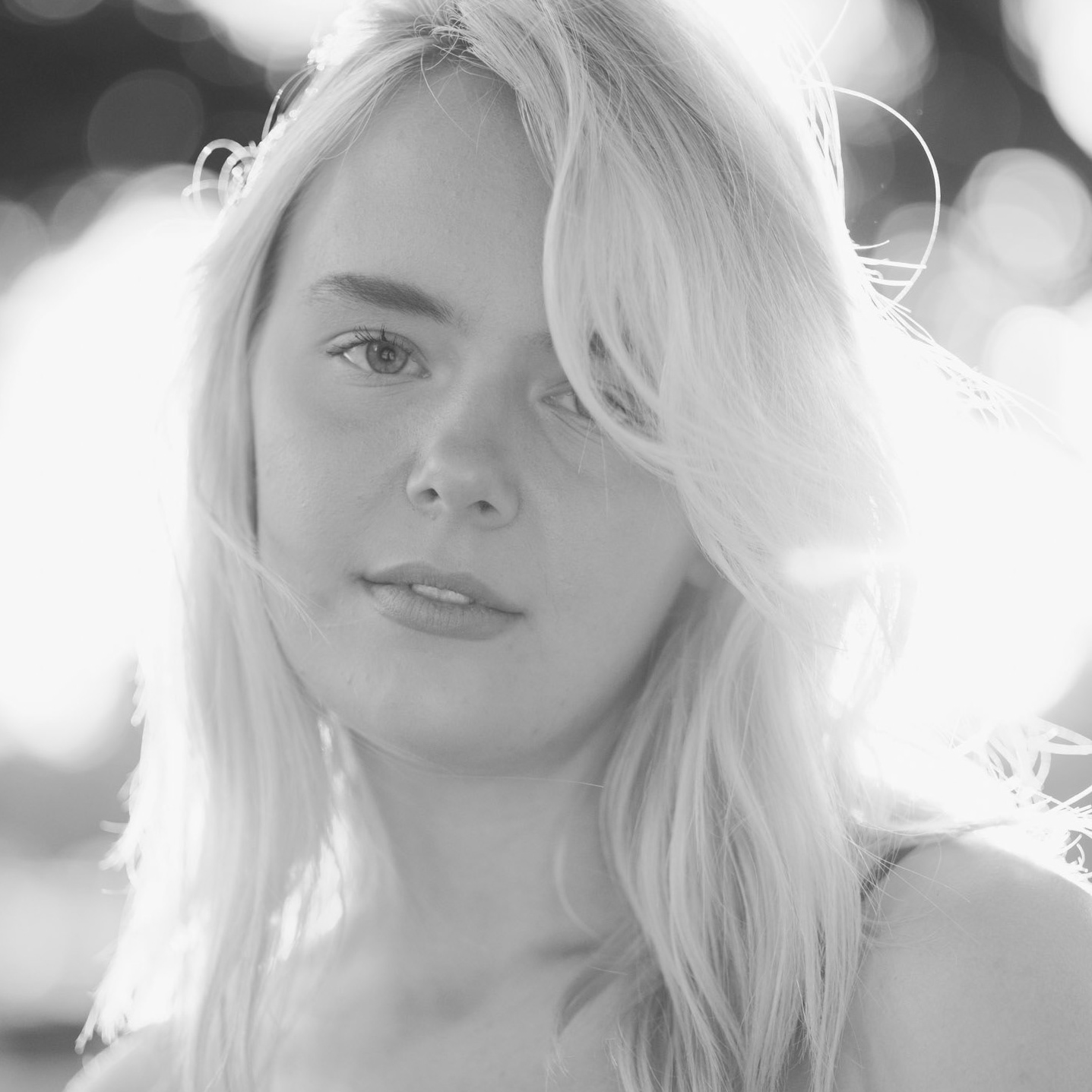"the more local you can be,
the better the world is globally"
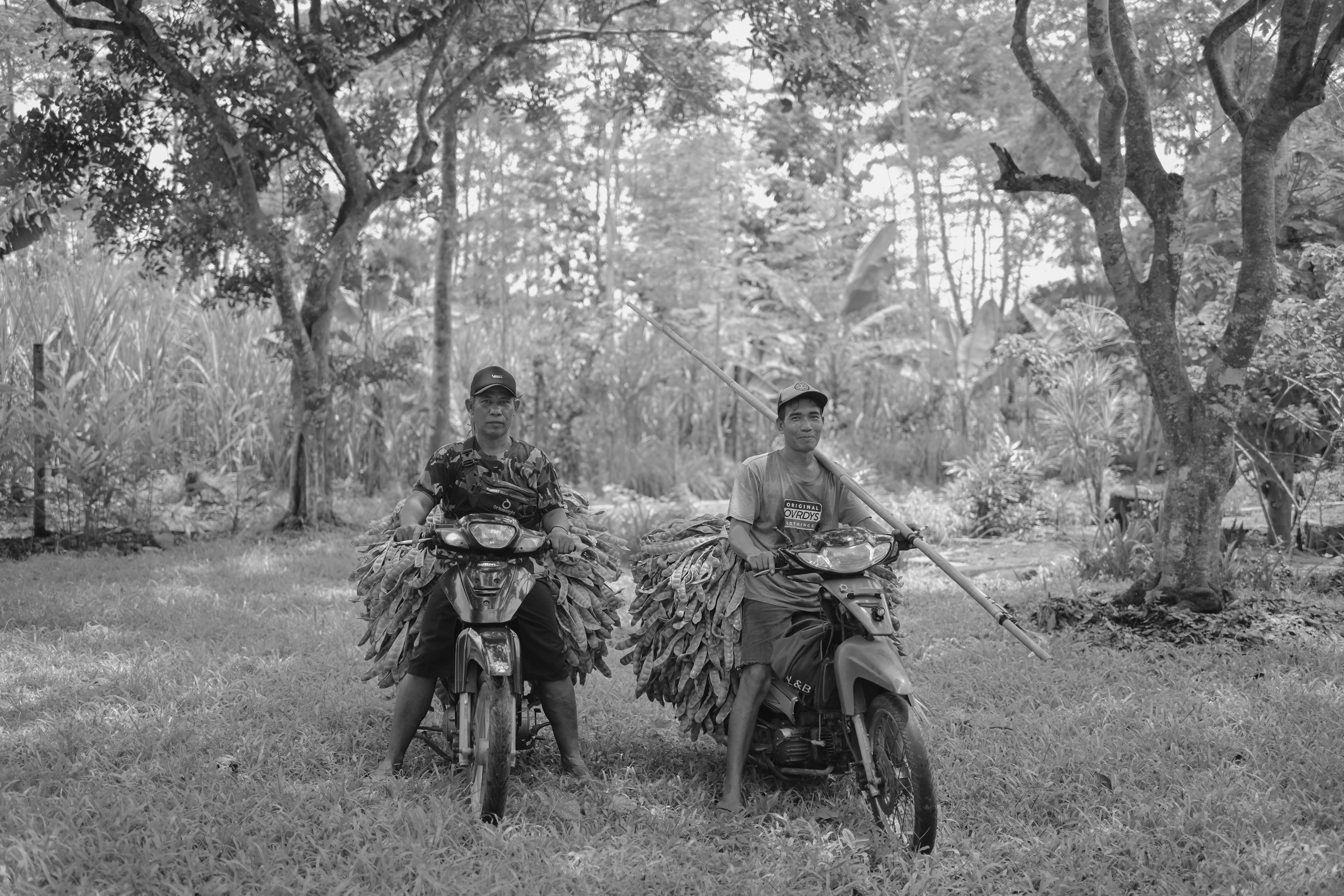

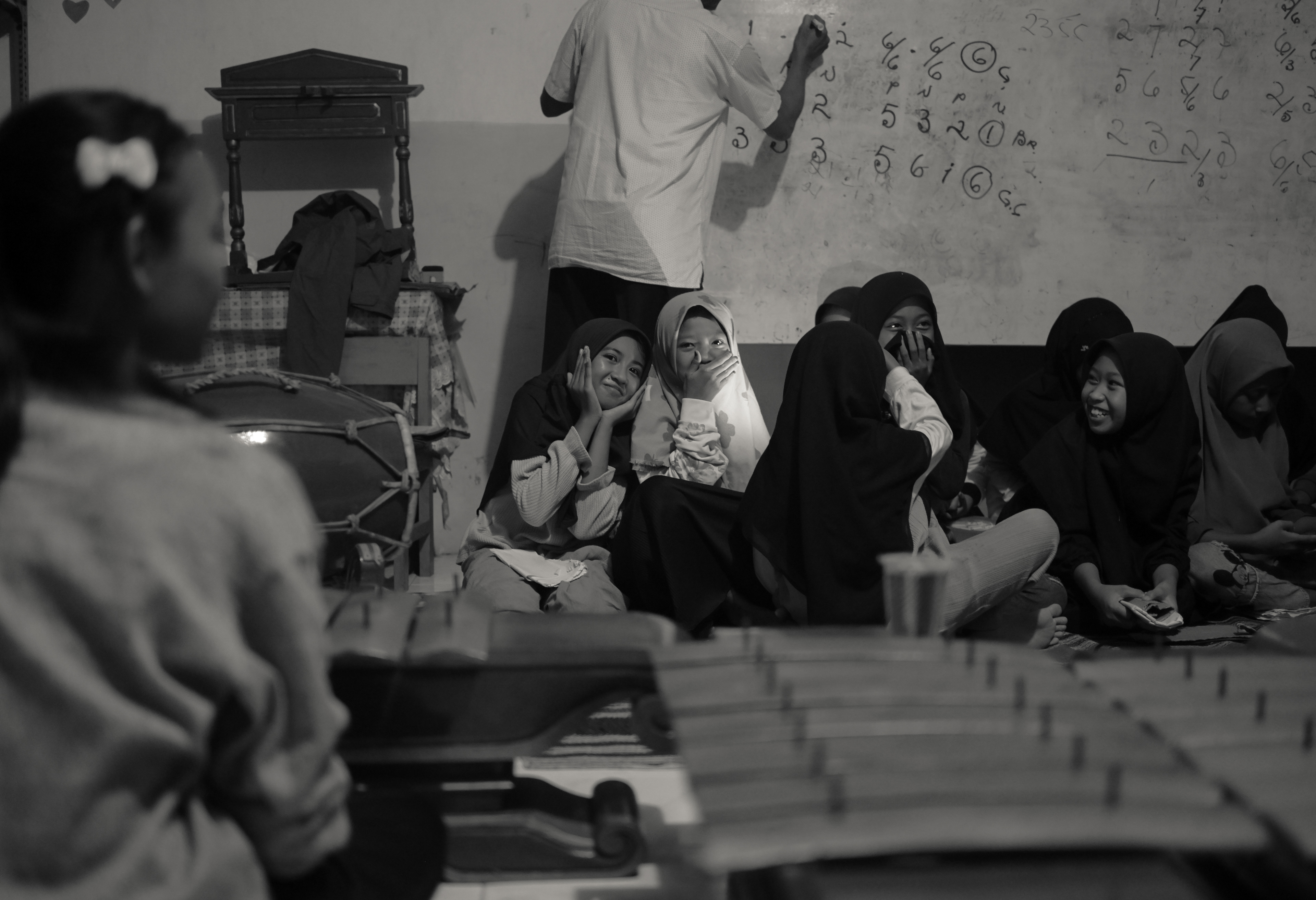
Omah Sinau Gesang, translating to "A Home of Life Learning", is a center focused on educating Indonesia about the impacts of globalization from food sourcing, over consumption, cost efficiencies, and connective communities. The solution is simple; a deep focus on local practices, for the betterment of the world as a whole.

the sugar man
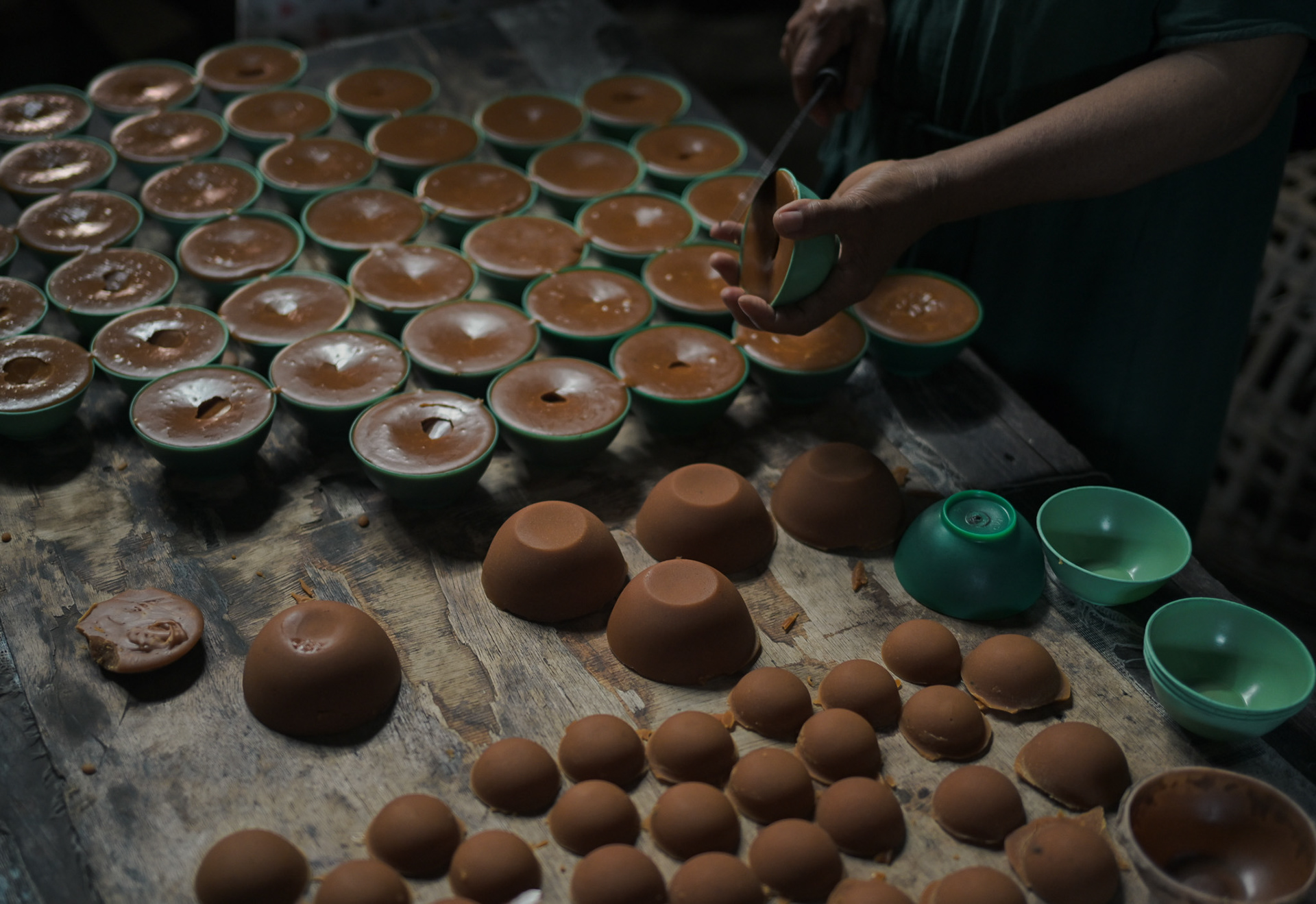
coconut sugar cups, sold every Friday
There's more coconut sugar than white sugar in the community, all of it being made by one couple. At 73, he still goes up in the trees to collect coconuts for him and his wife to convert to sugar.
To encourage tourism to the area, the government instructed locals to learn how to make international foods like donuts and spaghetti.
"But we have our foods that we know how to make well, and want to share with the world".
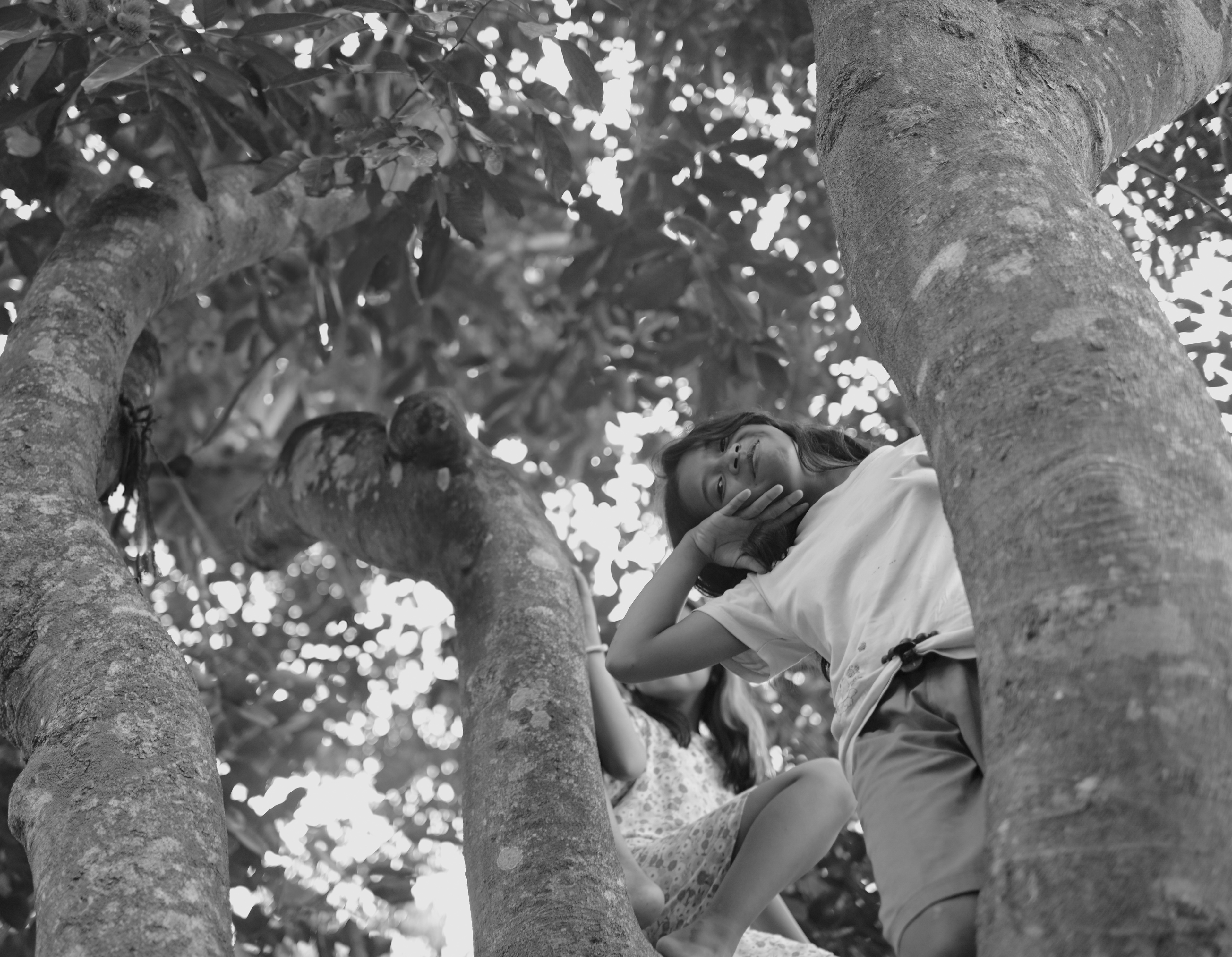
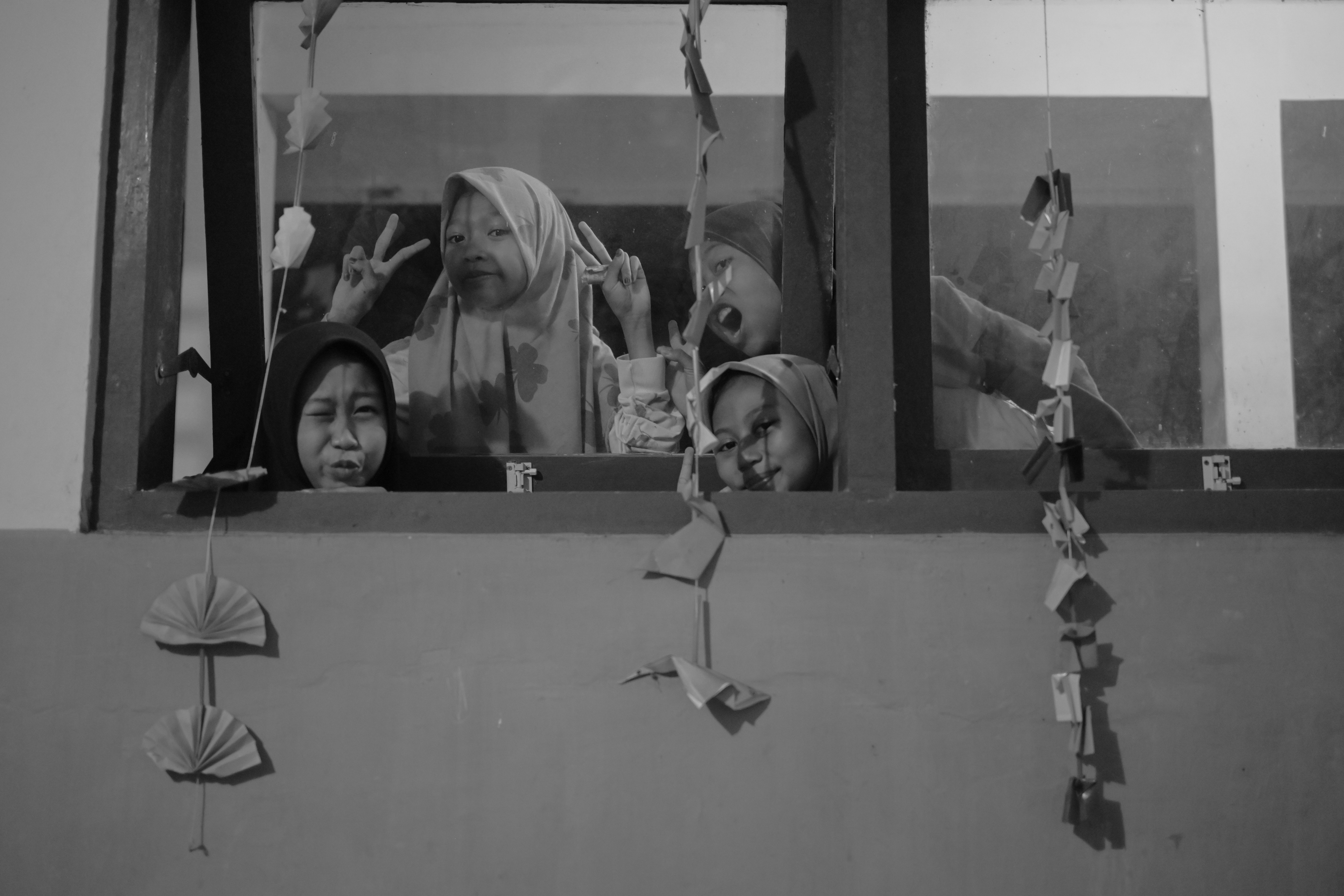
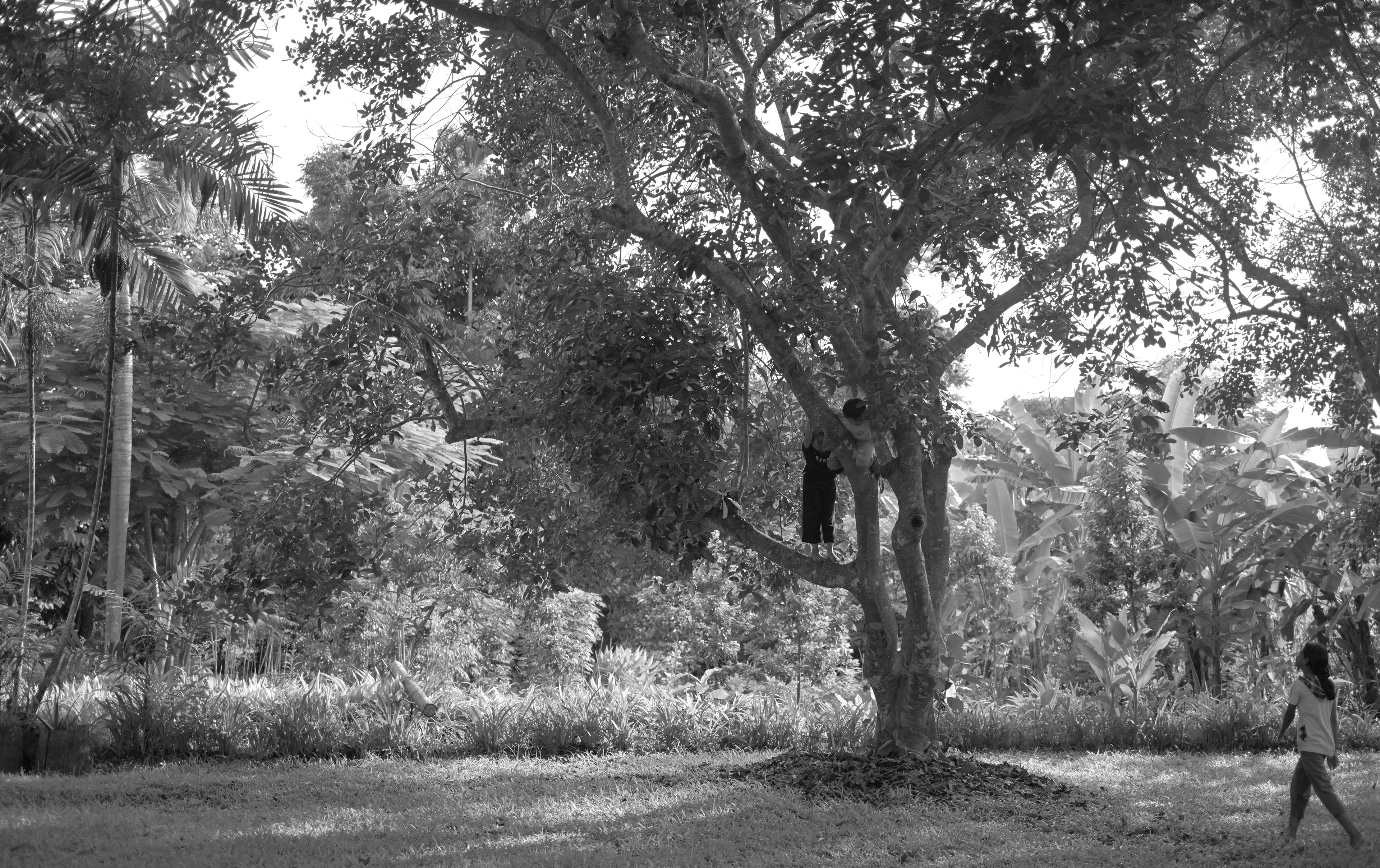
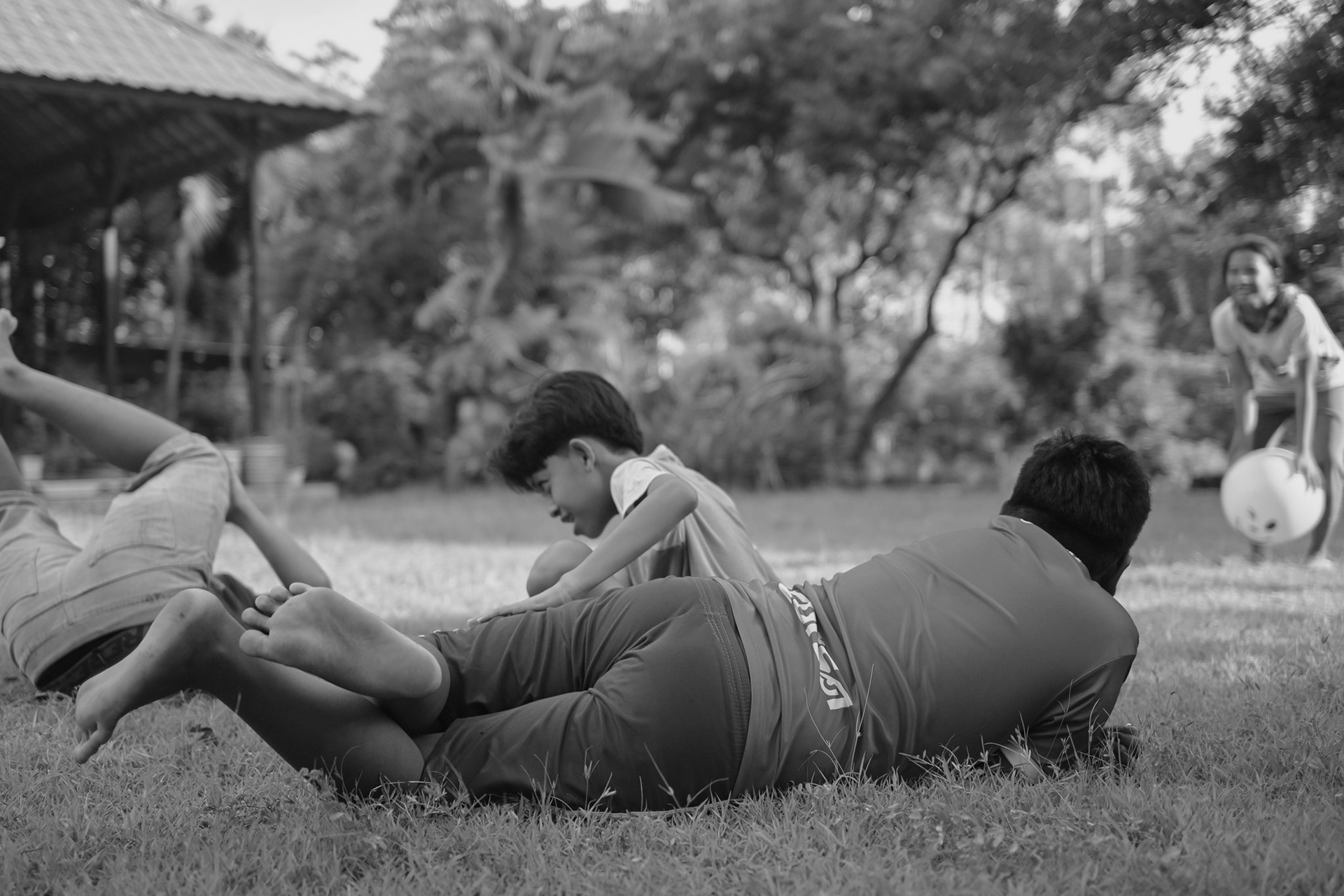

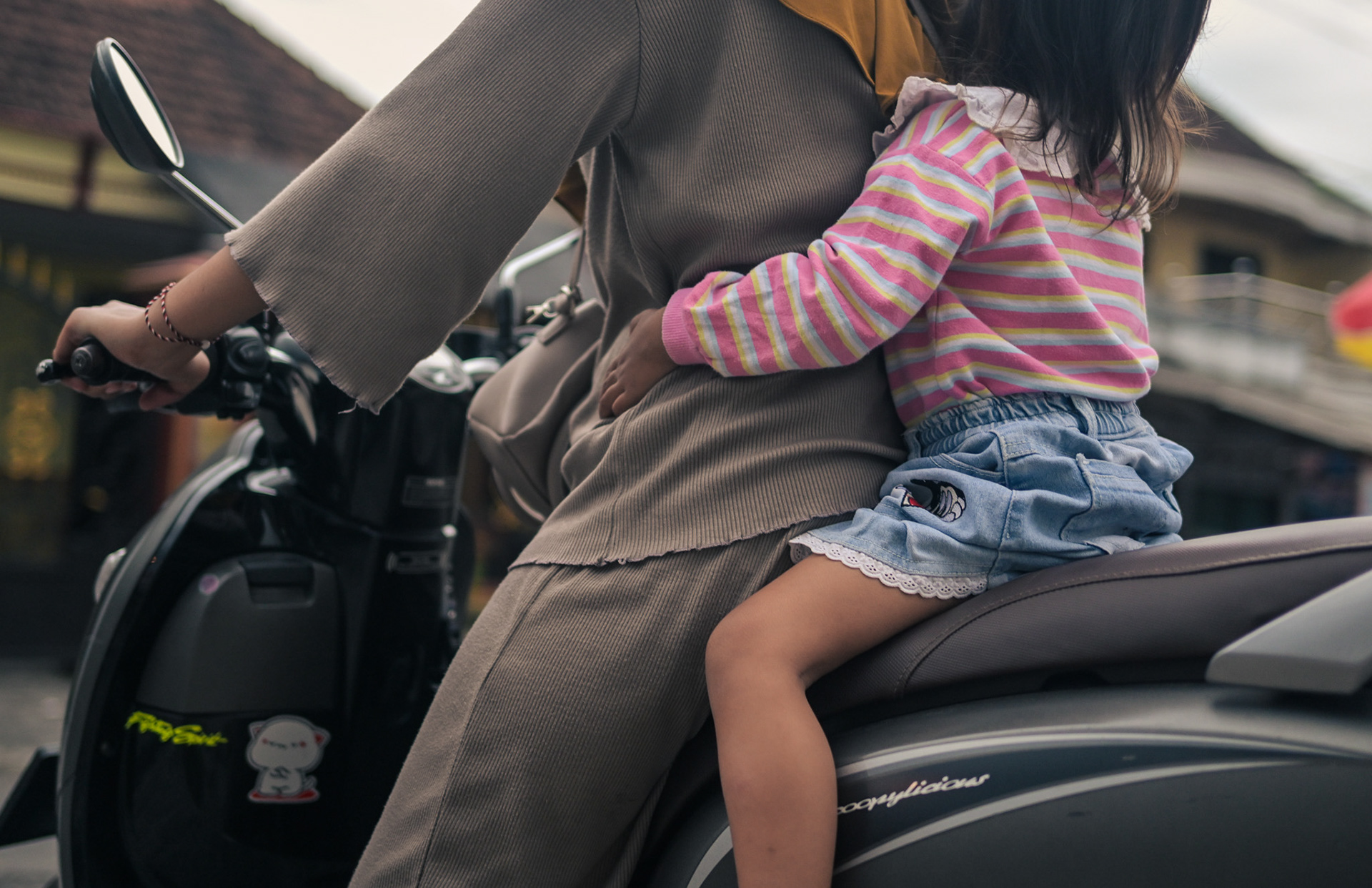

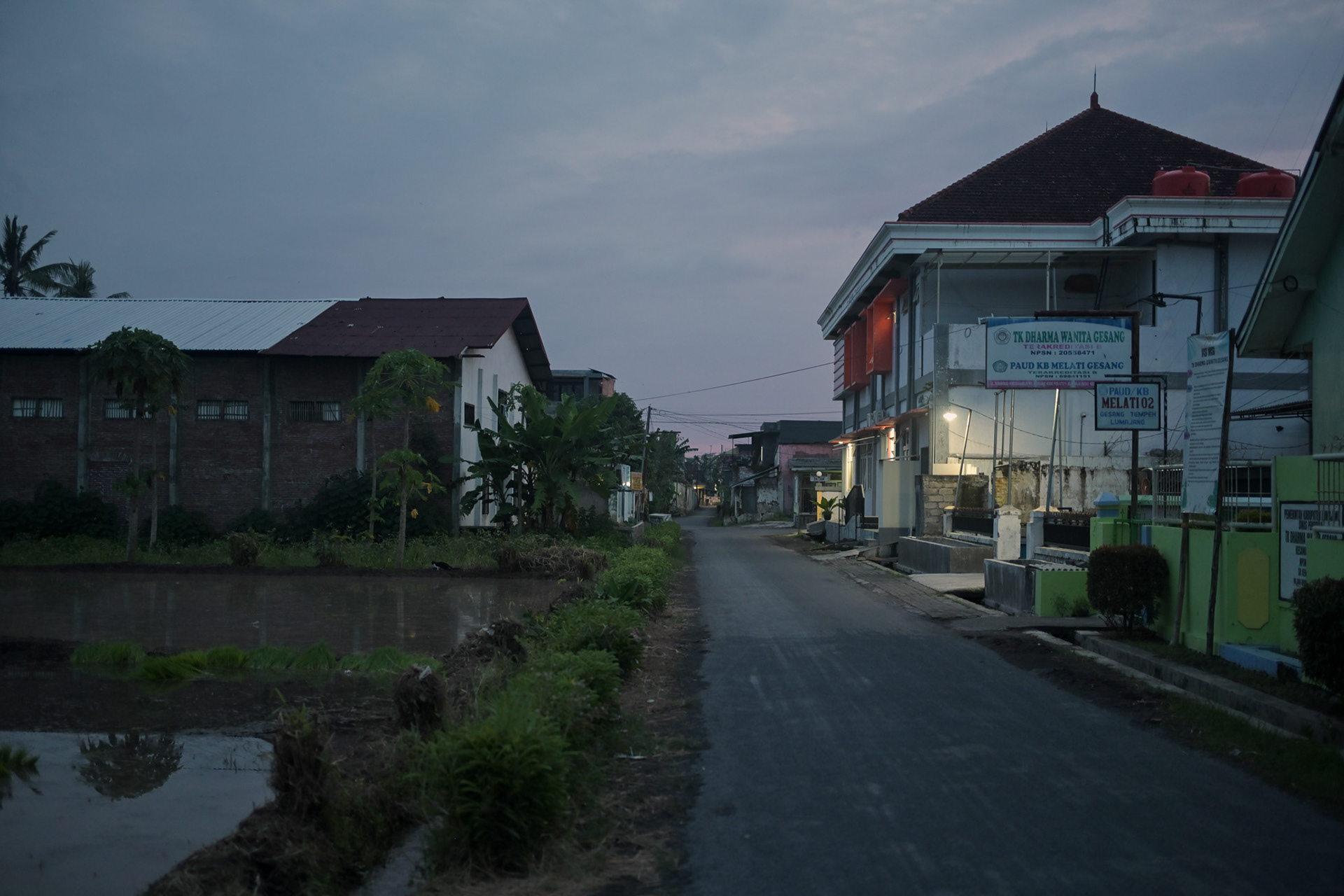
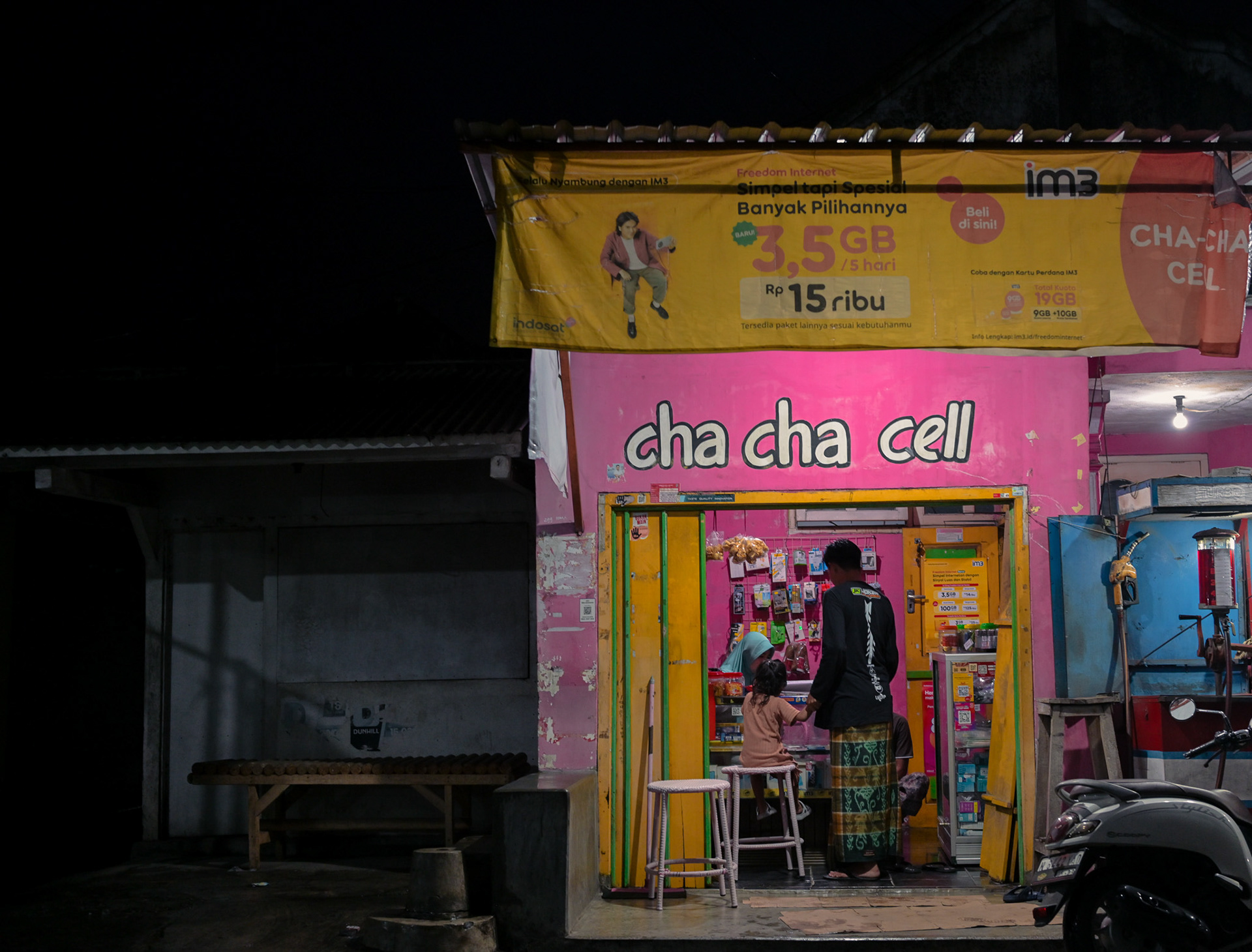
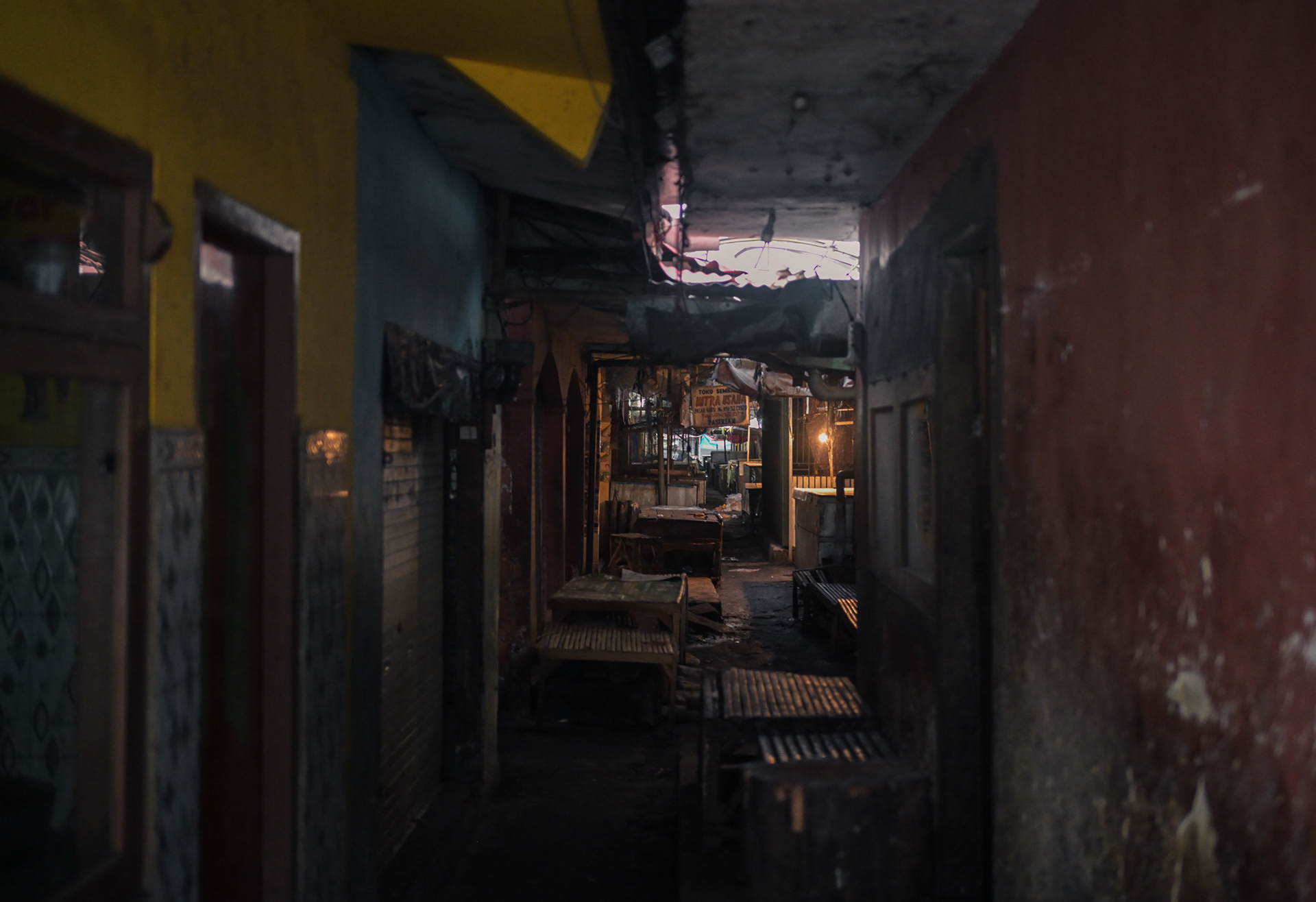
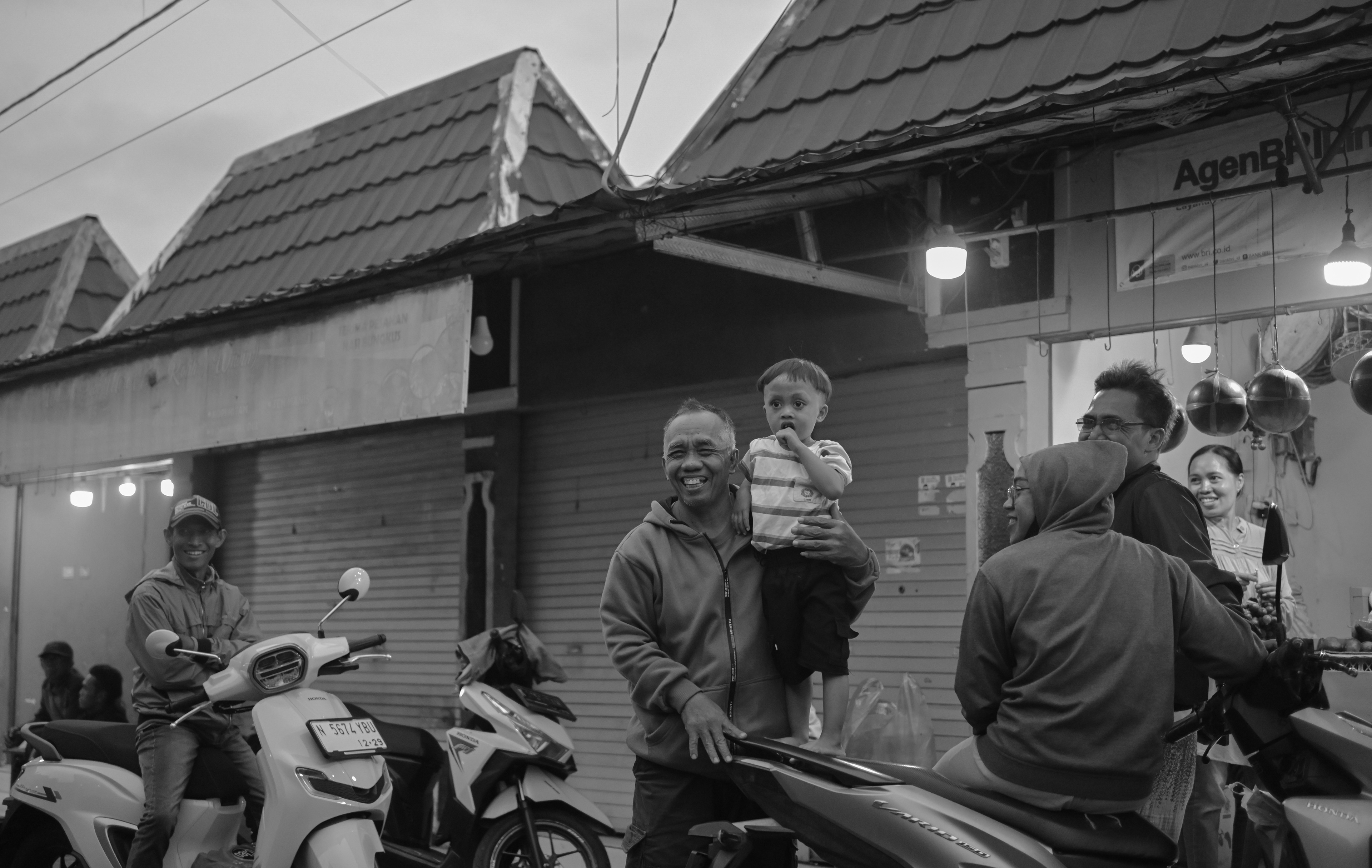
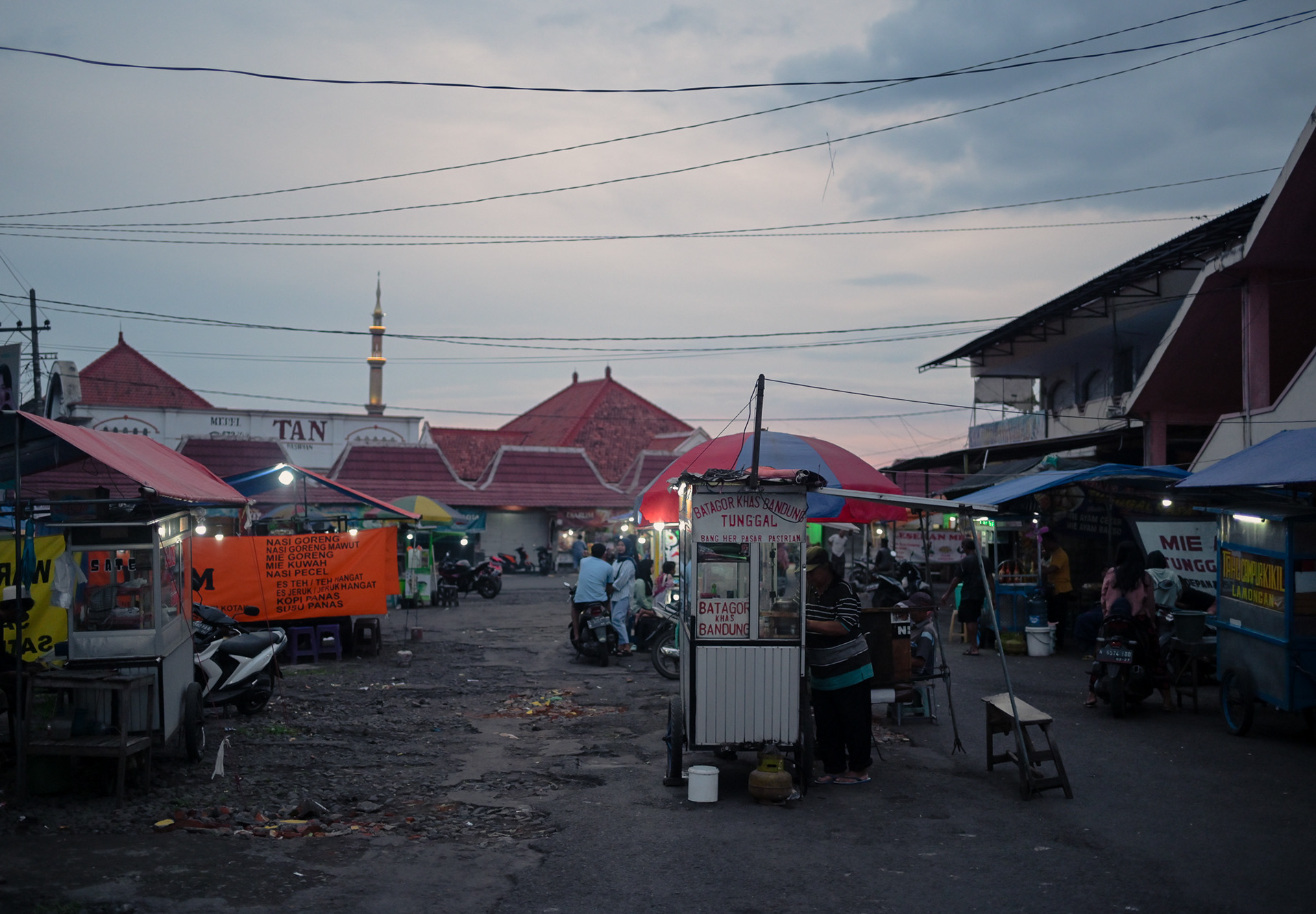
For them it starts with education and self appreciation.
According to Asih, the founder of OSG, many of the youth who are now growing up with social media, primarily a reflection of western culture, are seeing the way others online live and seek that out. And so new desires are growing in the community: trendy cafes, volume of products, and chain stores.
Many of the people growing up now fail to realize that what they have is incredibly valuable, and needs to be protected. The valley still operates on natural production and local exchange, a rarity that once left is difficult to return back to.
Notes on India by Robert Bohm perfectly described to me the patterns I was seeing on western visions and attitudes of South East Asia. In it, Bohm remarks on typical writings from westerners who go and visit the region to describe it with meaningless metaphysical comments like "'the underworld where Man knows he's in a dream'". These comments, he continues, is no help at getting at the real India, or the reality of any place for that matter.

products of the self named "banana valley"
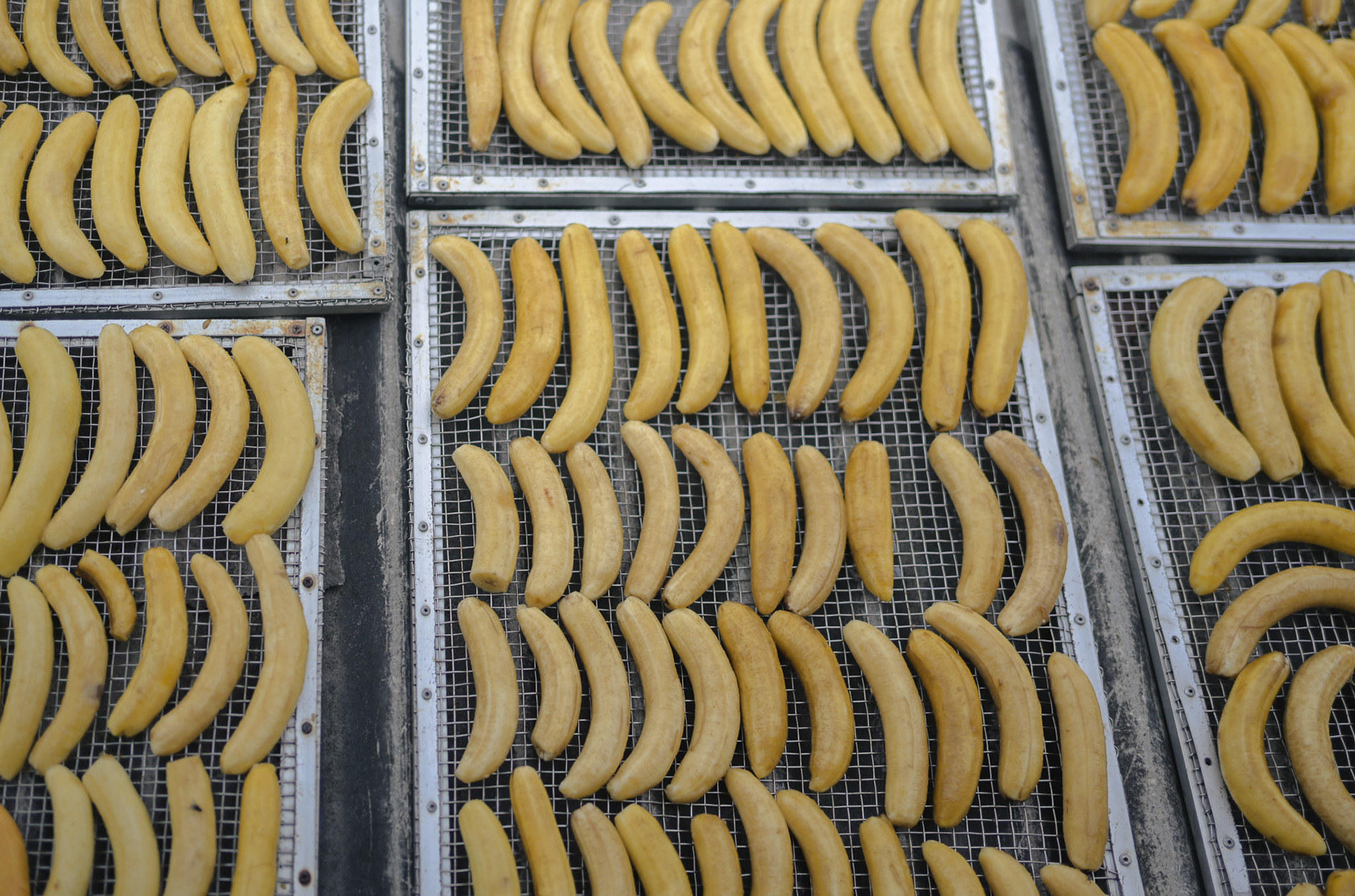
natural drying
The self indulgent poeticization has one final consequence: the dehumanization of a people.
"Marketplace briefs made up of distinct individuals are transformed in this weather writer's fantasy into 'crowds... like a vast gray amoeba'. The stage is set for objectification of a whole people"
My next global stop into the heart of something local is in Vietnam, where I stayed in a village on the edges of tourism and development to get a better understanding of all the possible daily lives that could be lived.
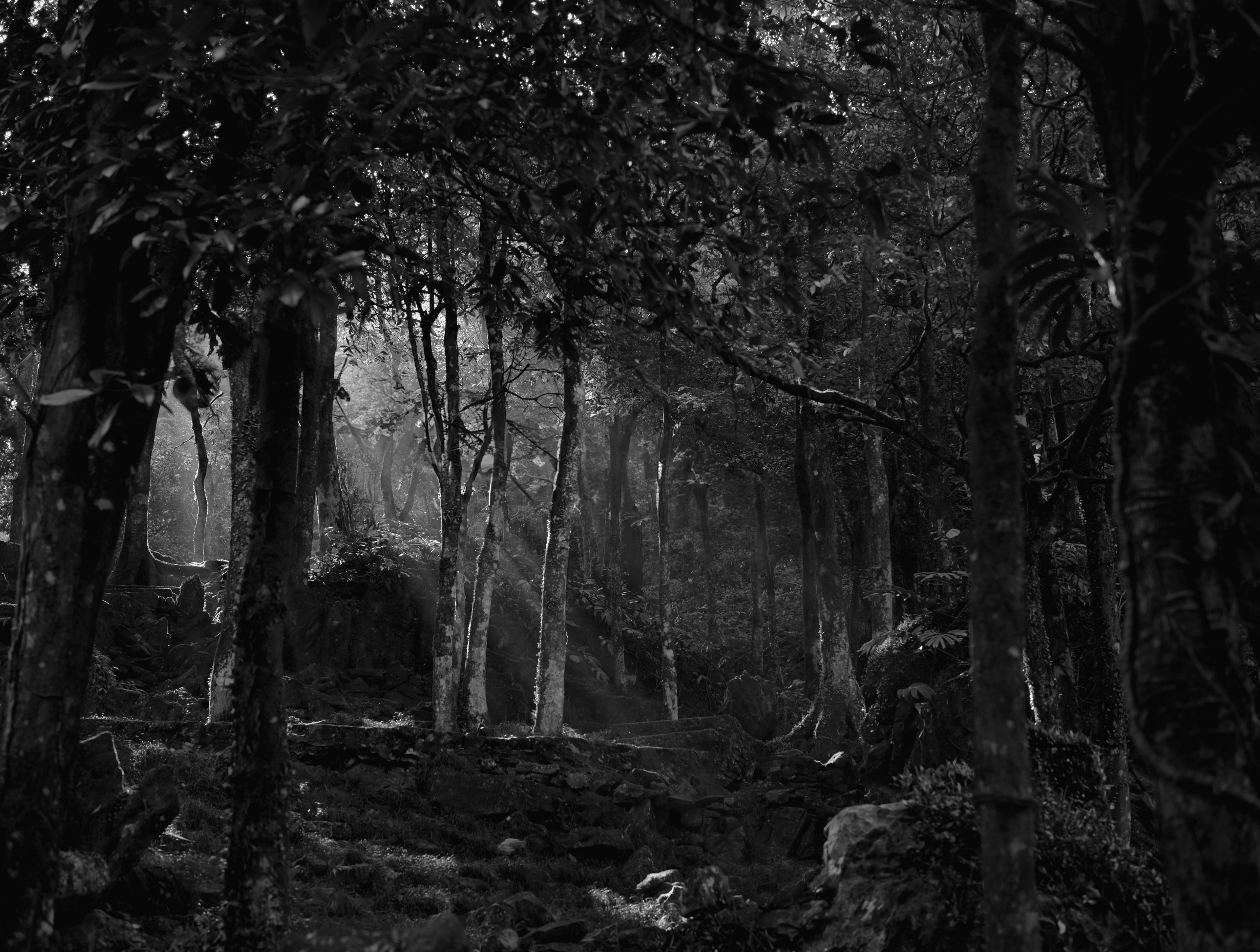
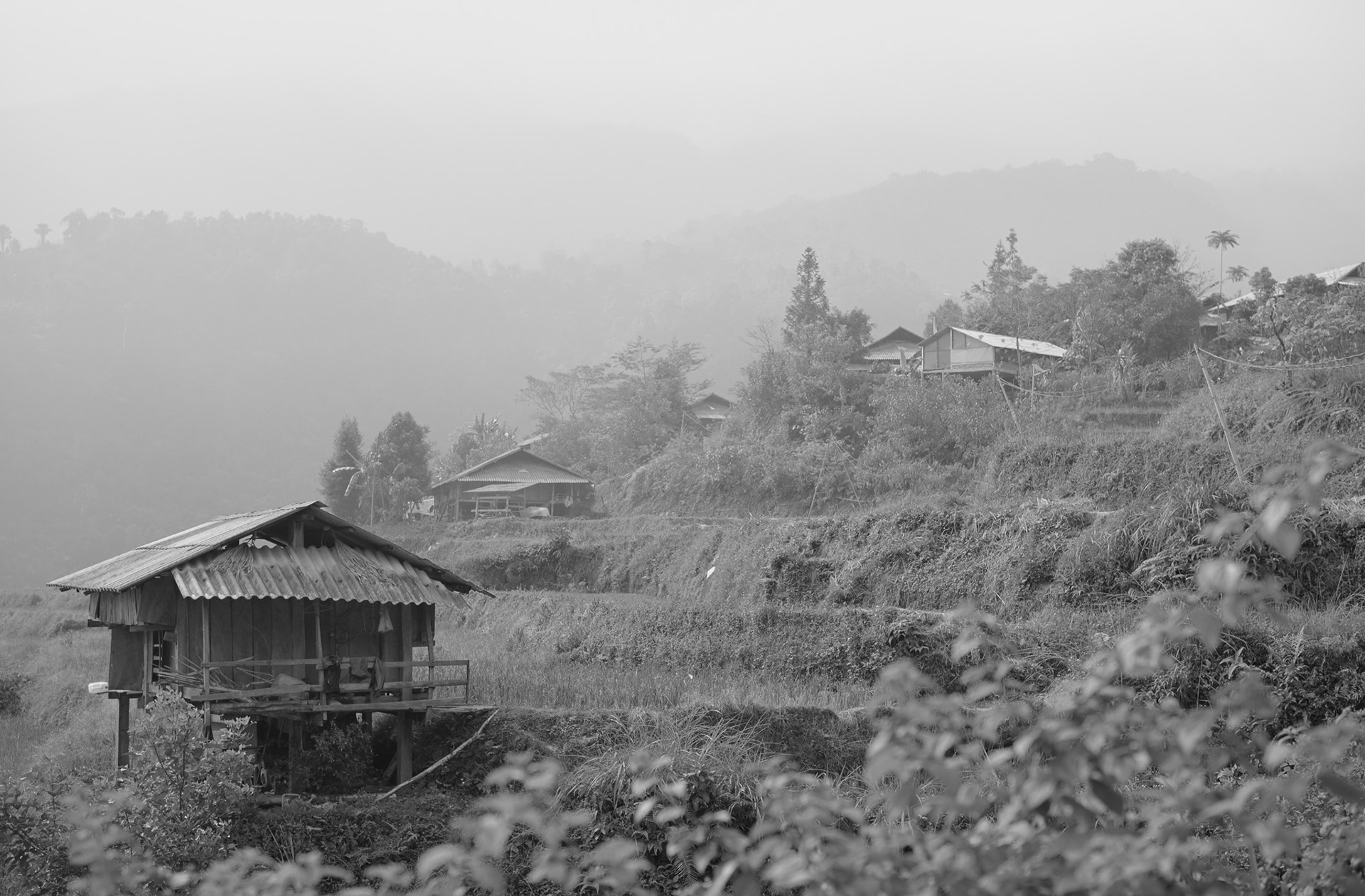
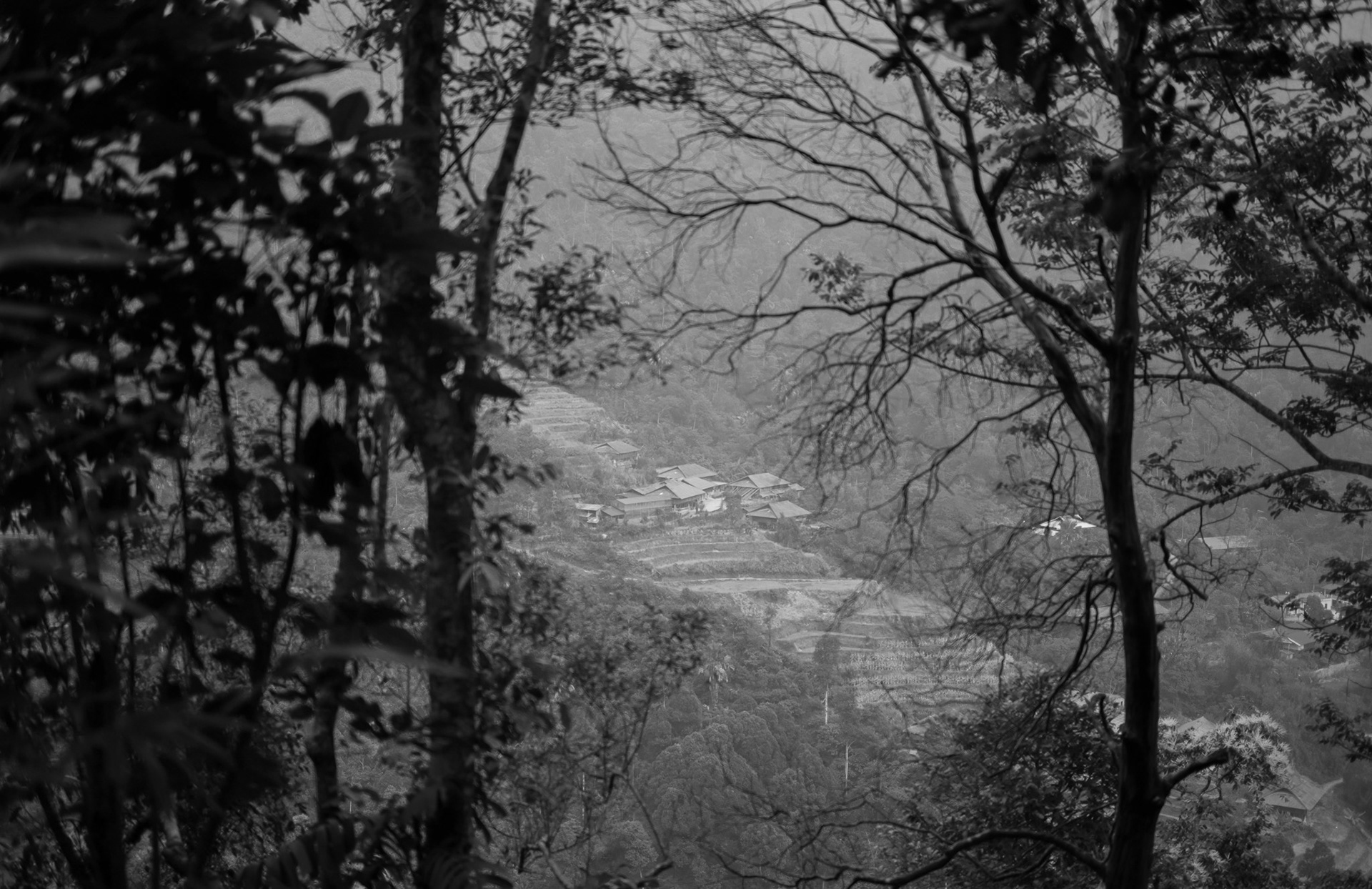
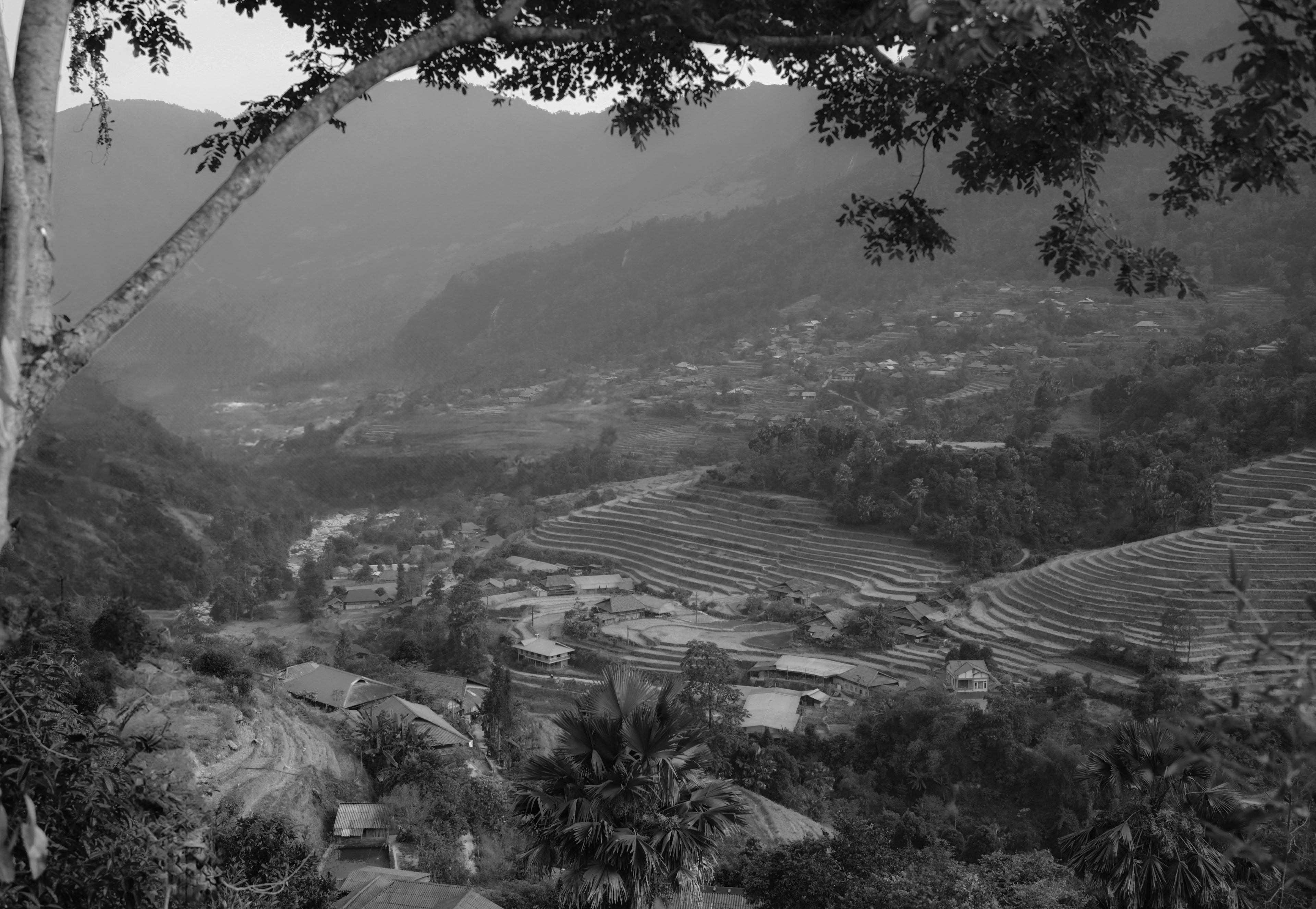
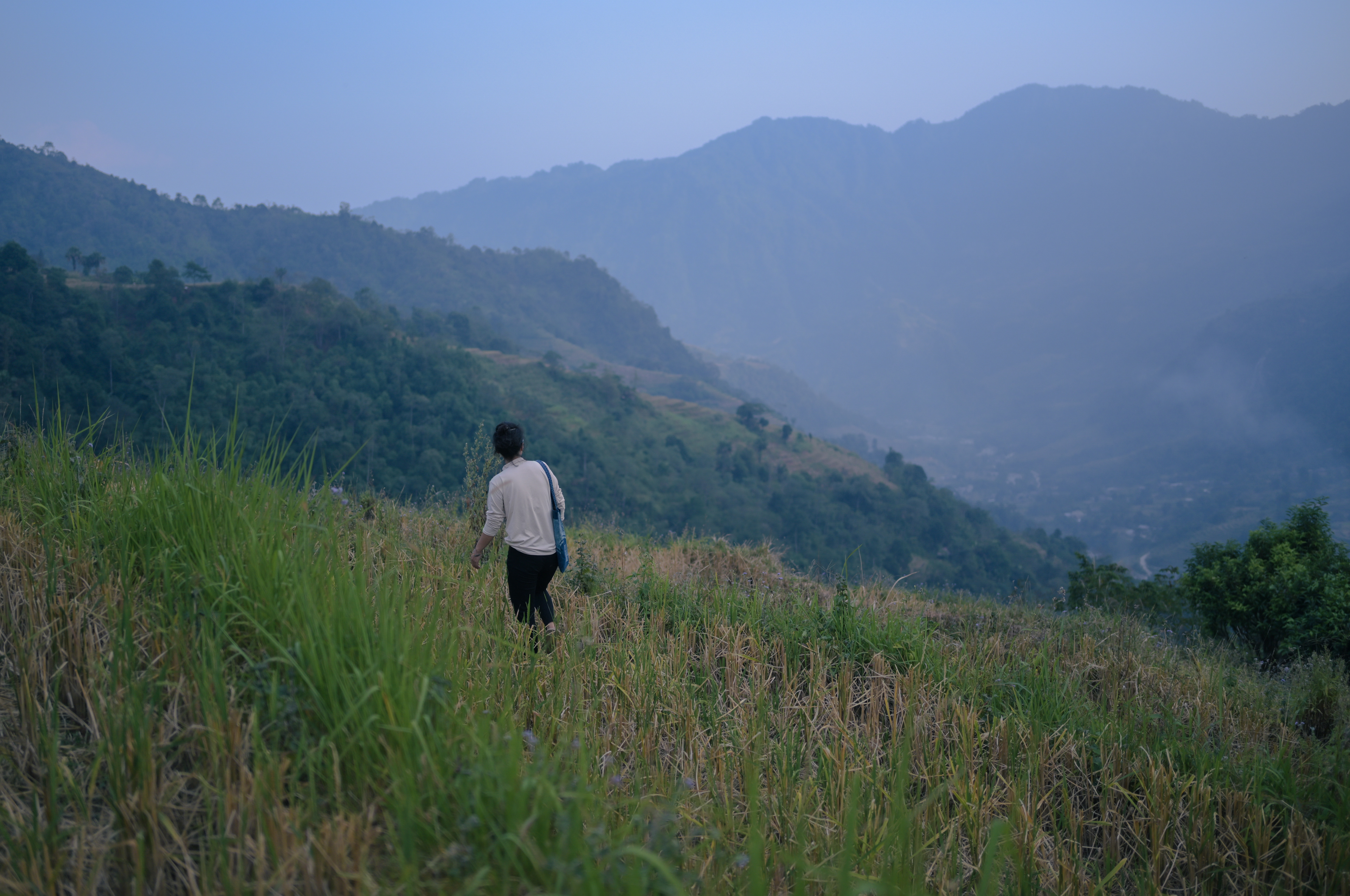
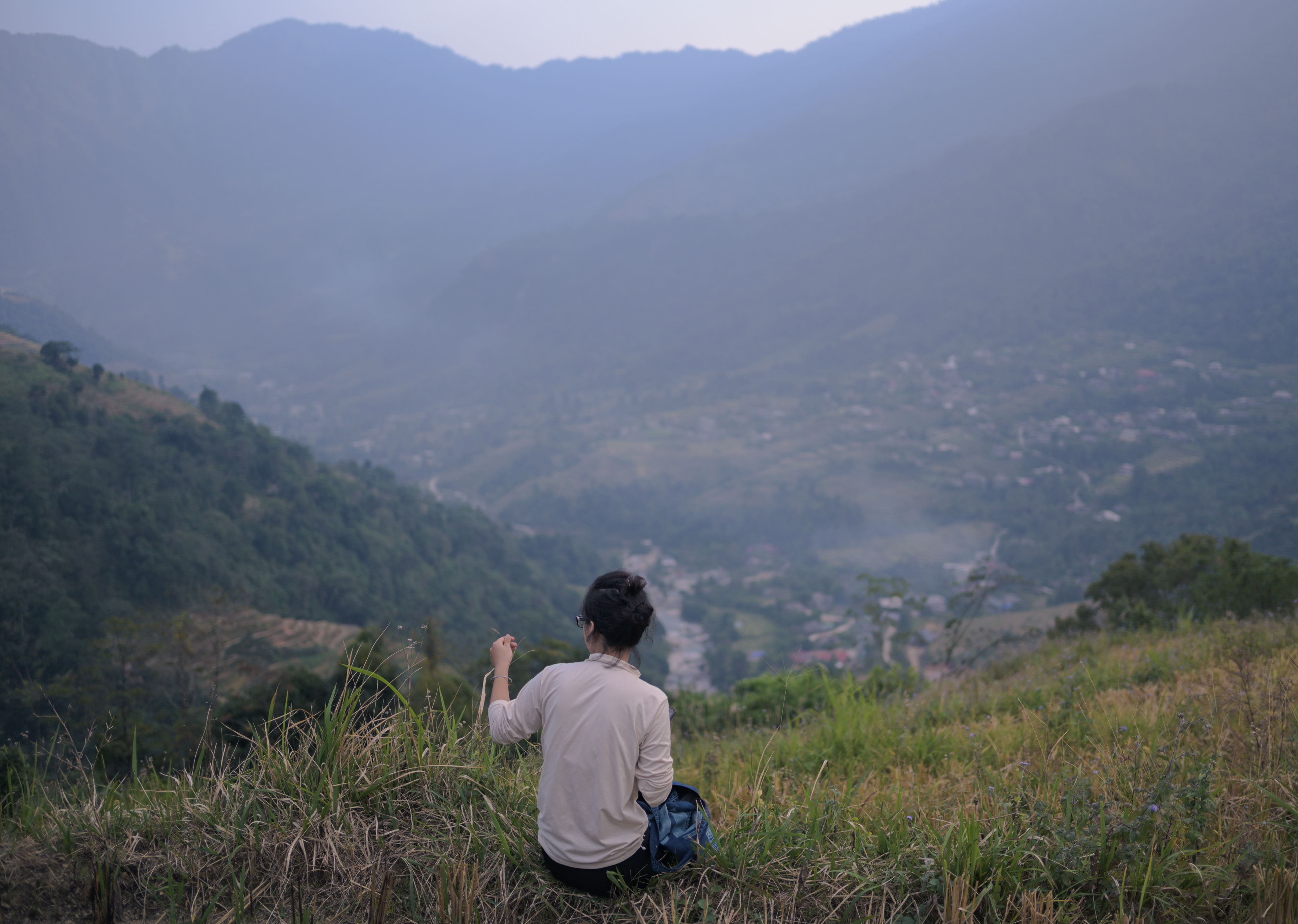
The homes dotted across the valley below were recently bought up by a development company hoping to build hotels and other tourism related infrastructure.
It will be the first time people other than the traditional caretakers of the land are stewards of this mountain valley.
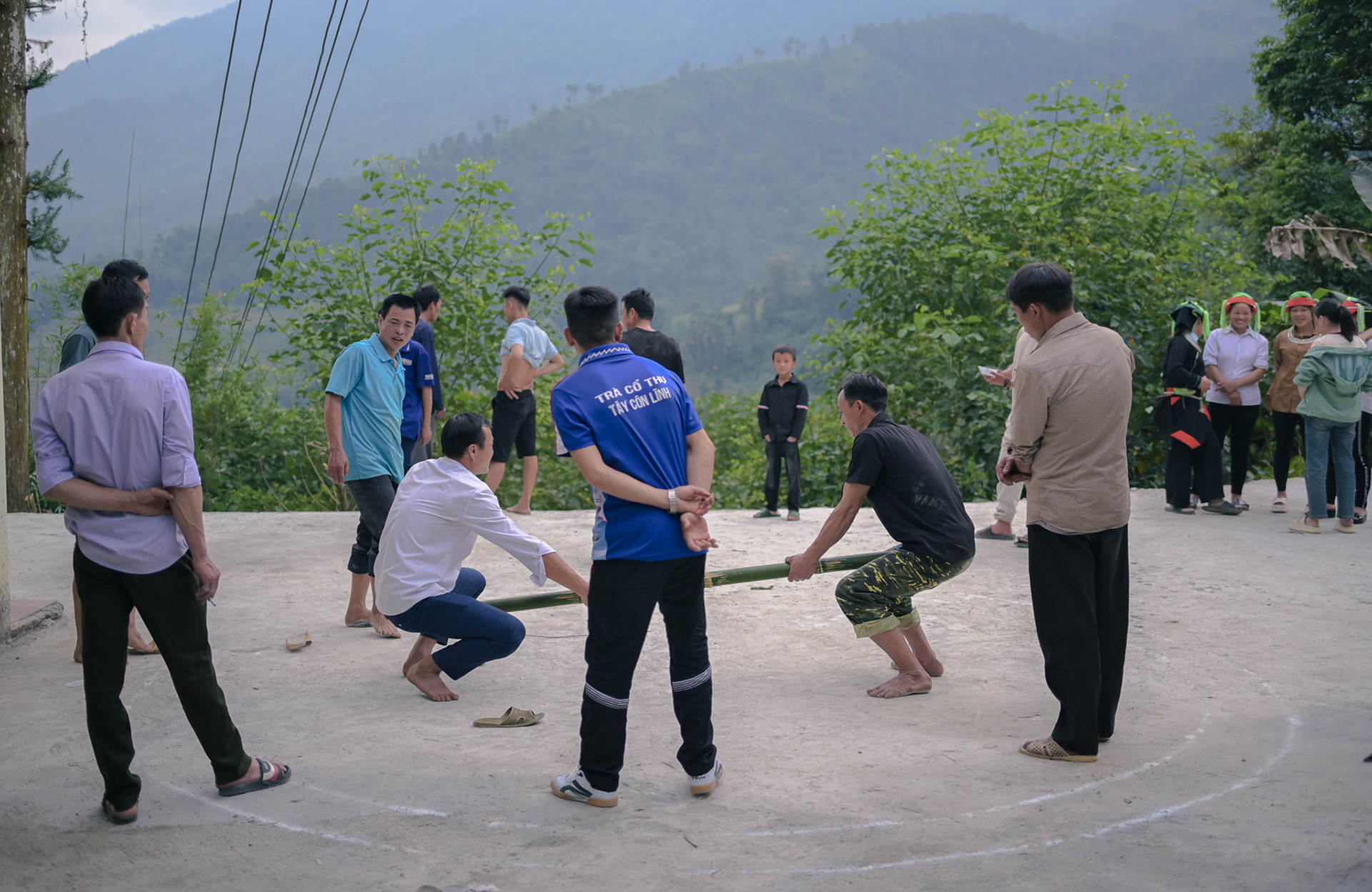

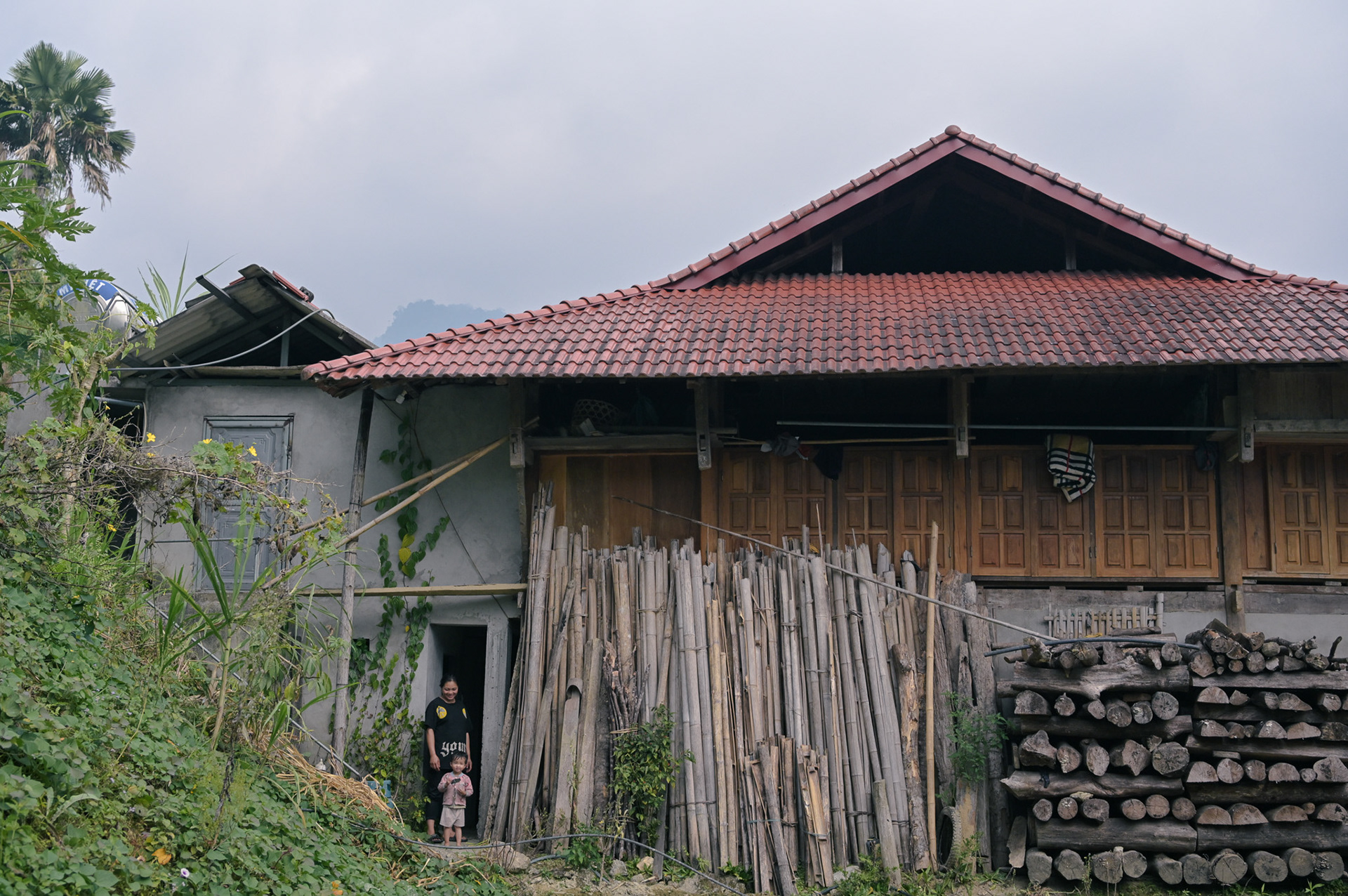
The people, although excited about the money made from having sold their house to move further up the mountain, are cautious of the future. Can an outside developer still care about the land and the people, more than they care about their money and bottom lines?
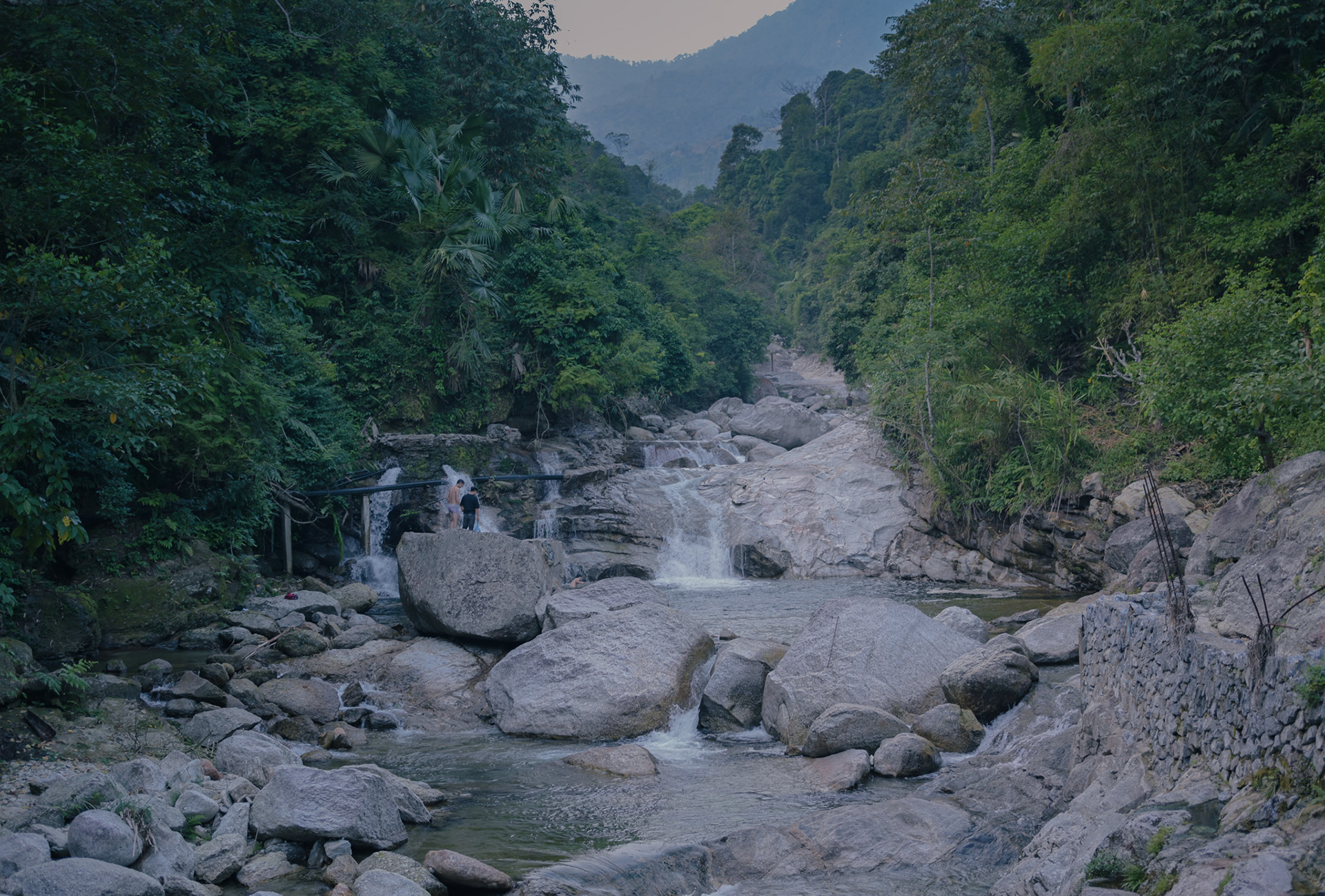
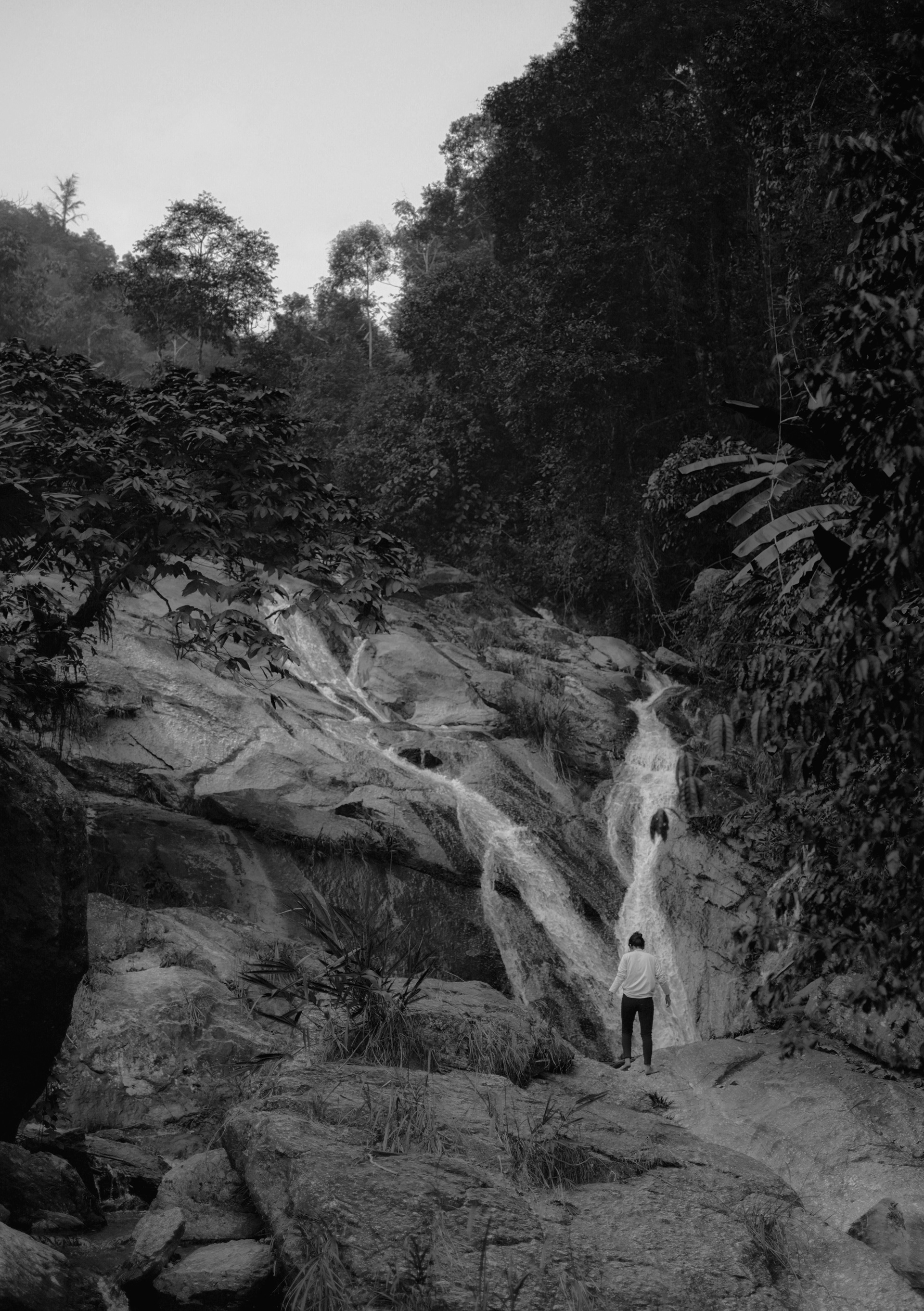
Despite artistic, dream like media from the west depicting the ancient mysteriousness of the high mountain forests to such self satisfaction, the people and their lives are not a symbol of ancientness, and certainly not one of unchangingness.
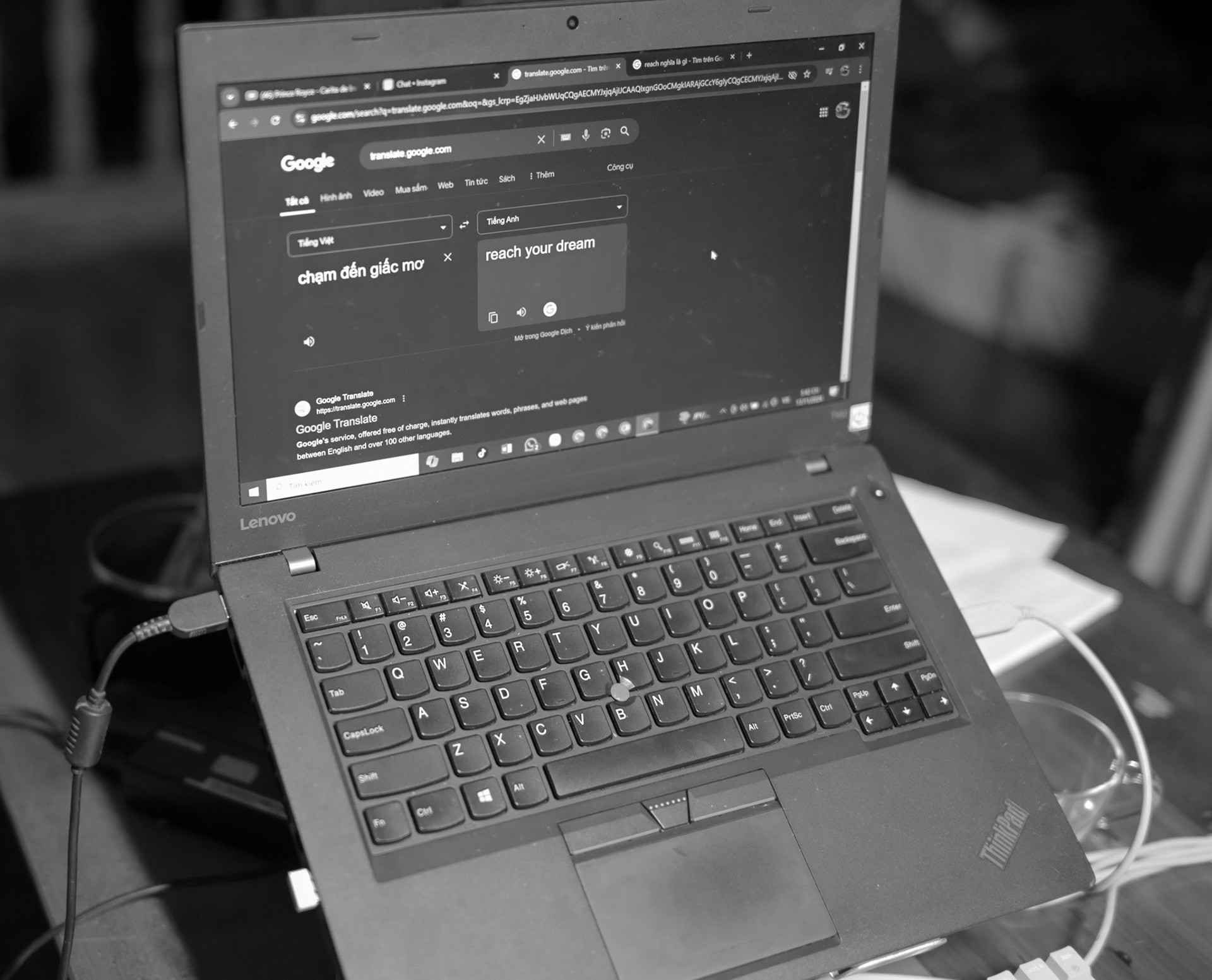
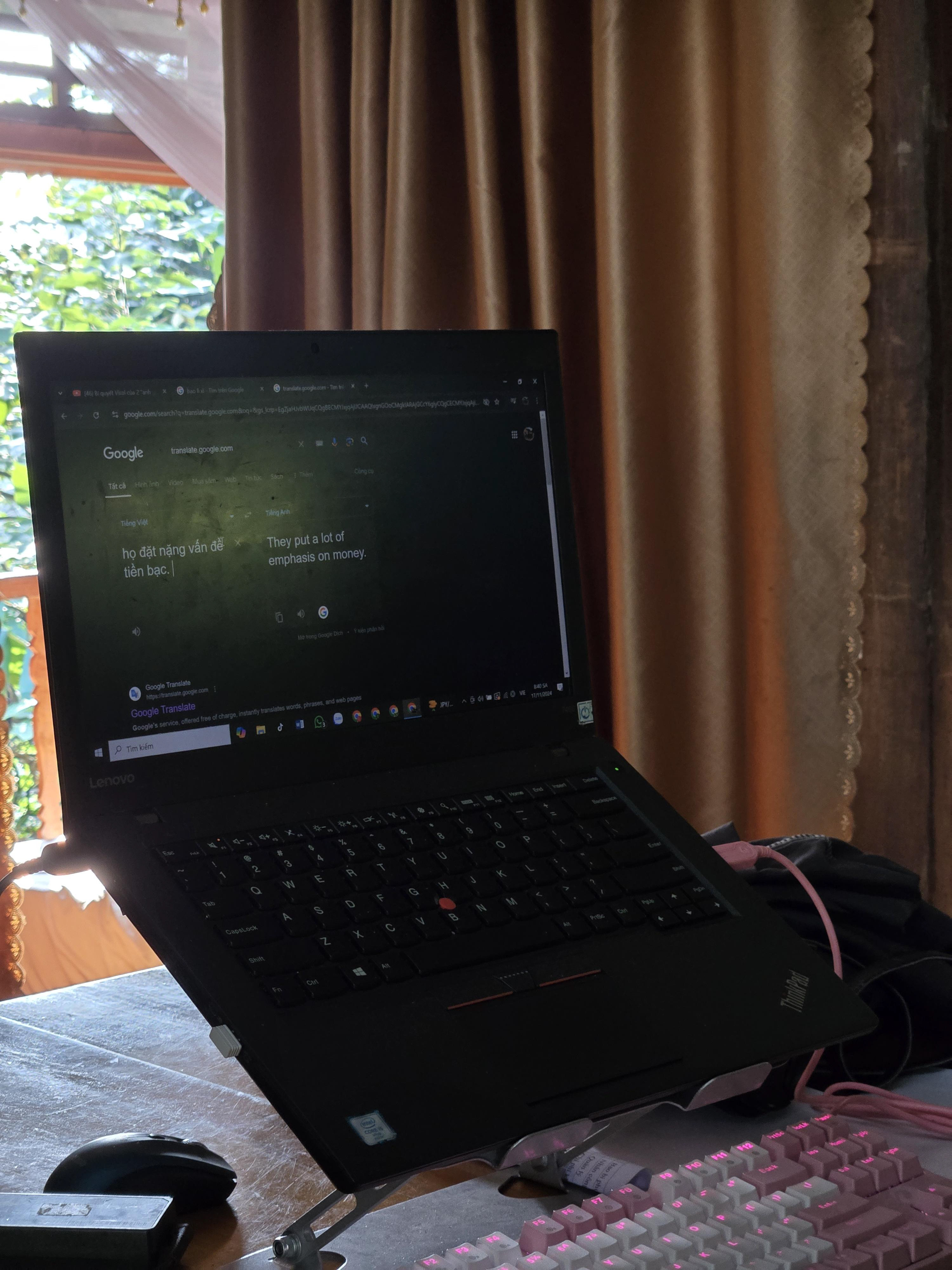
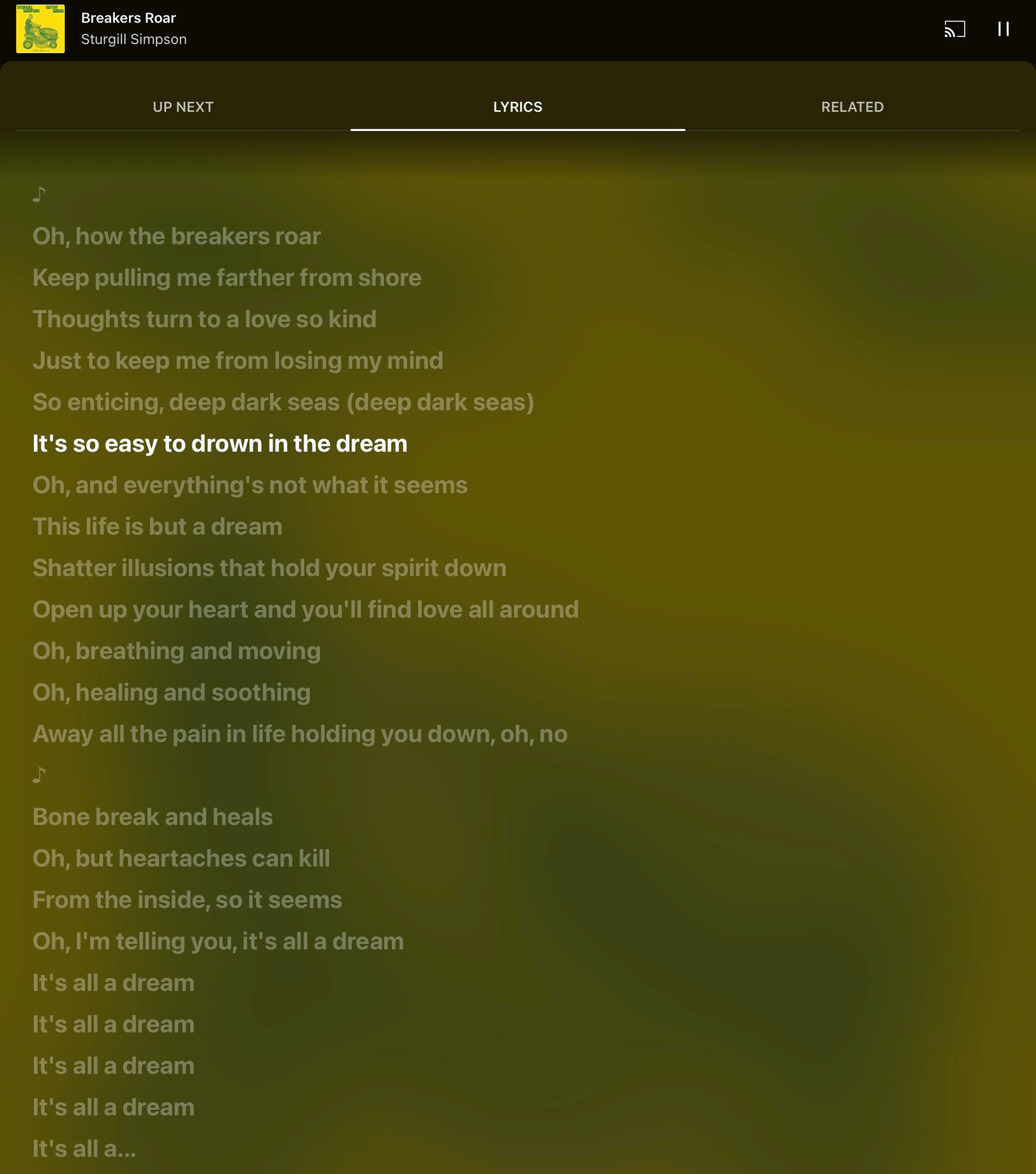
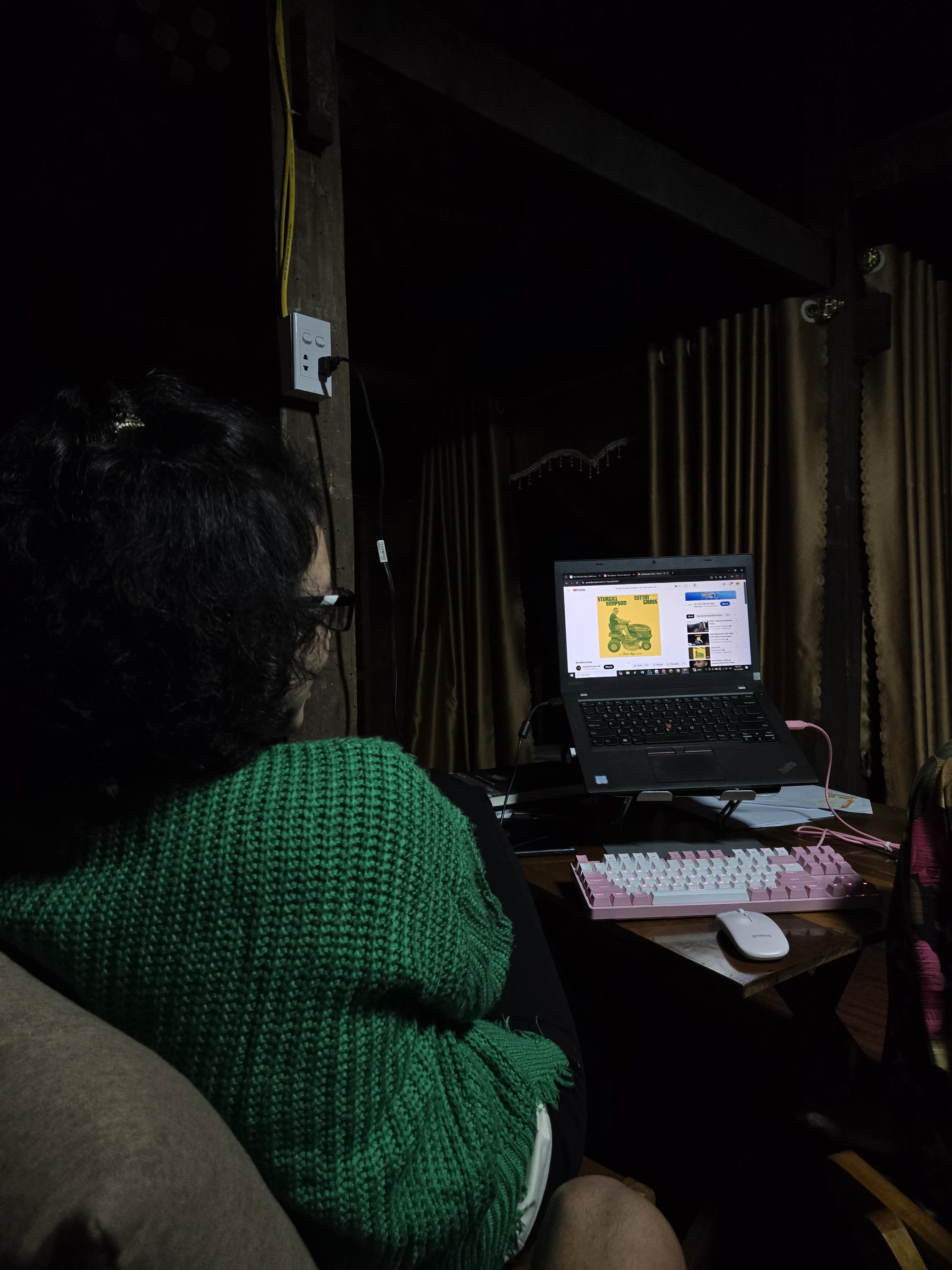
Music exchange, talk of dreams, and what money does to a person.
"My biggest dream now is that the water stays clear and mountain stays green".
The many waterfalls are important to the village. It's a source of power for the homes and play for the people.
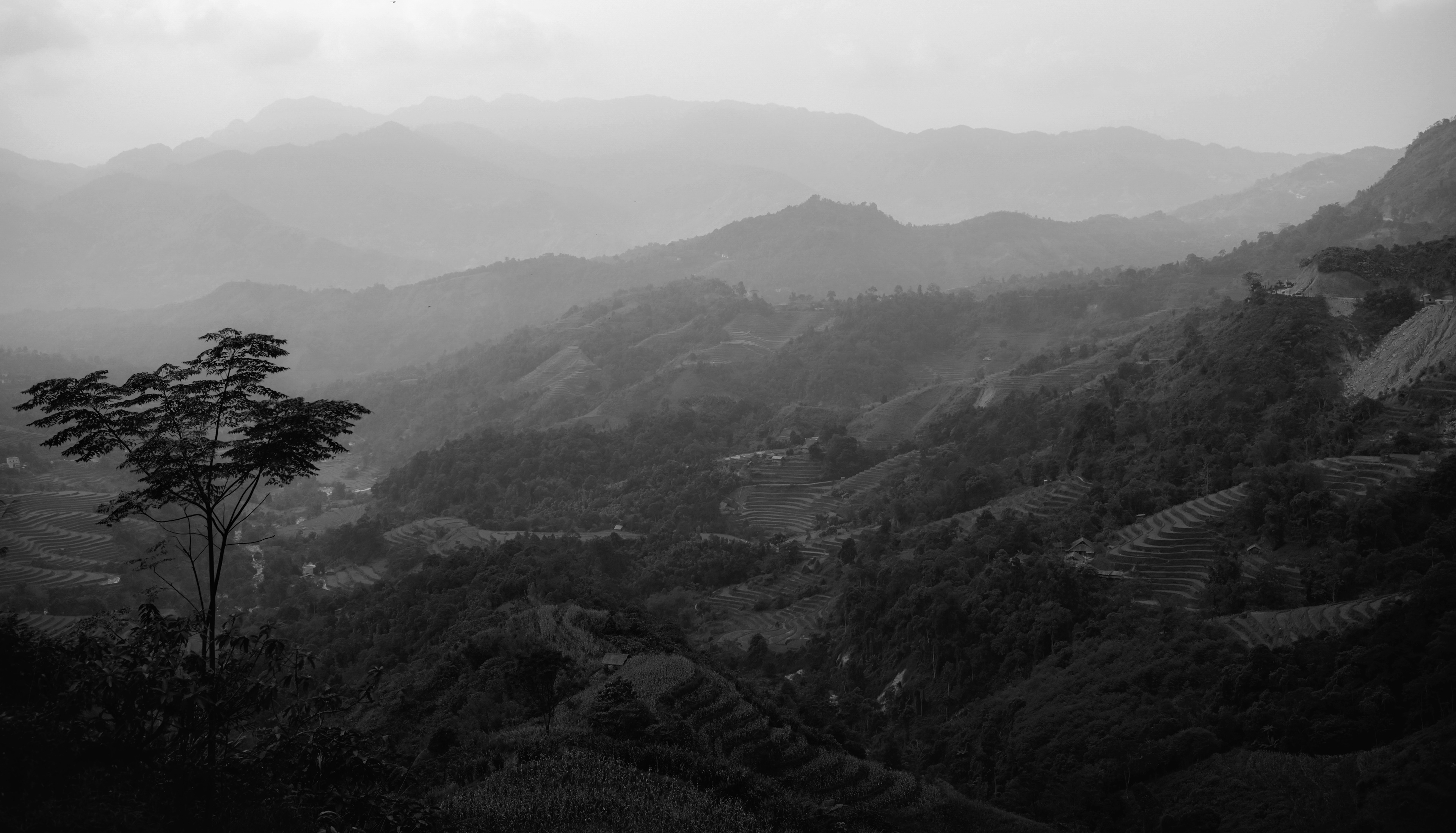

"I lived in the city before, but it was so chaotic so I came back. Sometimes it's like, what are we all even doing?
Sometimes, I would think why even live [like this]"
- Bikk
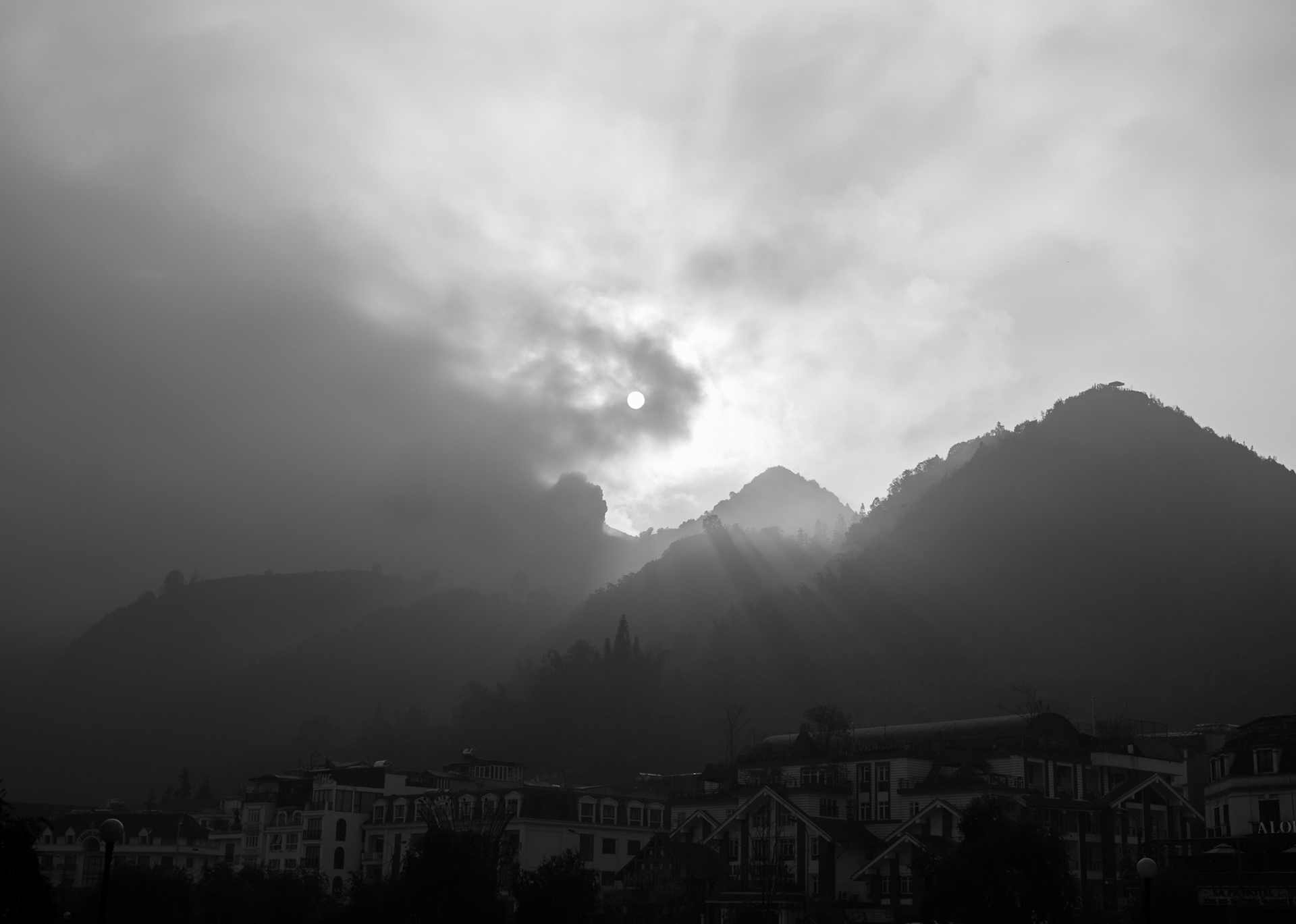

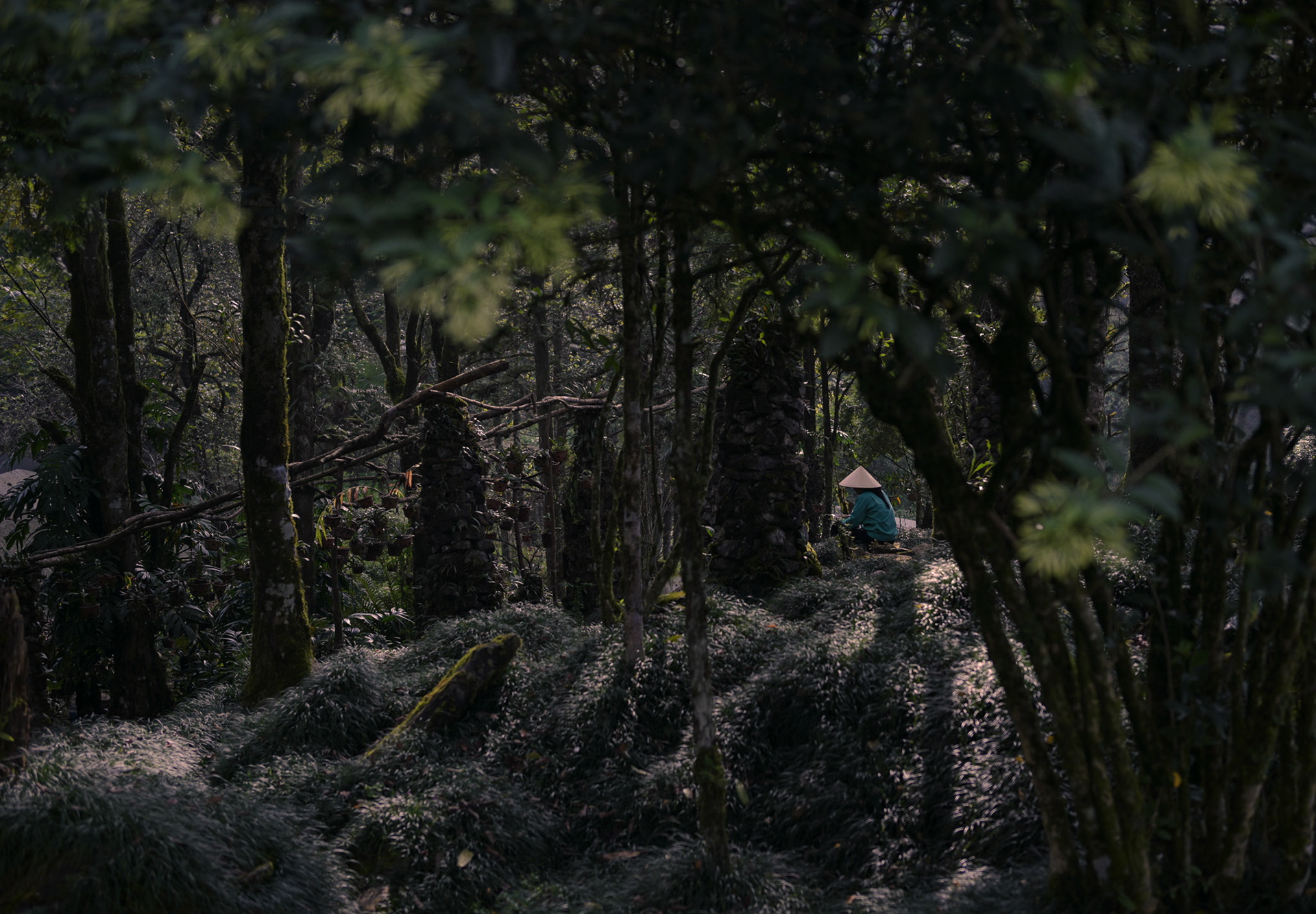
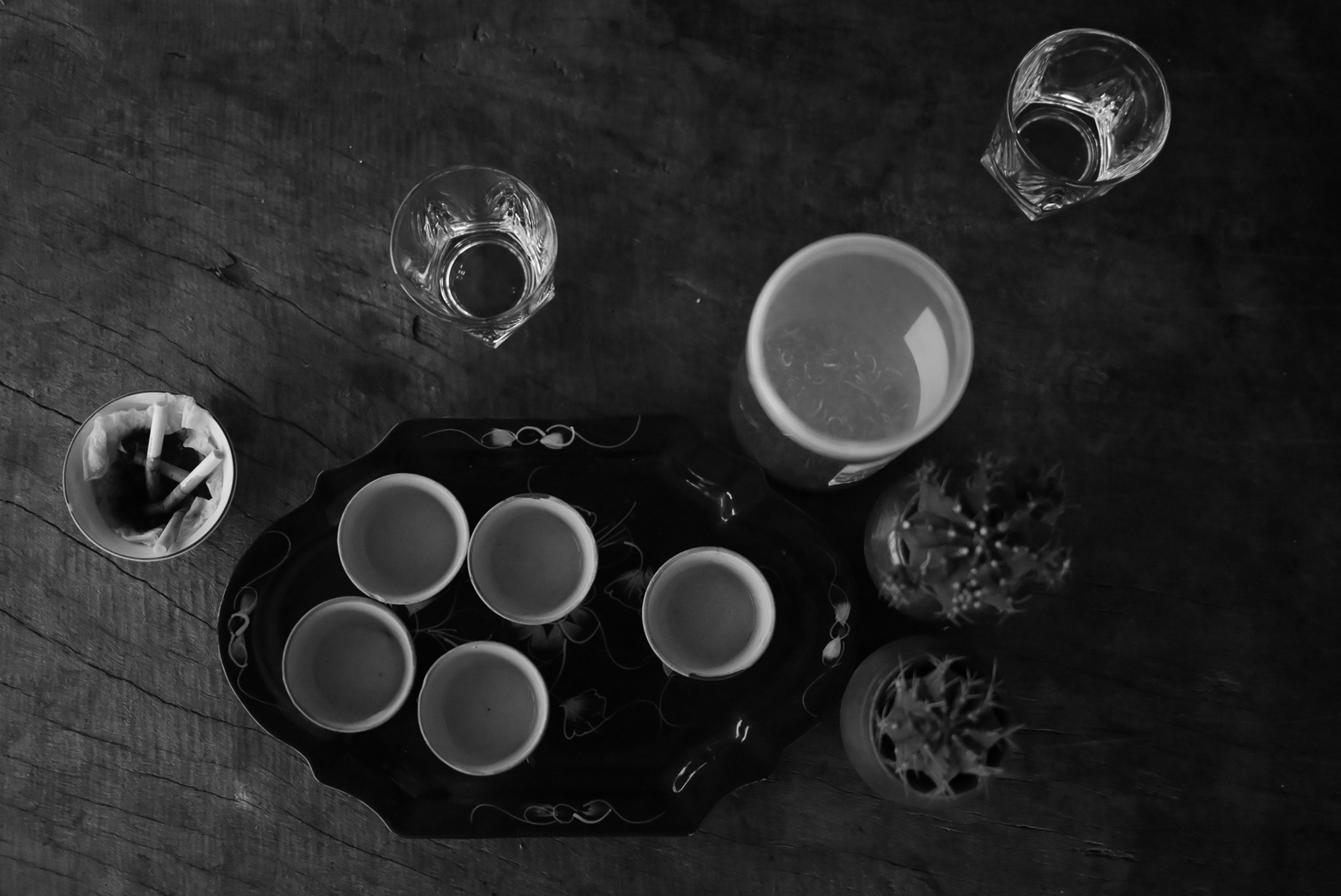

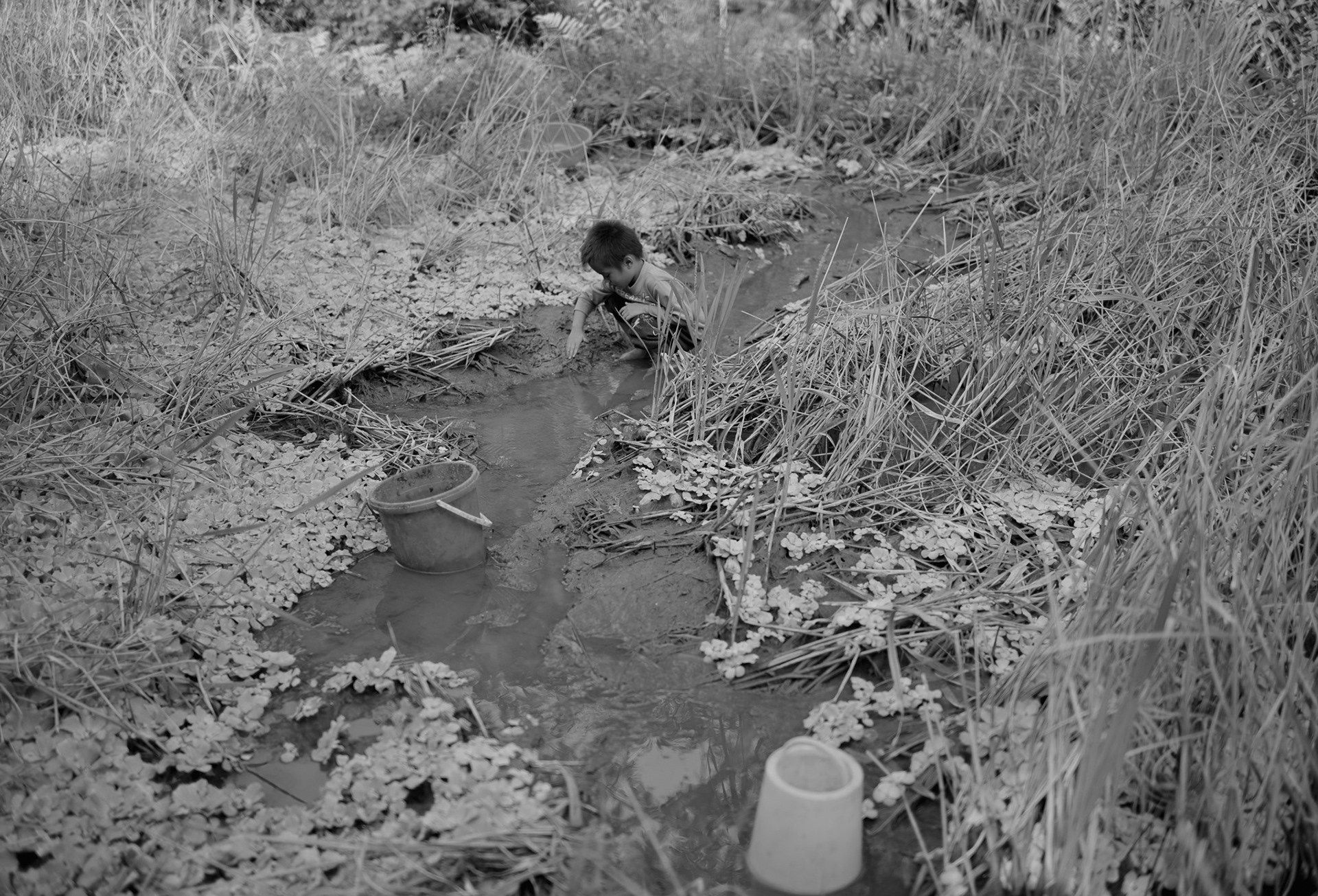
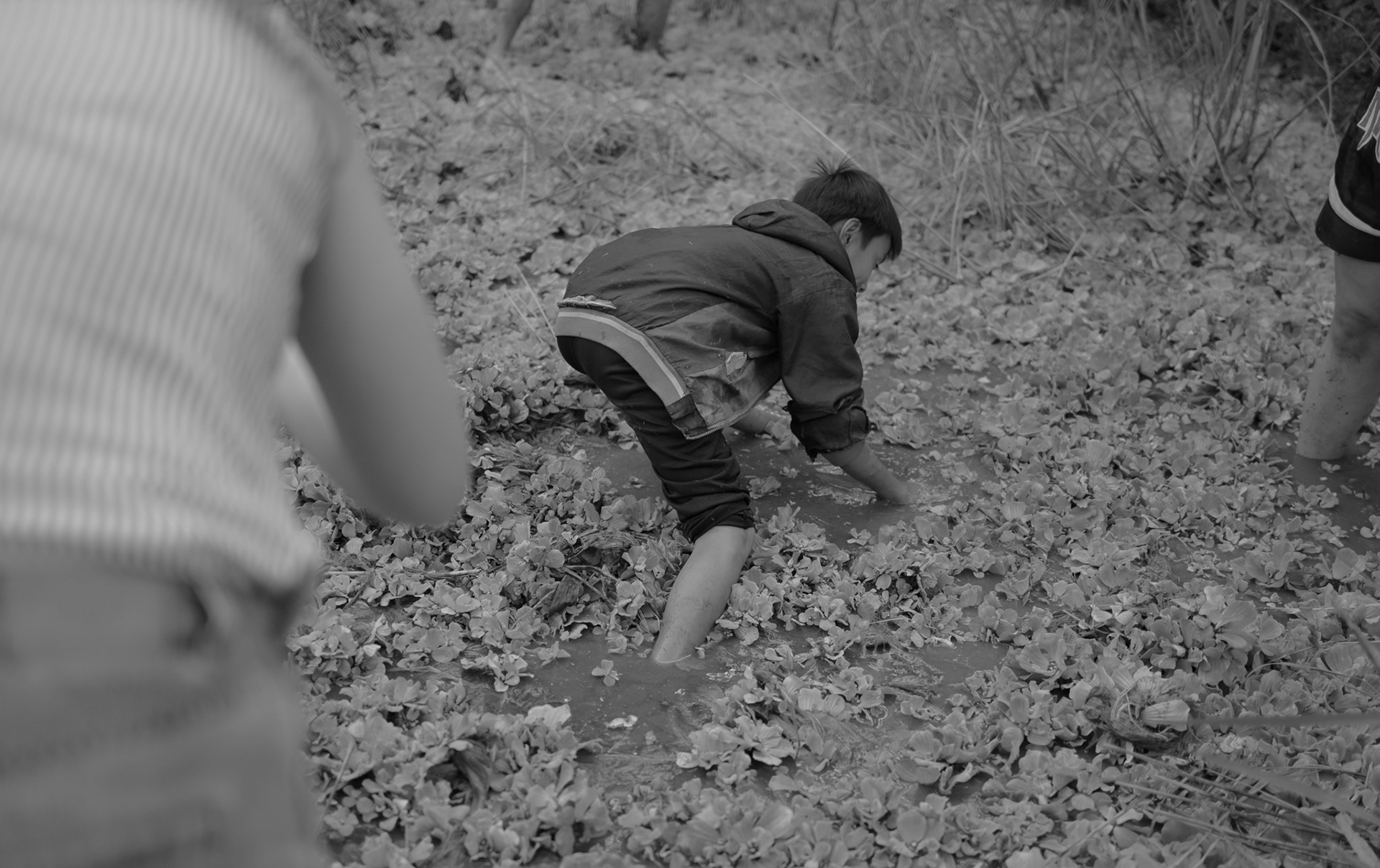
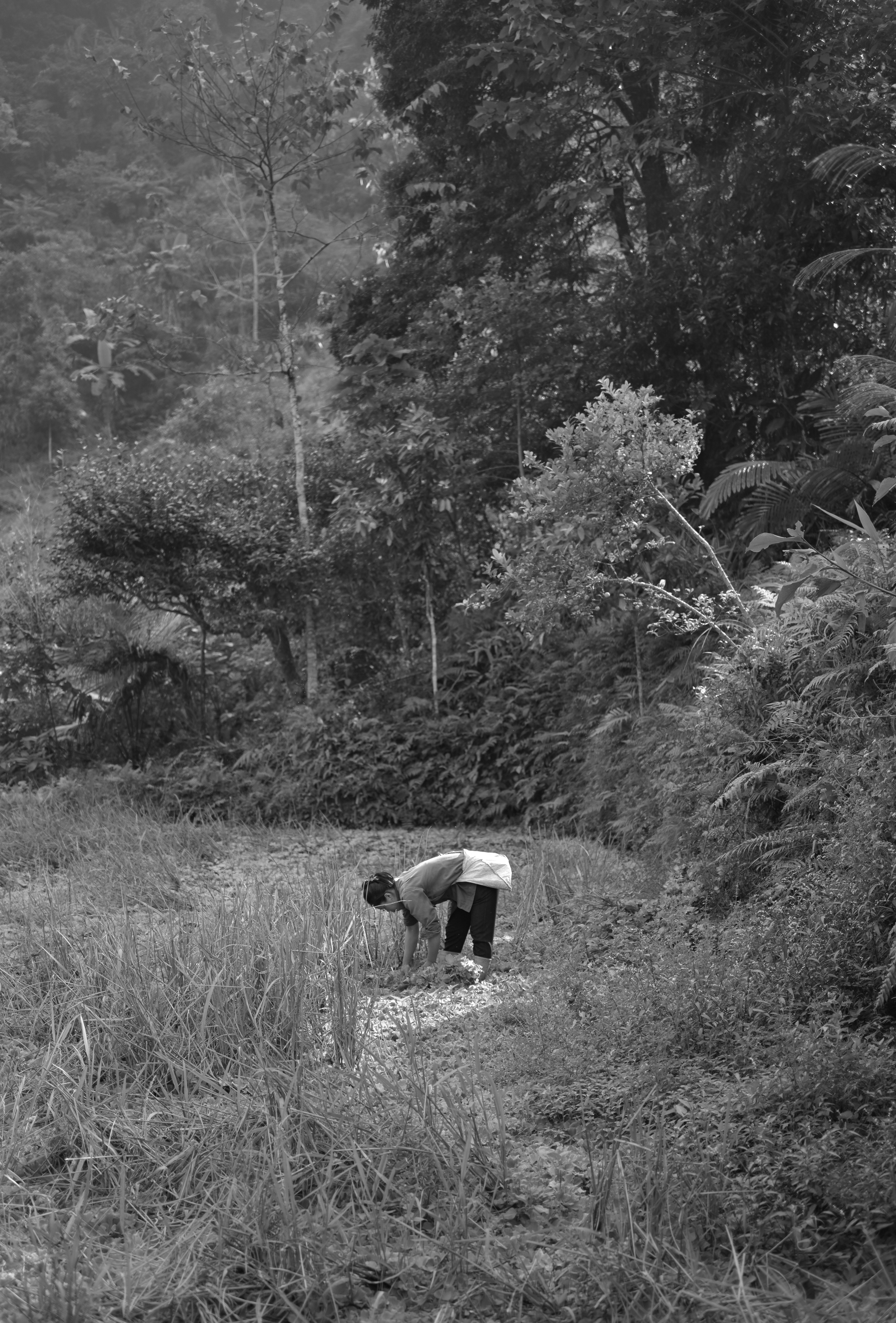
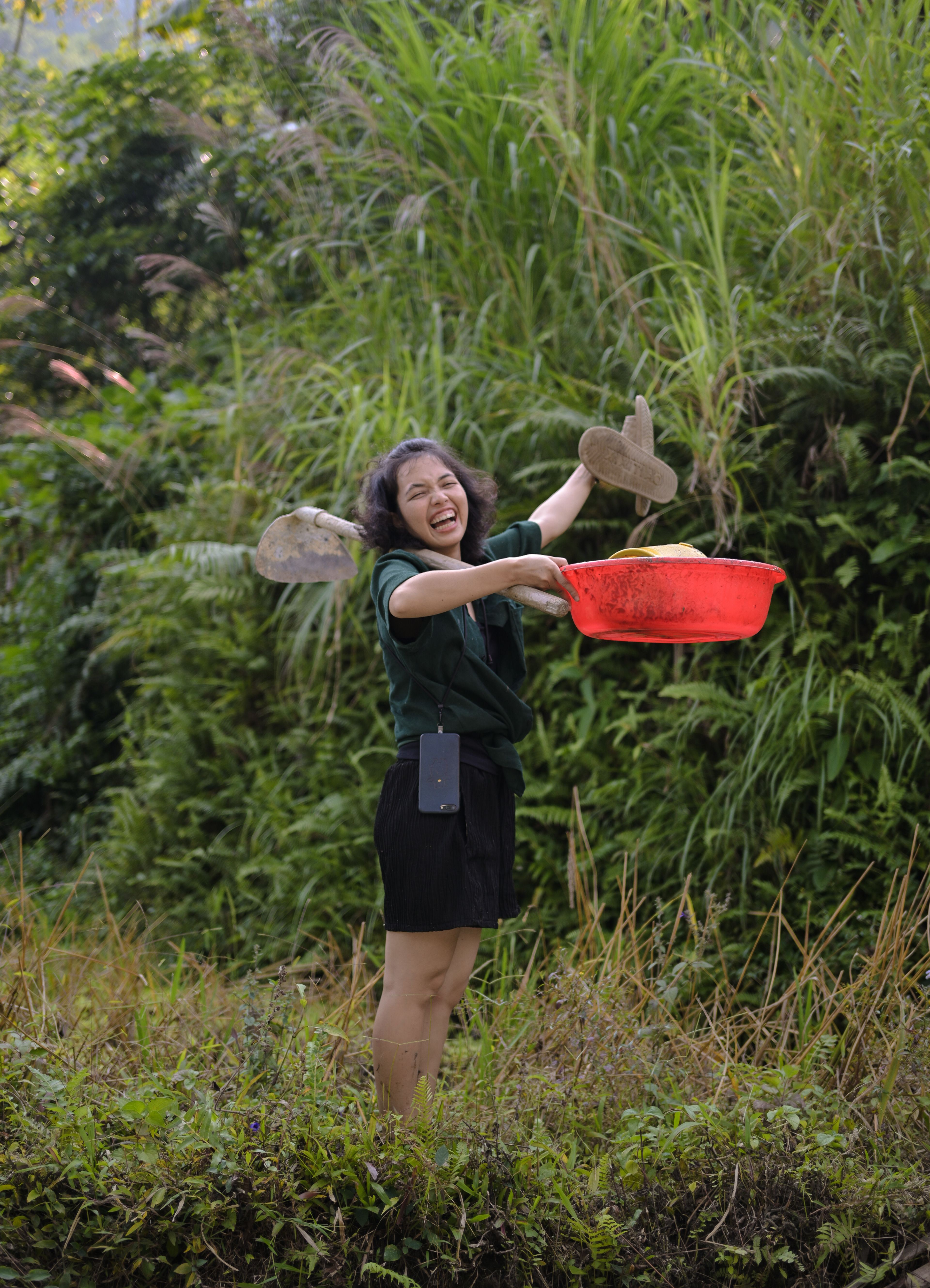
fishing by hand from an intentionally drained pond a few hours before dinner.
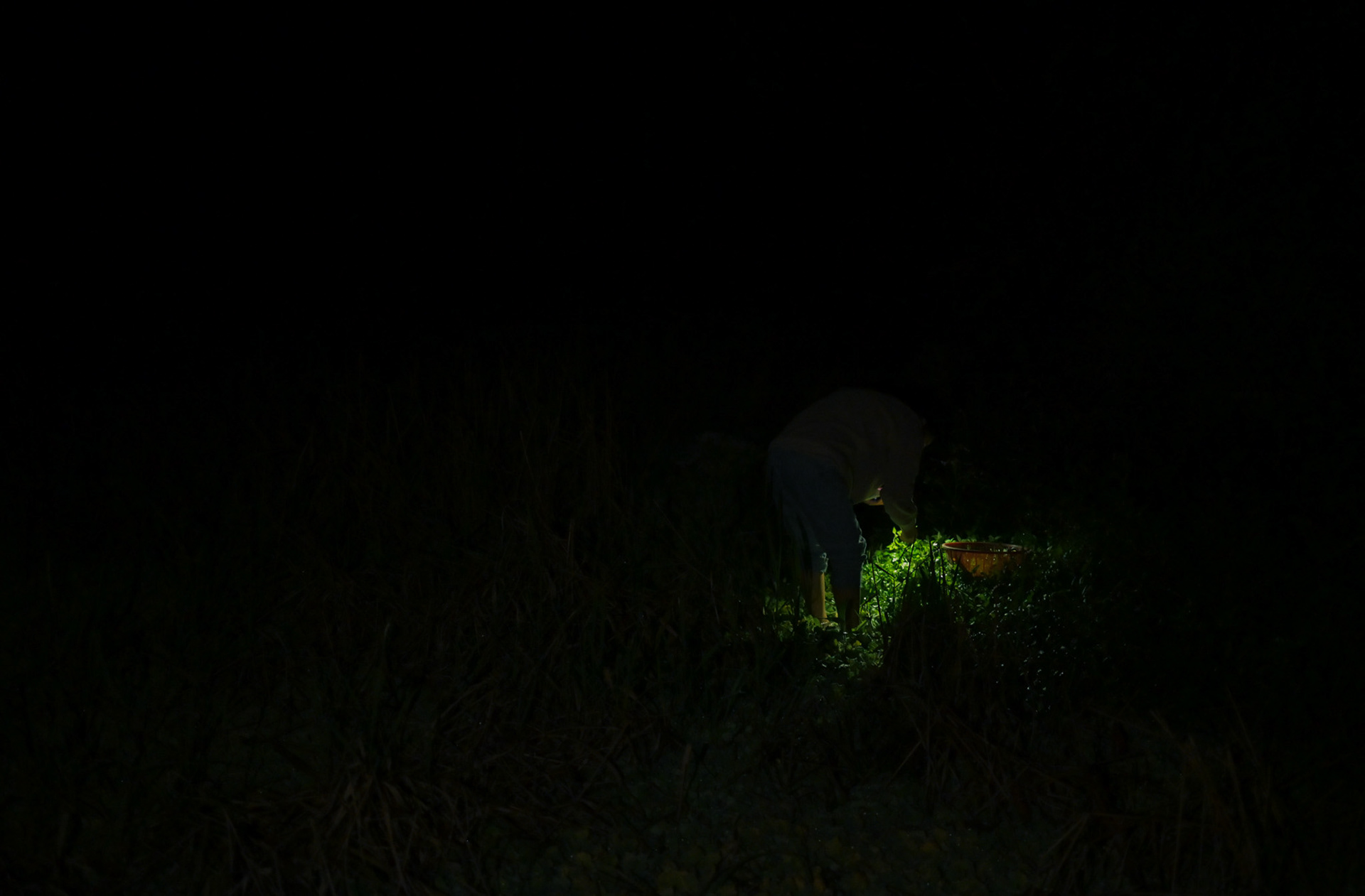
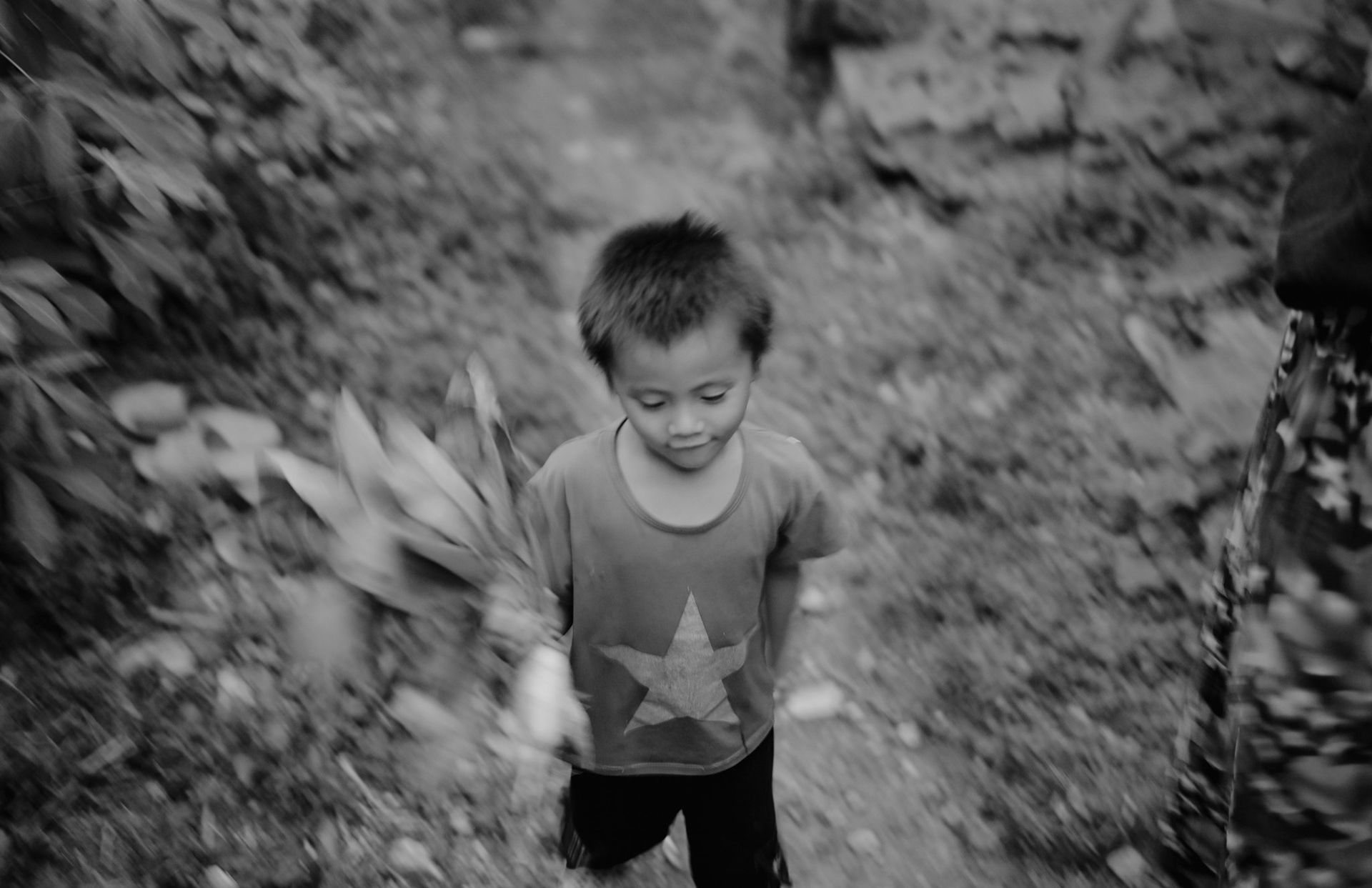
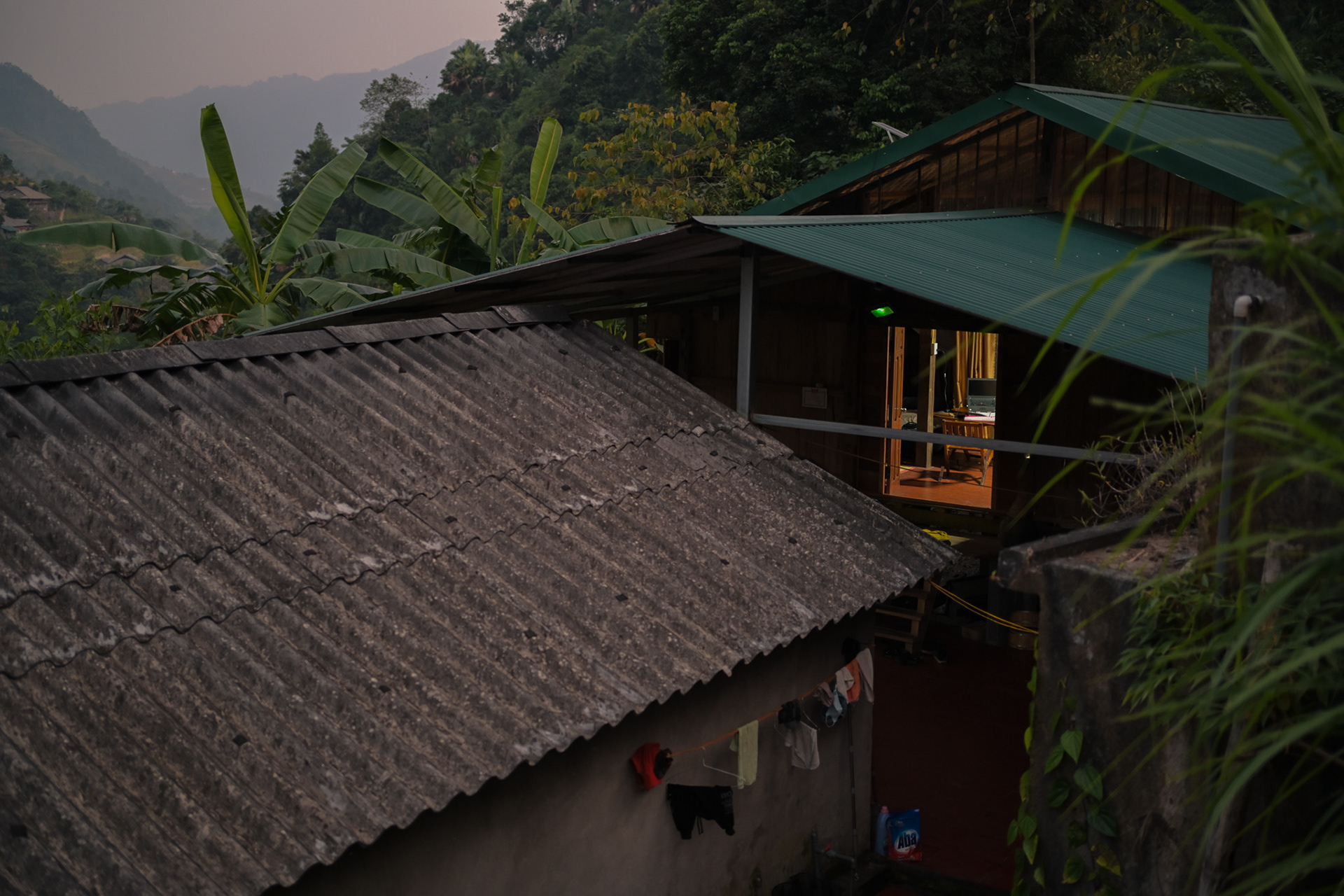
pre-dawn gardening
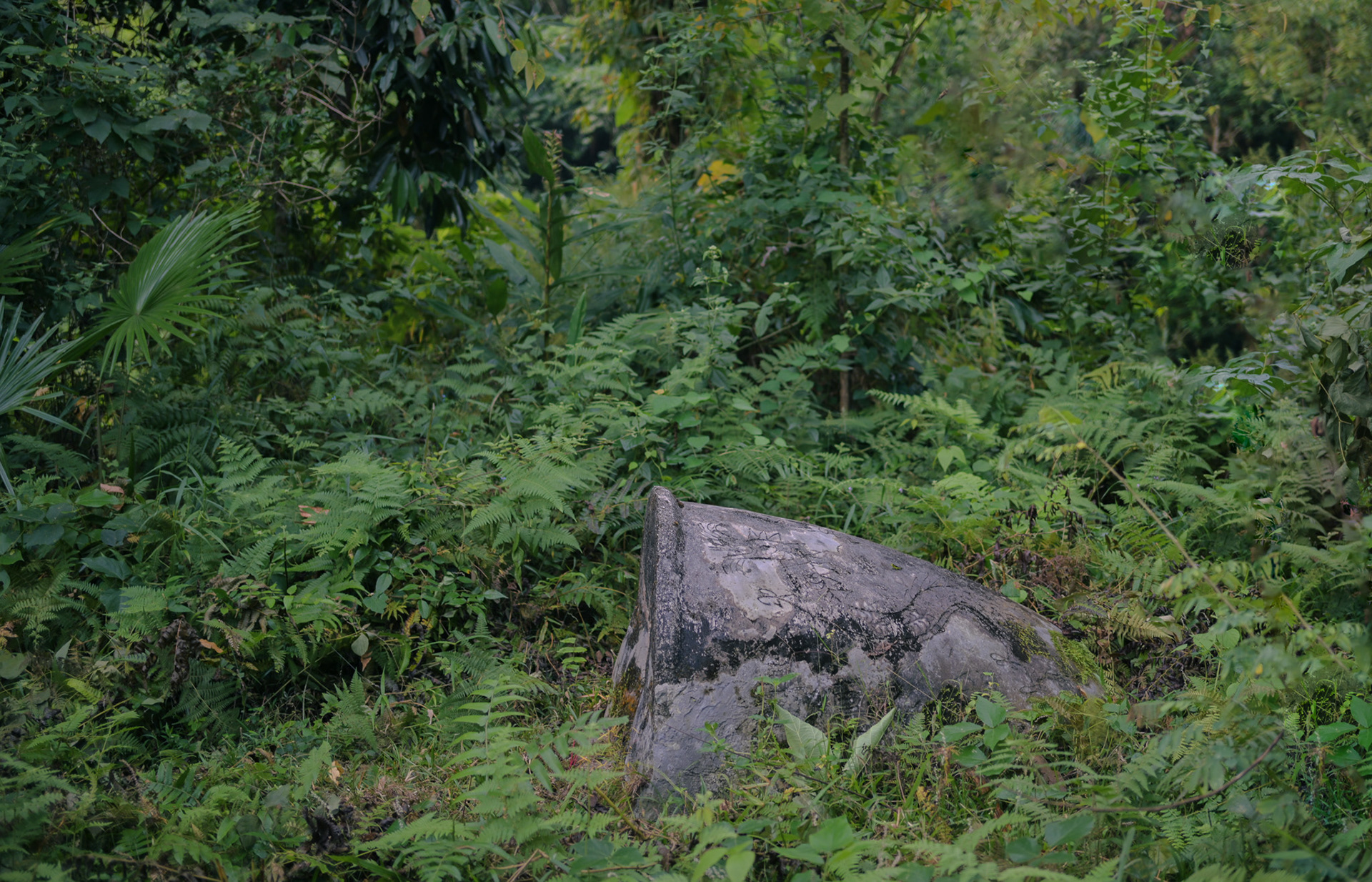
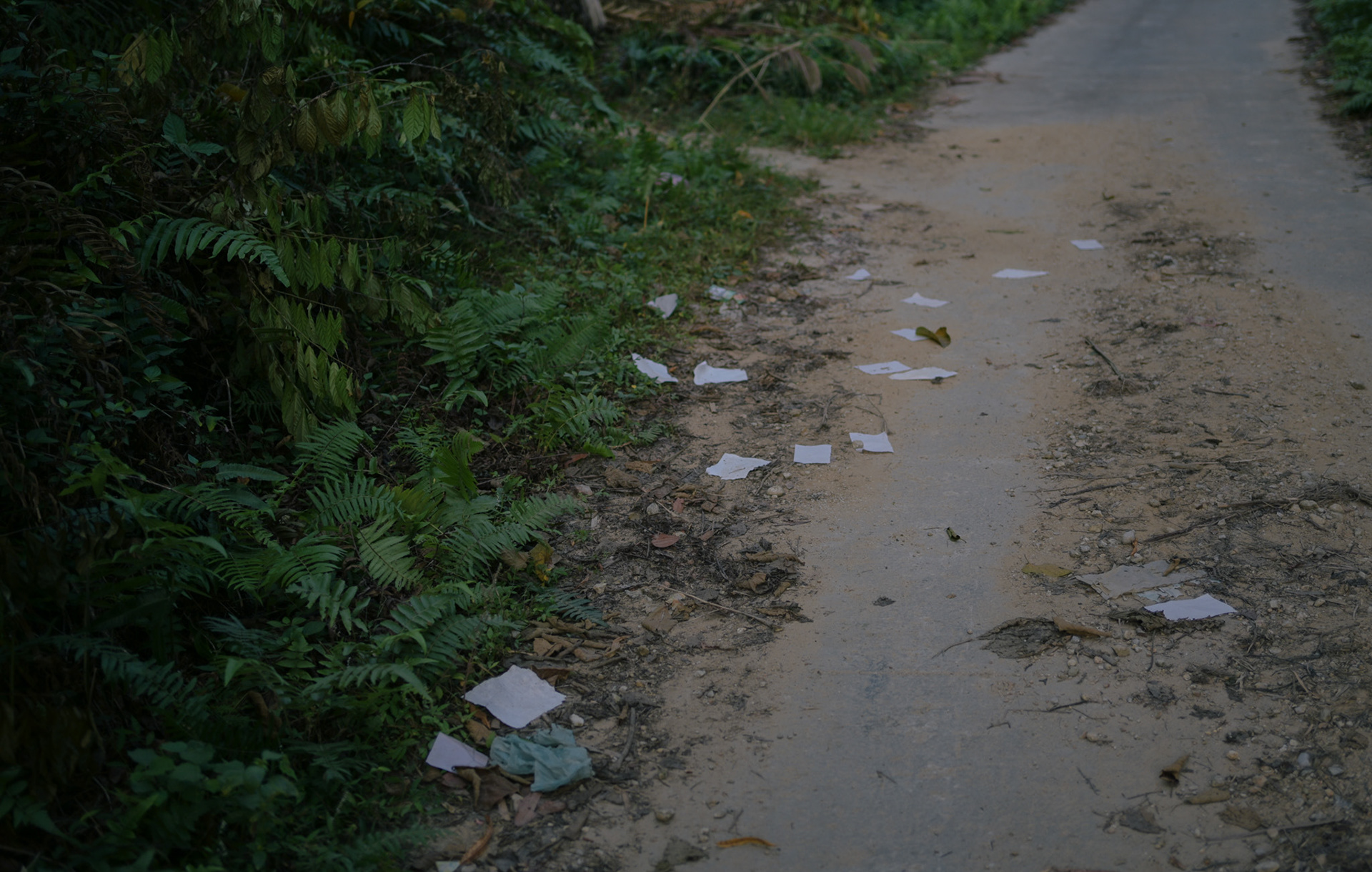
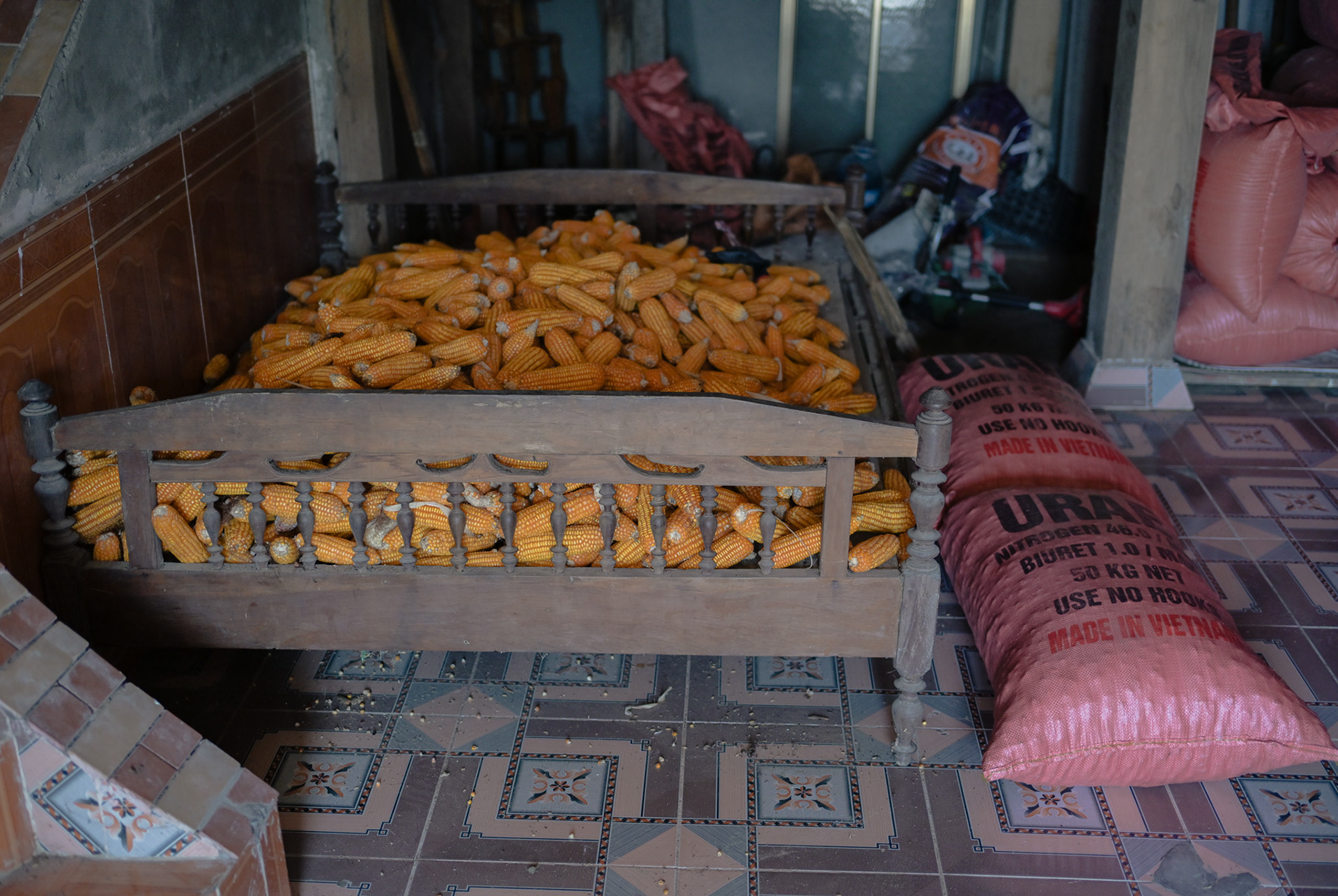
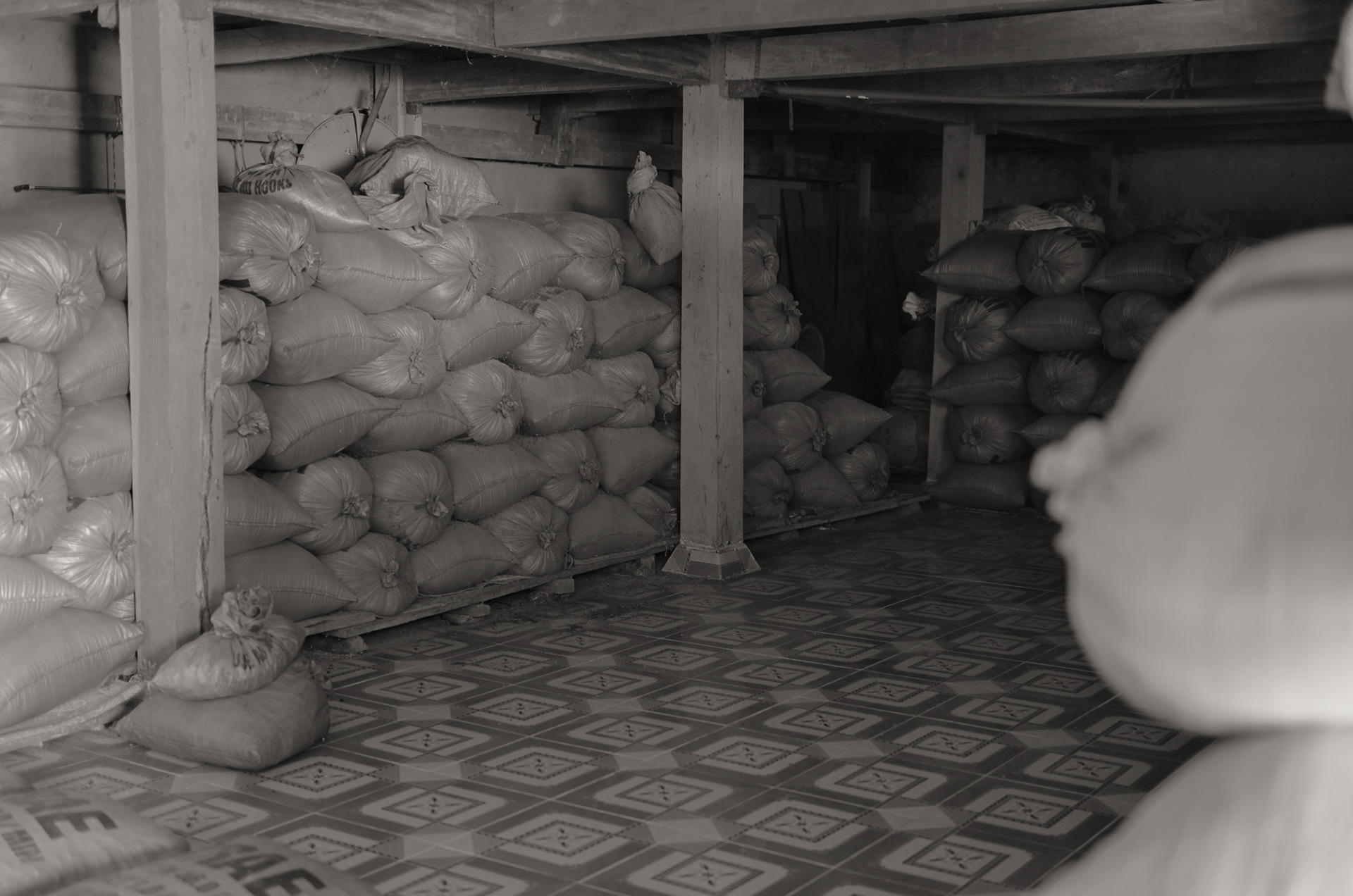
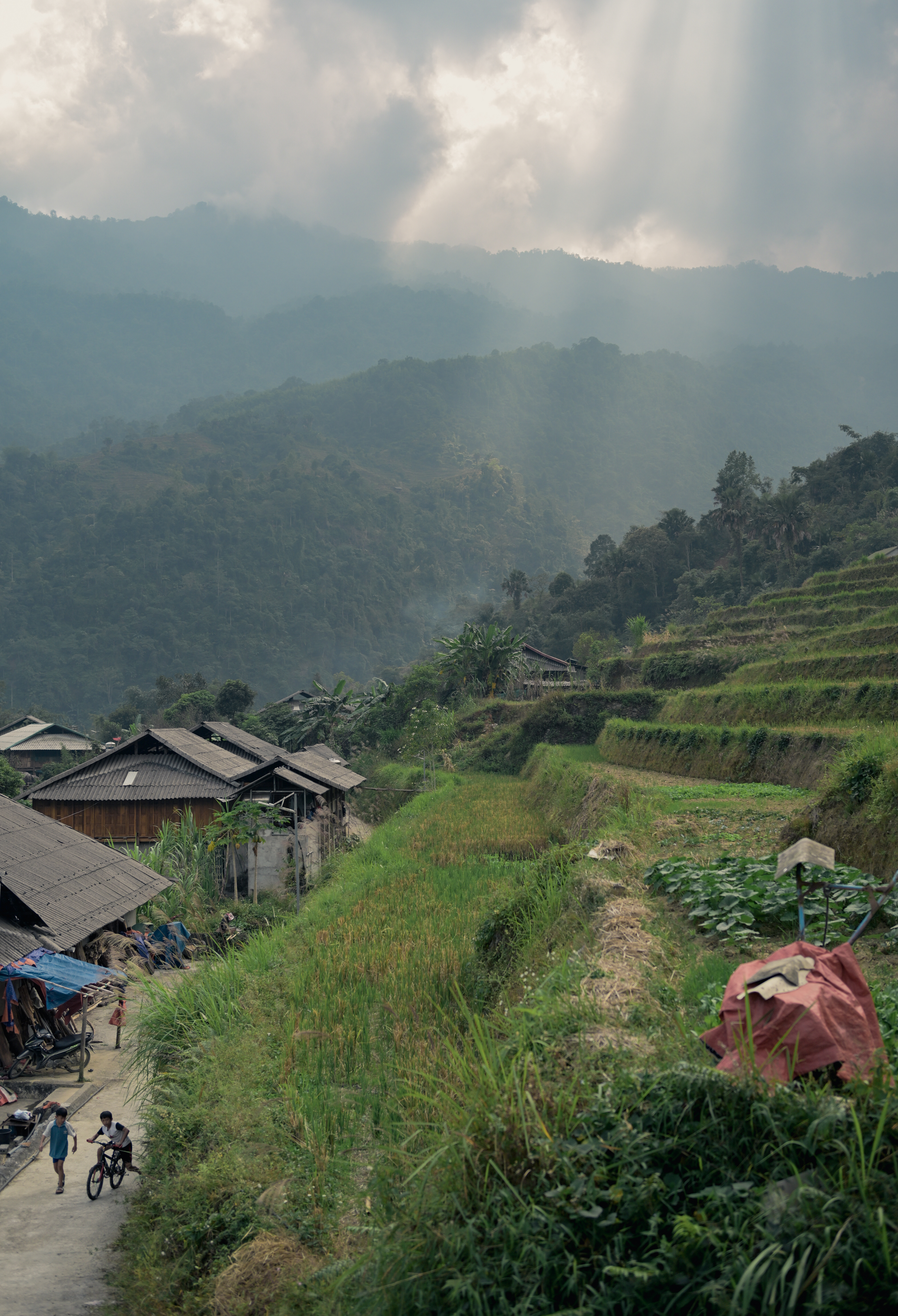

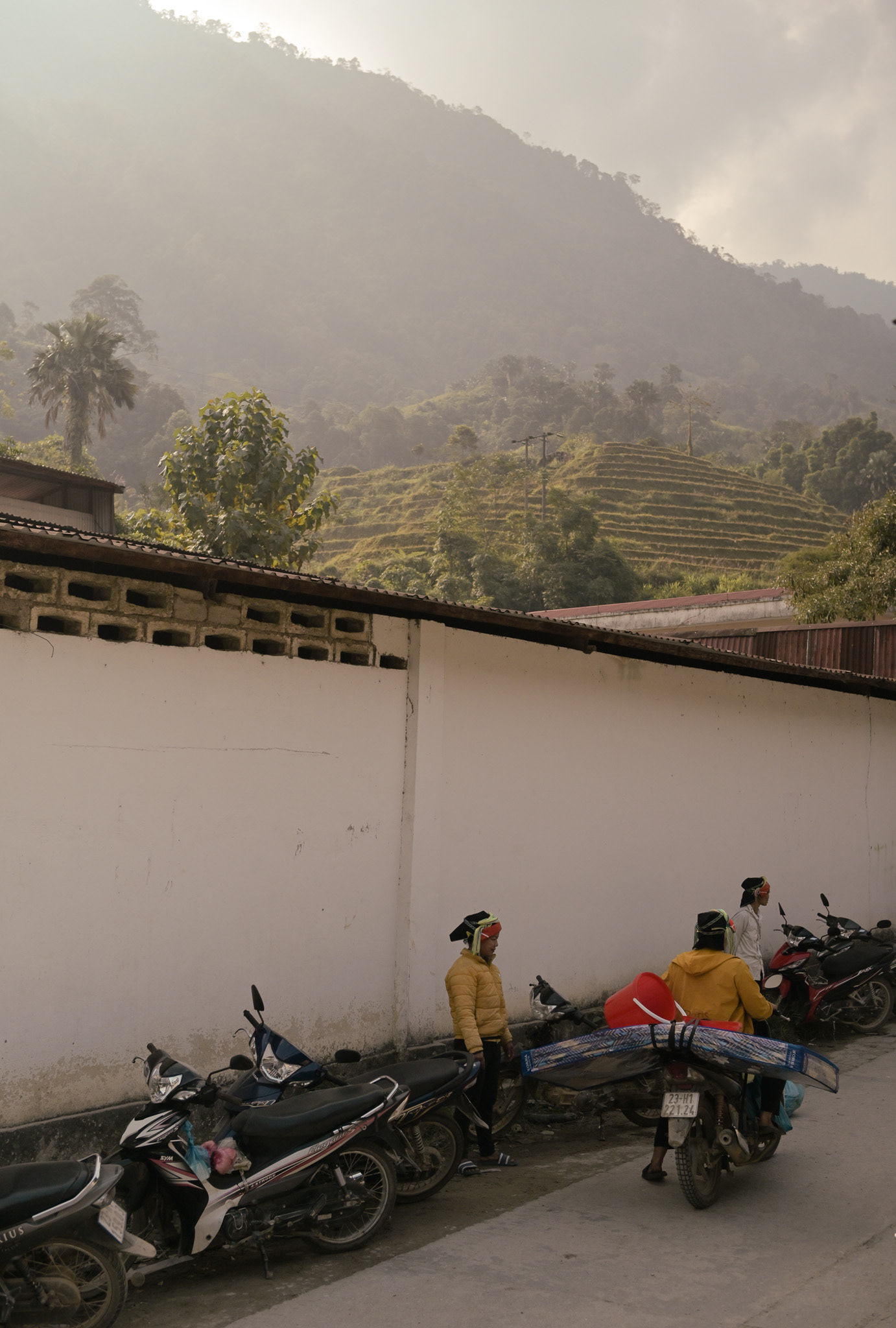
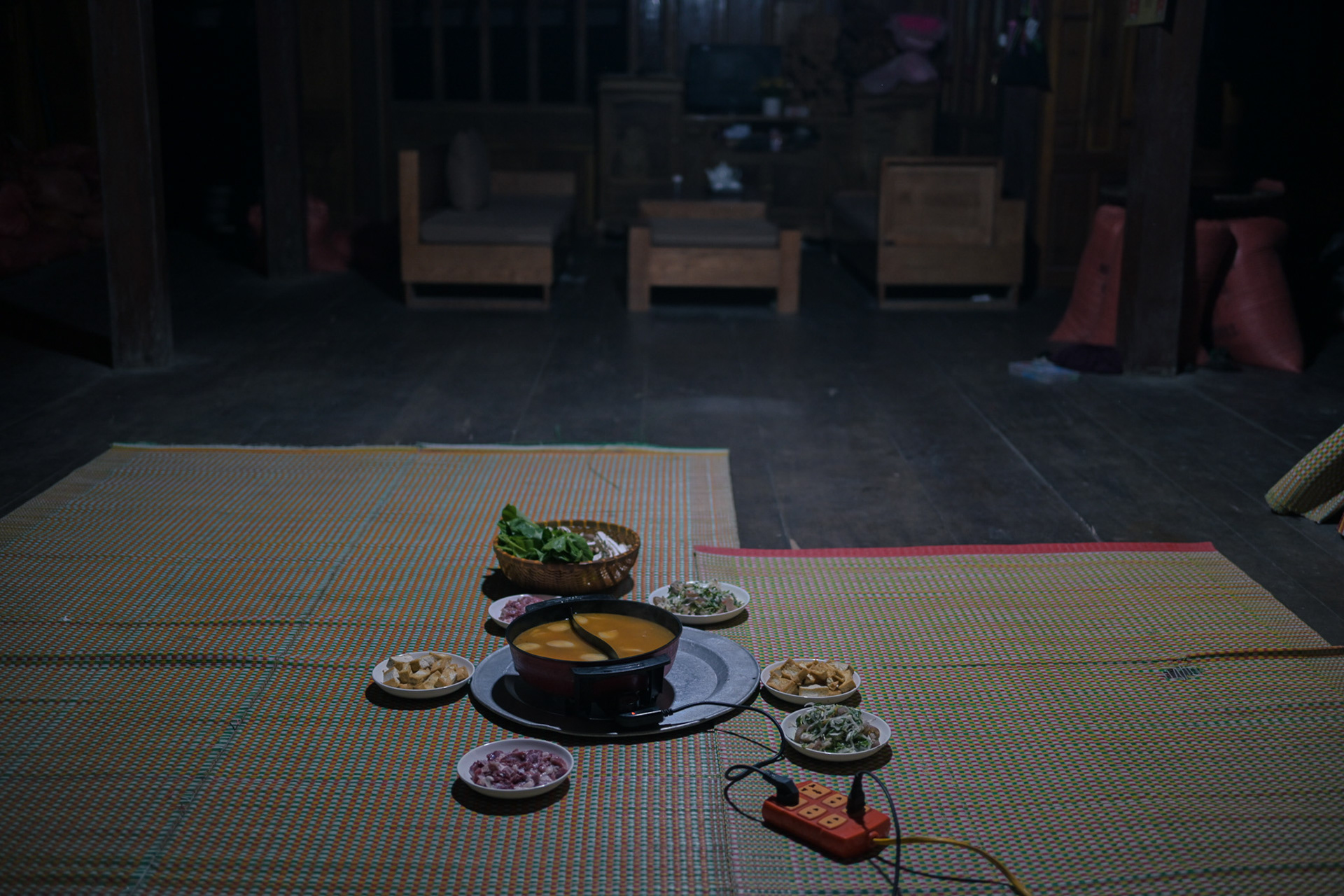
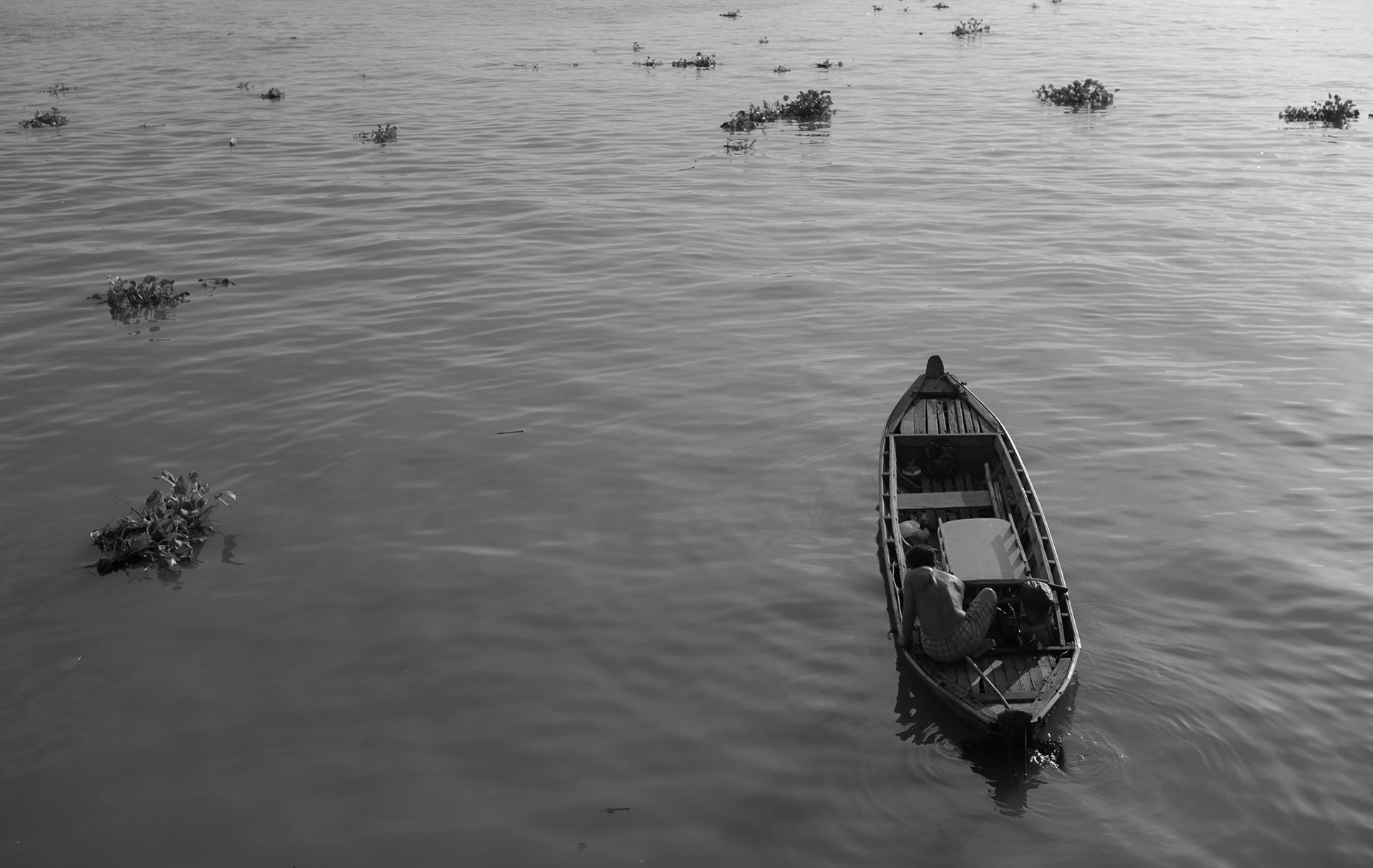
"the mysterious east, the supposed paradise of slowness"
How might westerners back home be conditioned to use this land?
How might local land use here inform the way I use land back home?
Can we through tourism and exploration, instead of flattening culture and exacerbating economic disparities, transcend viral media aesthetics to reorient the world back to more local, healthier, cost effective practices?
How can consciousness in travel be elevated to see not characters for our own self discovery and media output, but as active, potentially world-changing people.
...because the world must change.
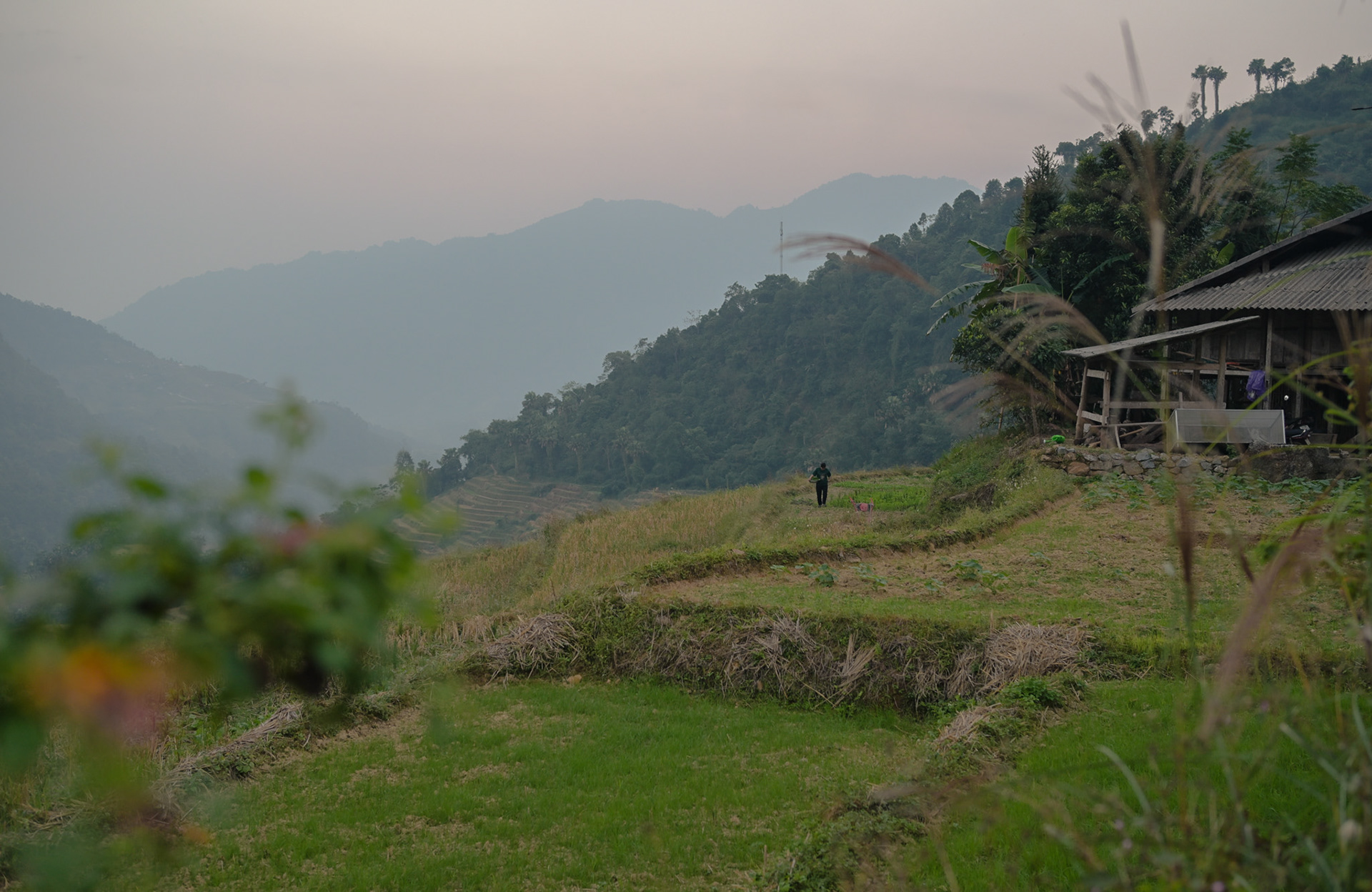
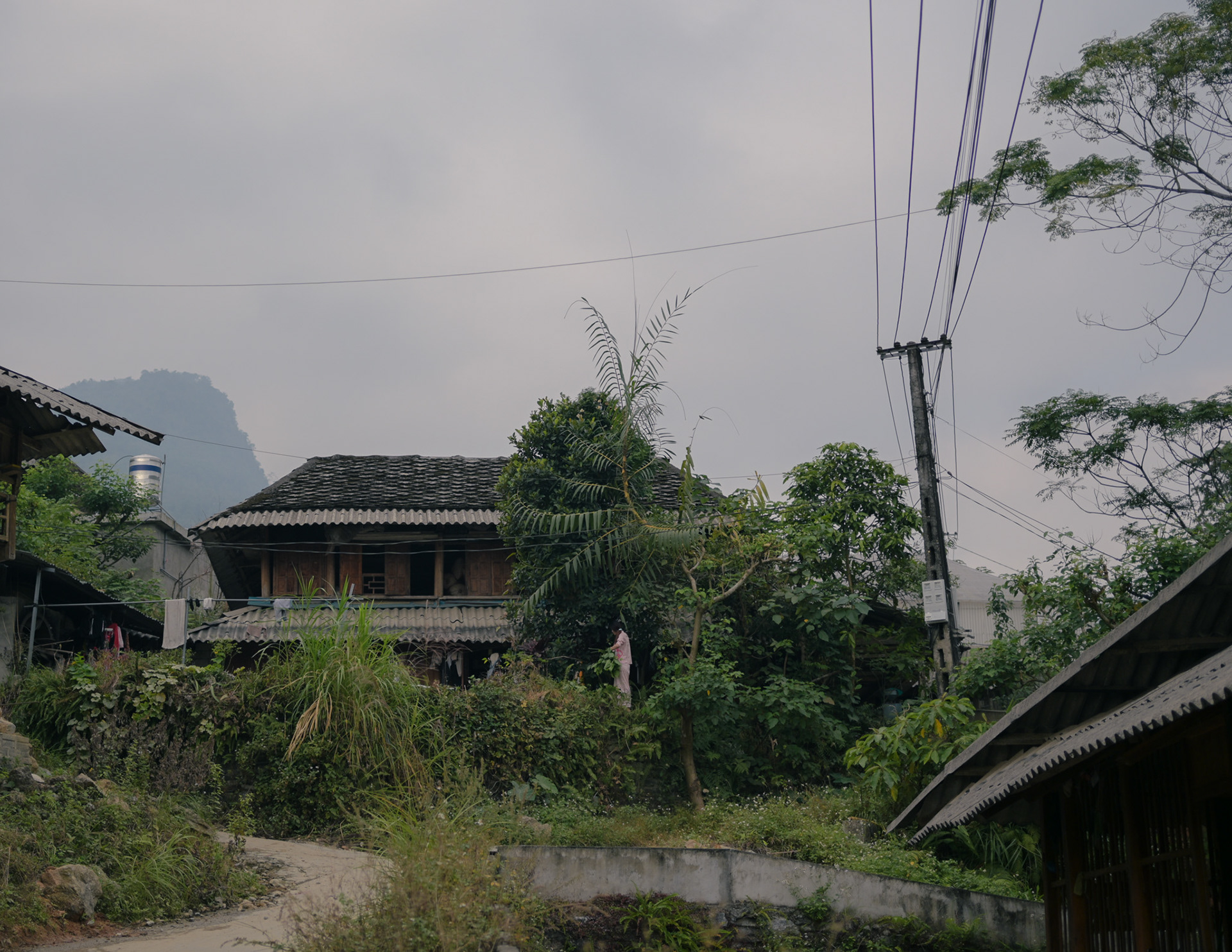
While we praise slow, authentic living in elegiac musings, it's only final purpose in the west is as a "commodity sold to the unwary."
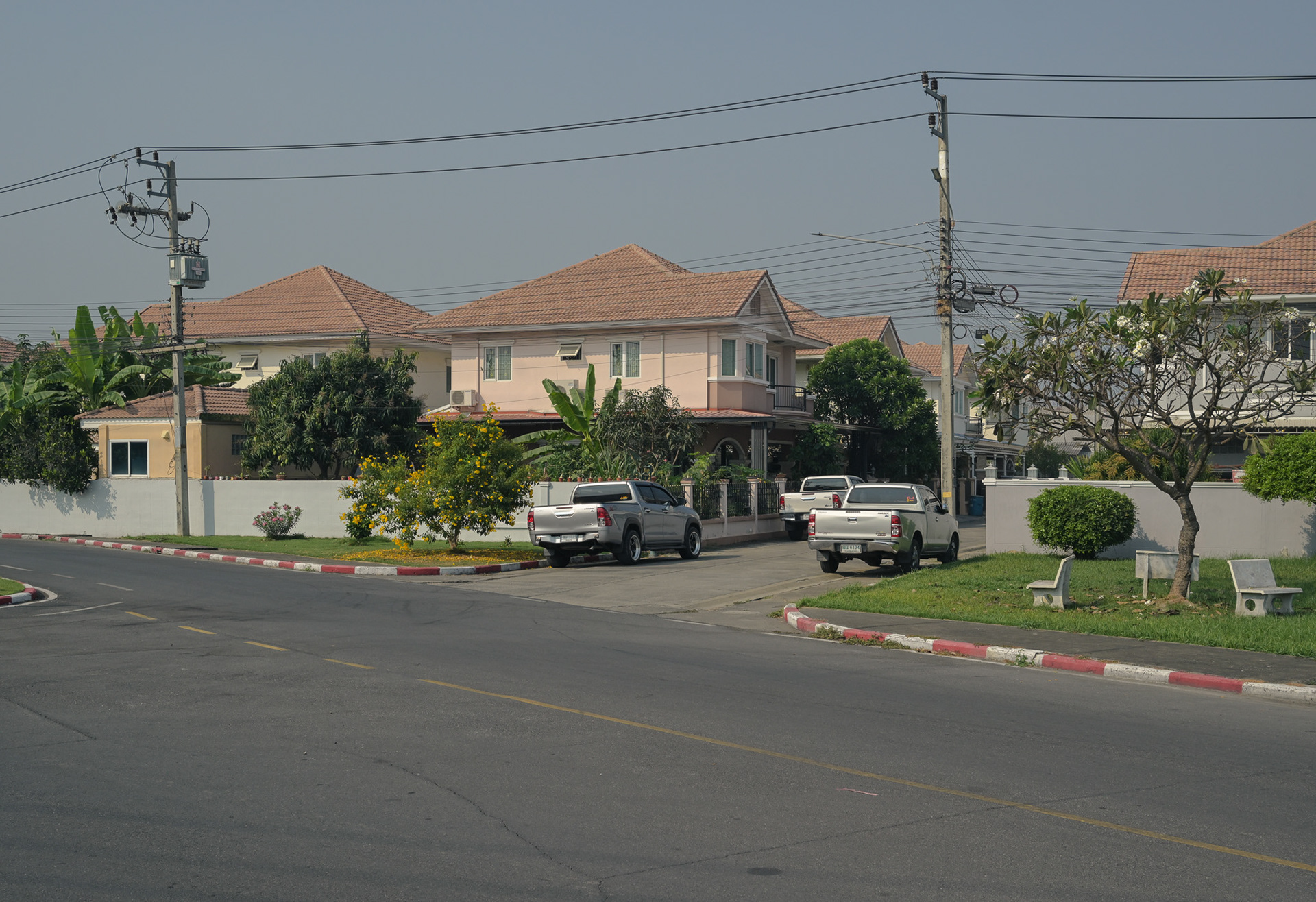
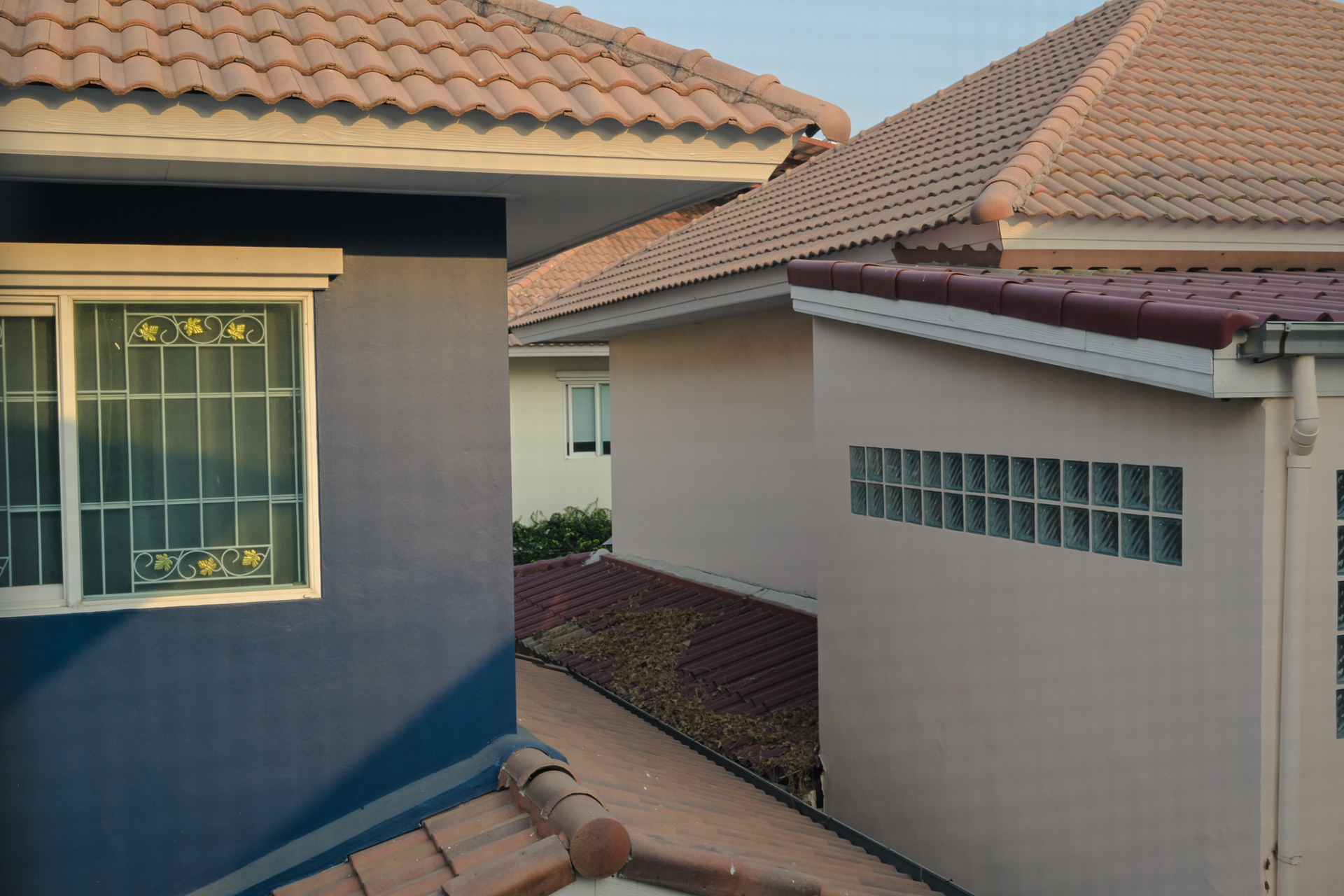
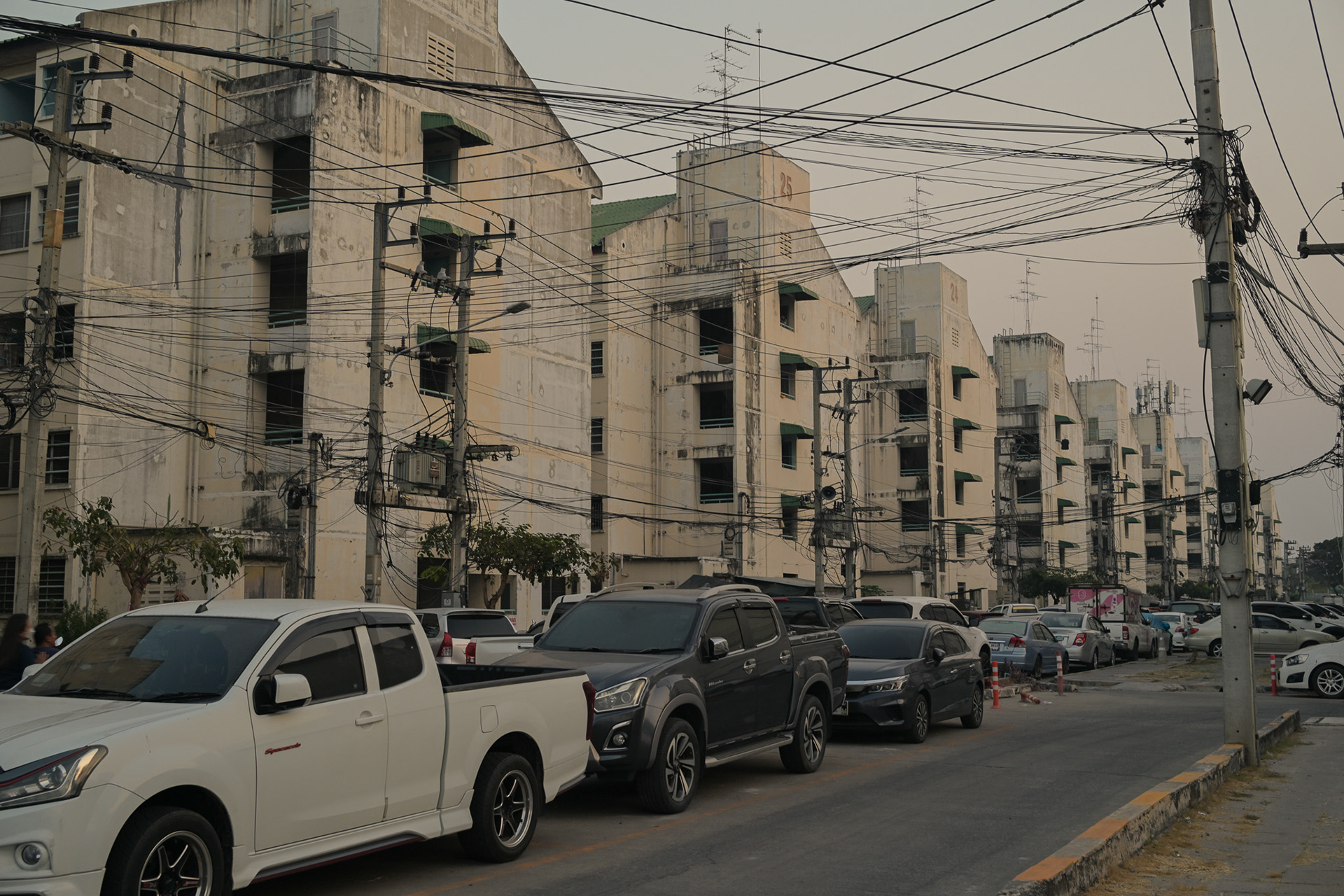
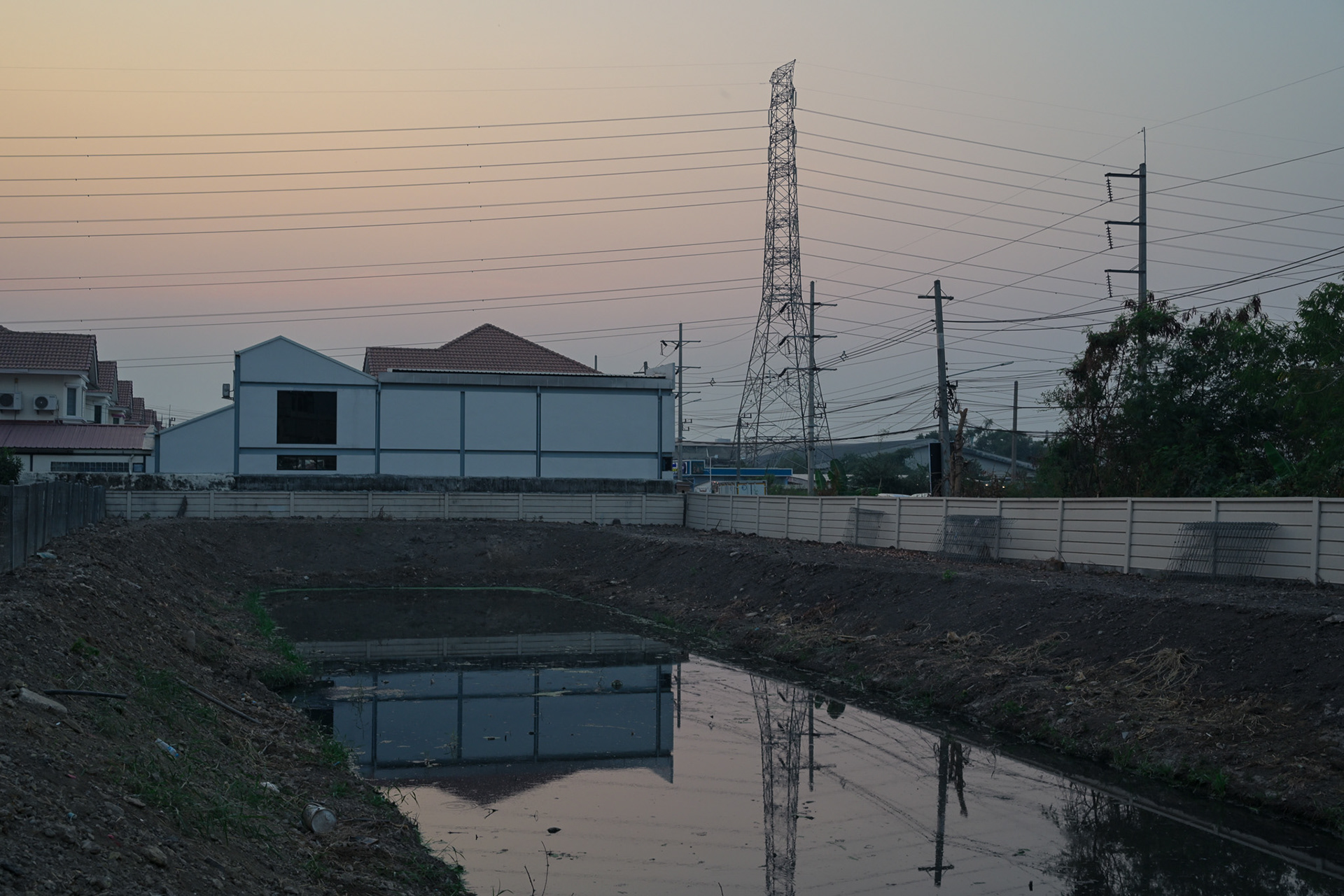
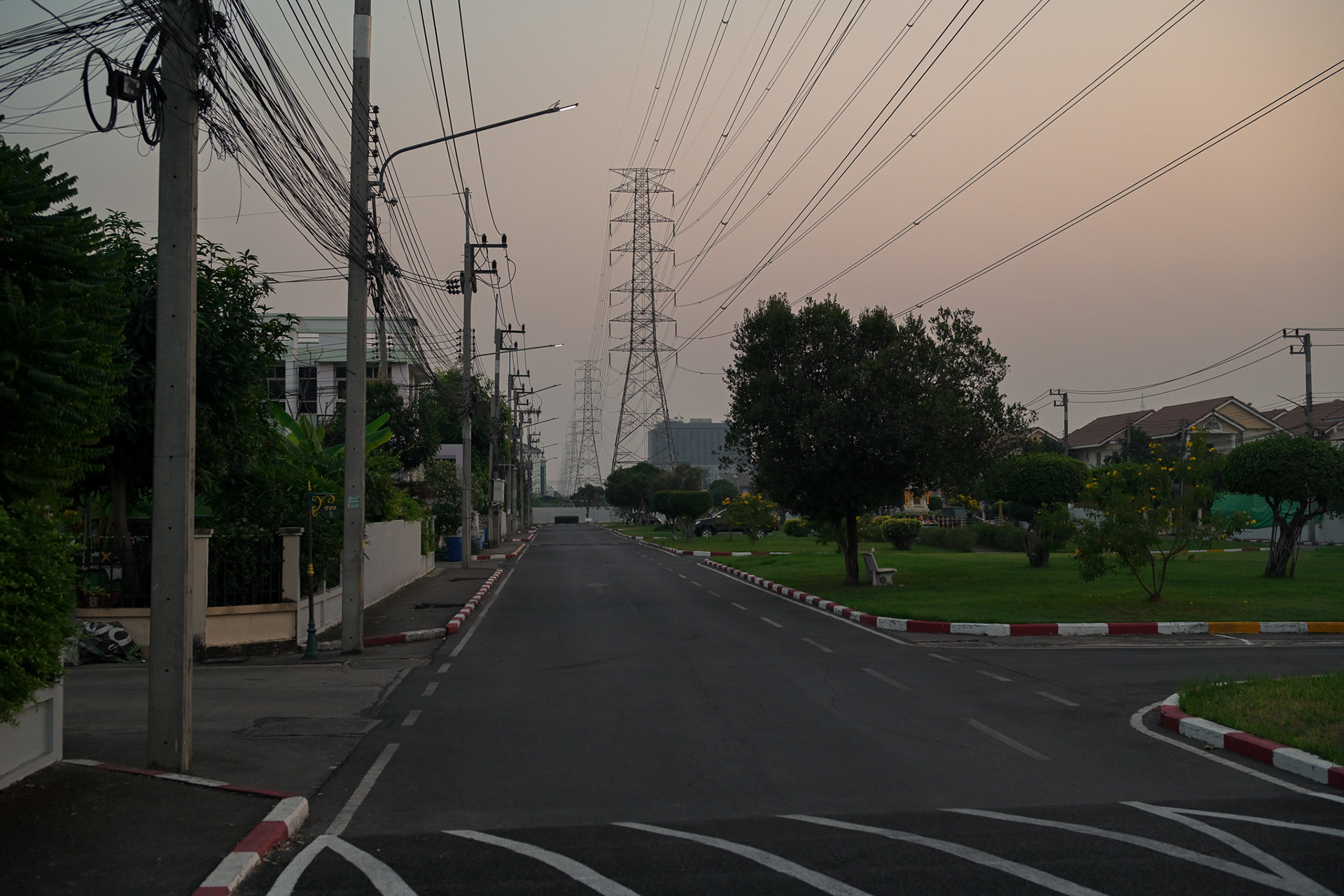

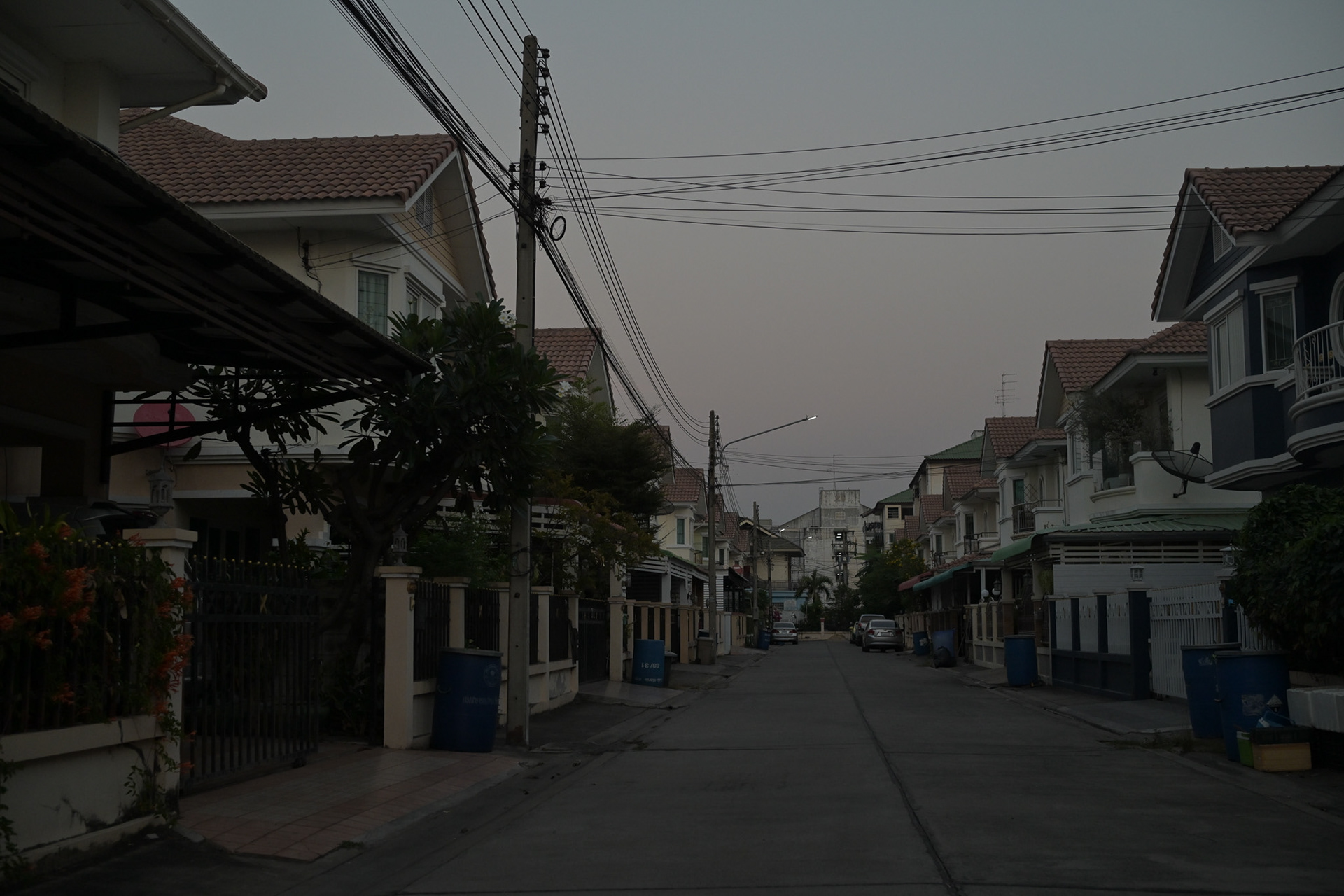
Back near the city, even monks now walk past corporate retention ponds on the way home to suburbia.
The world must change.
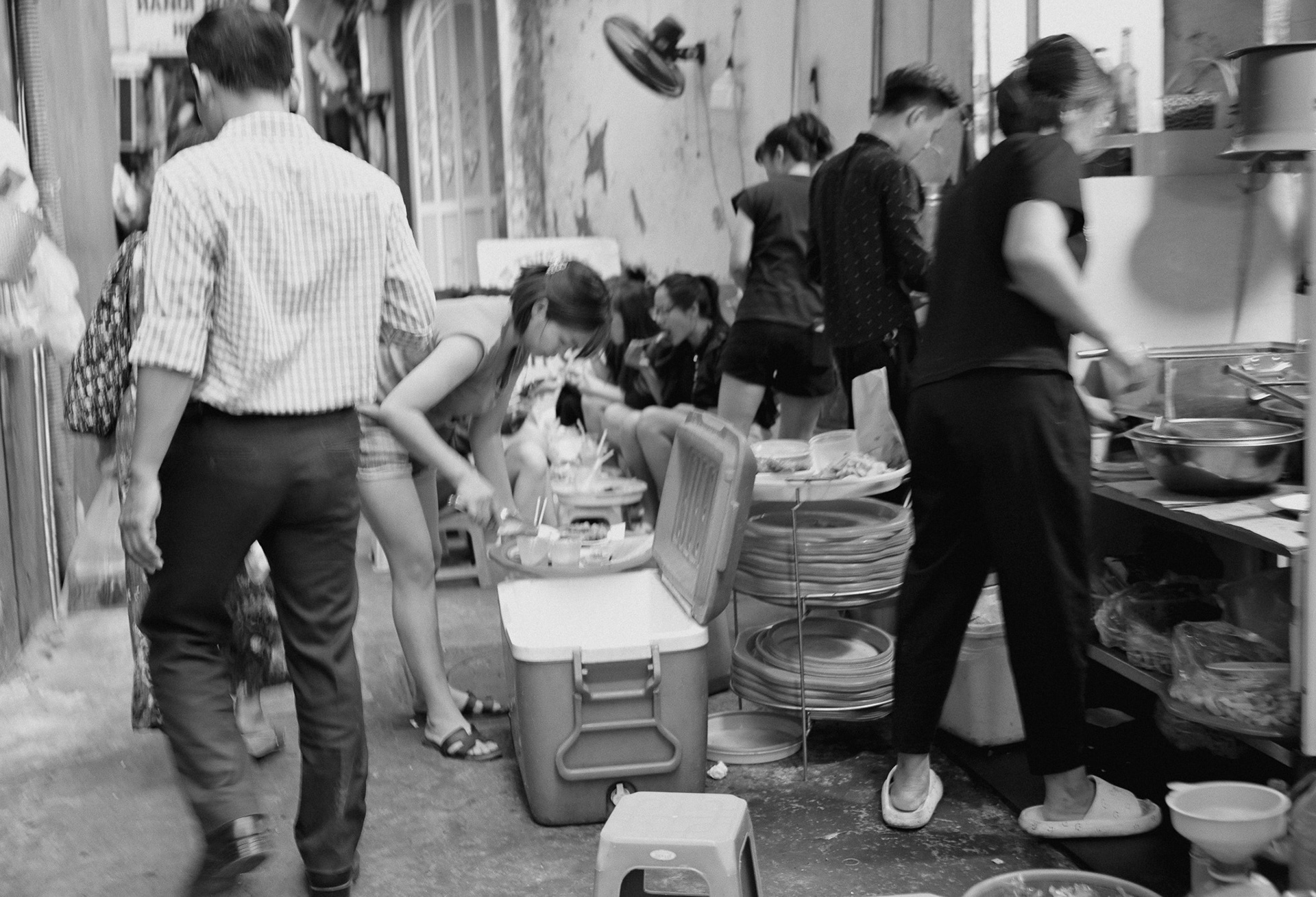
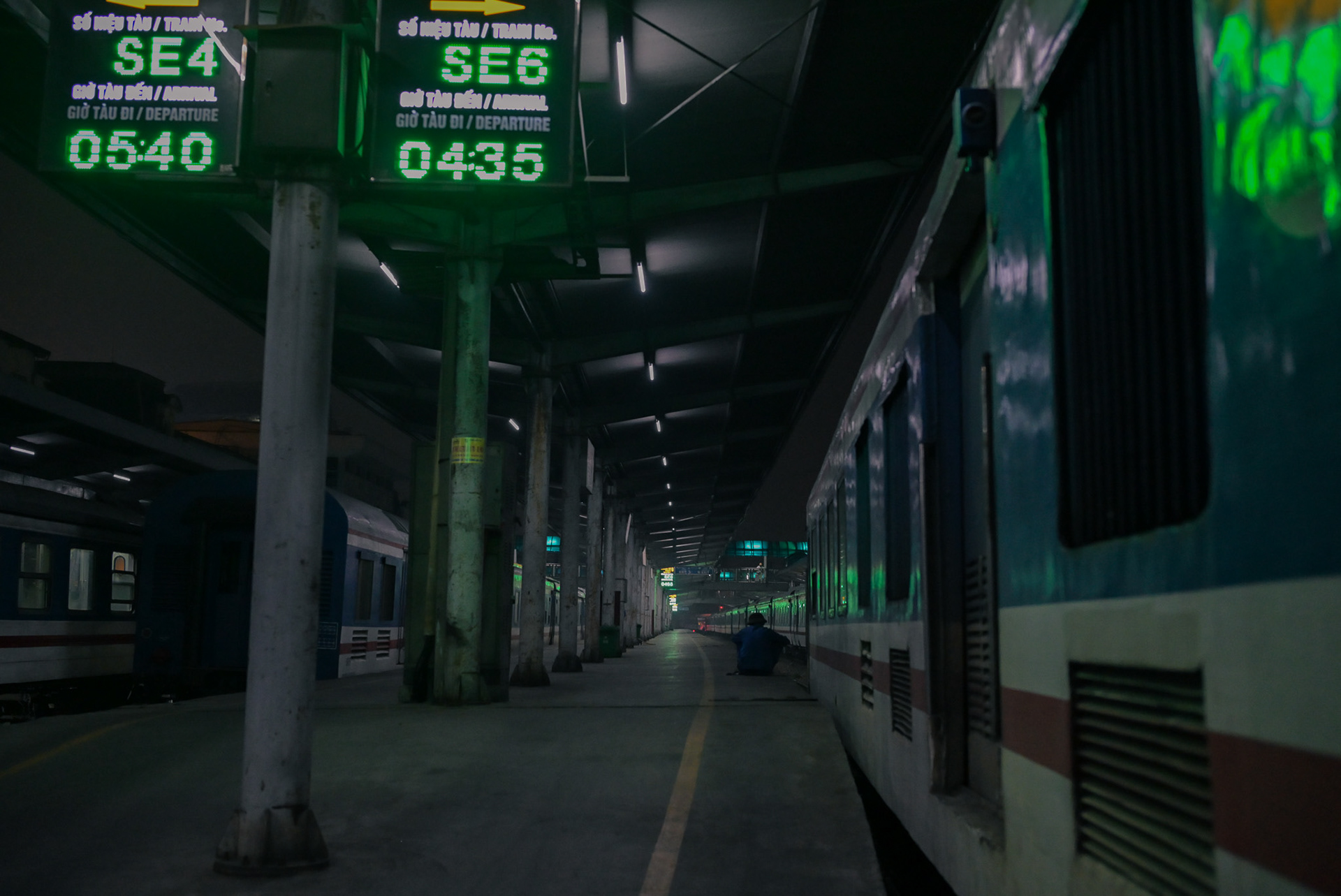
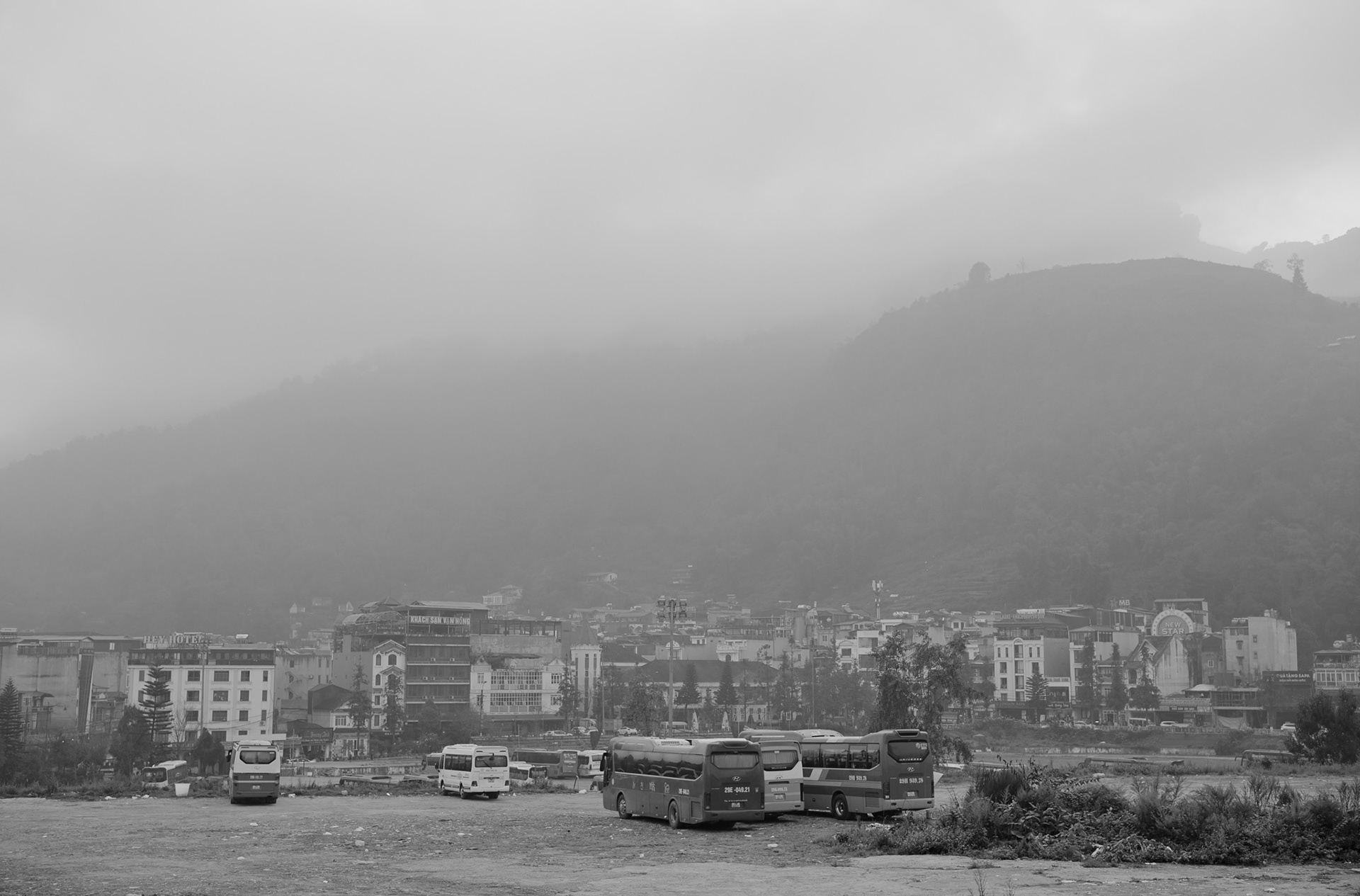
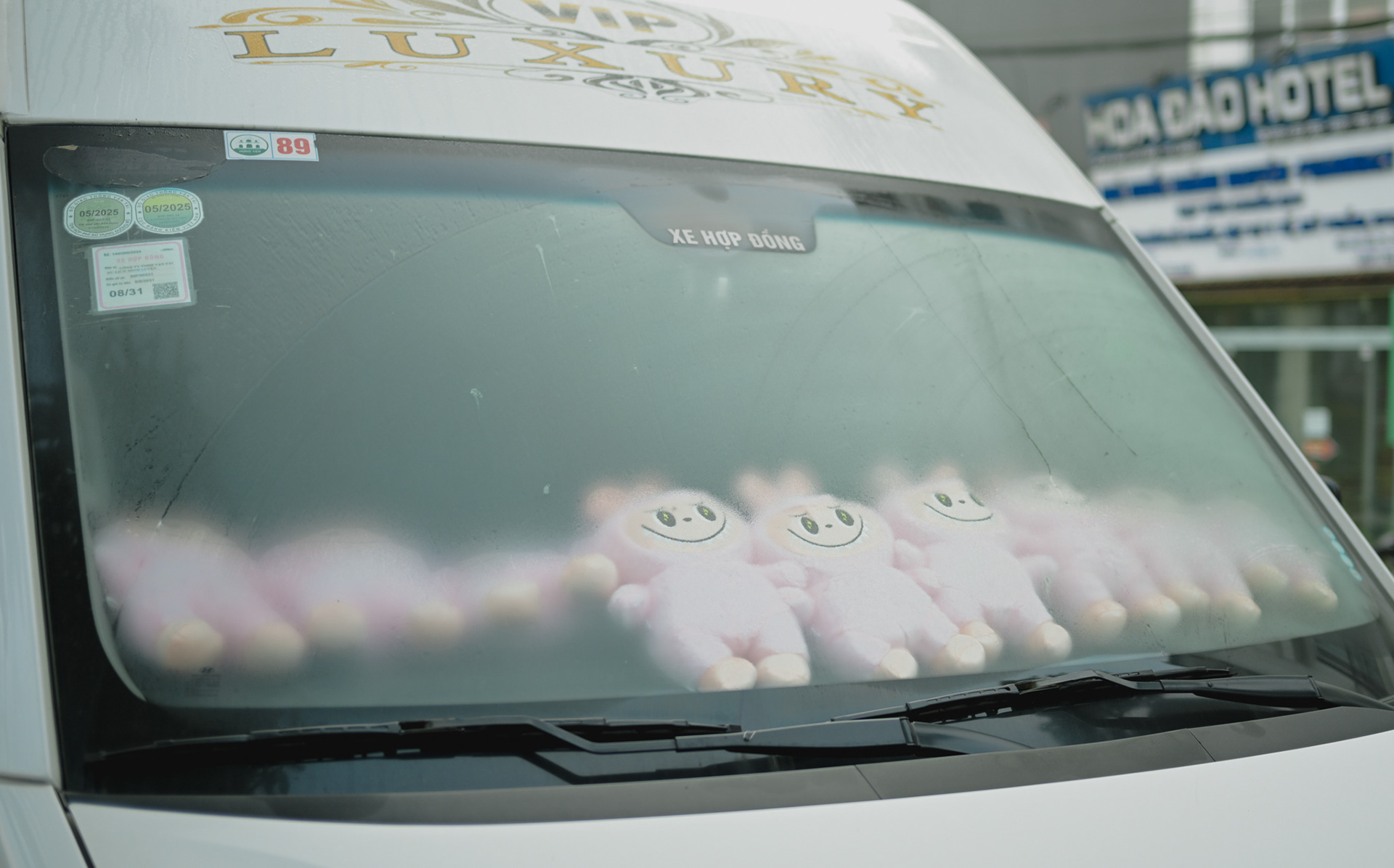
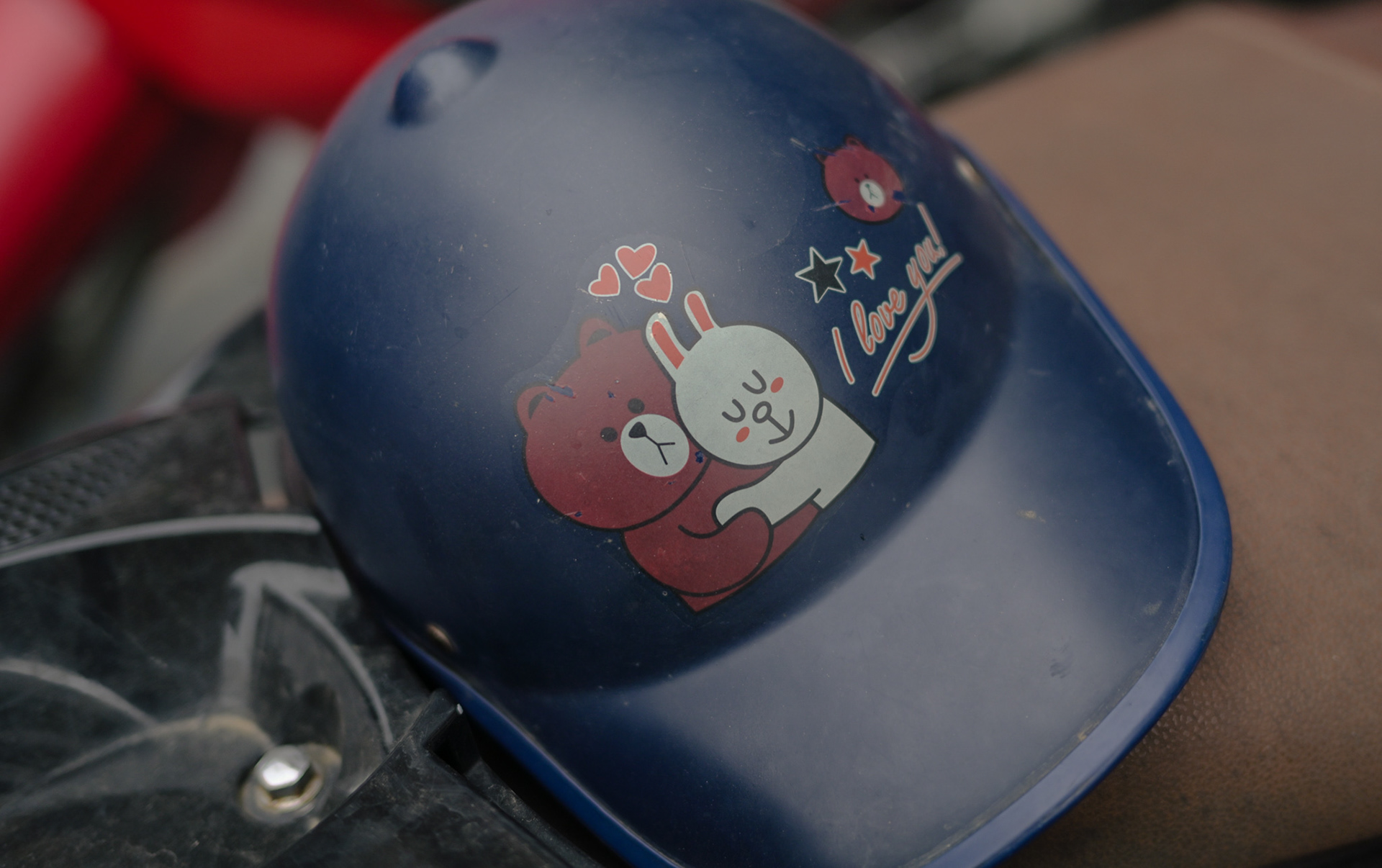
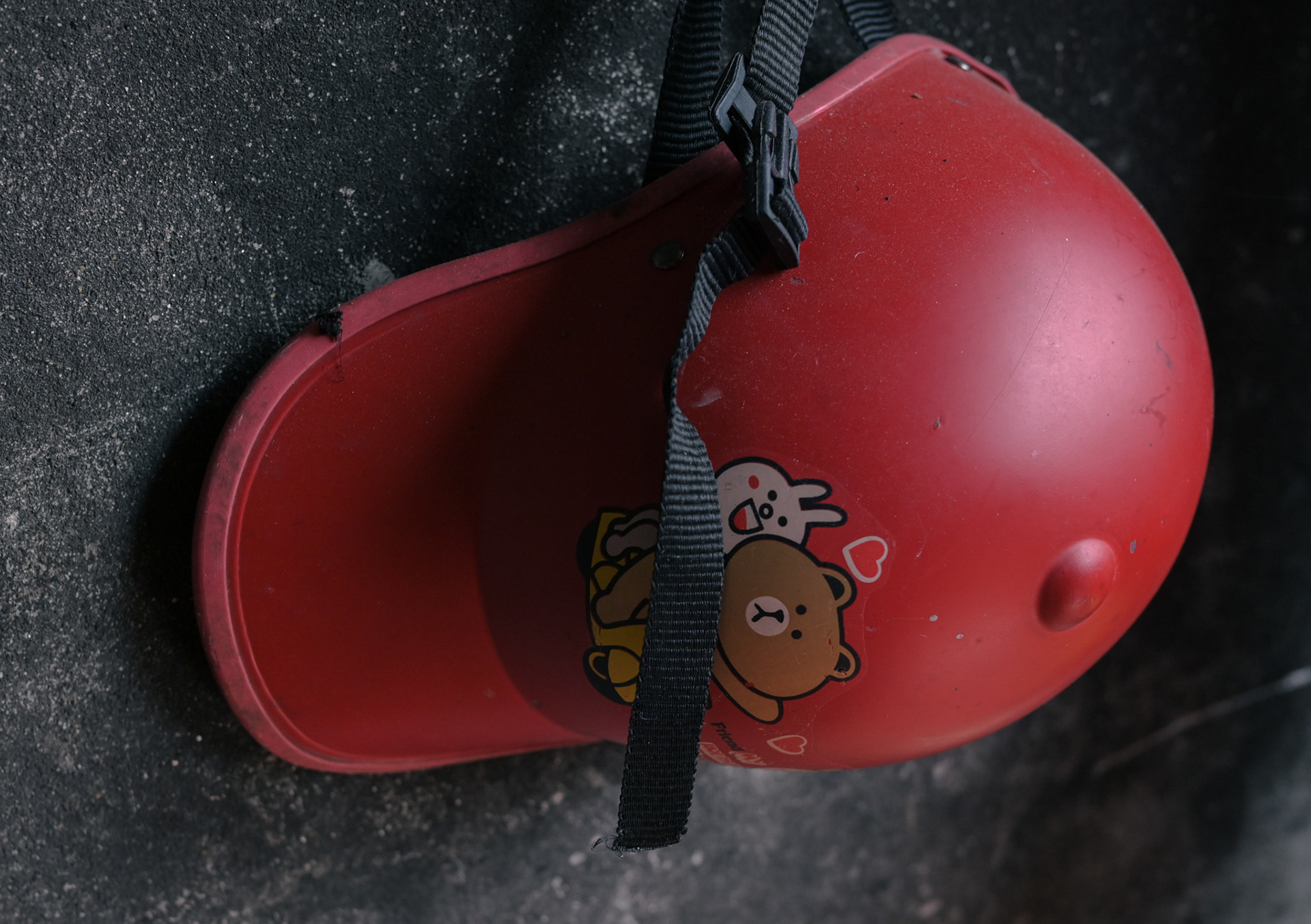
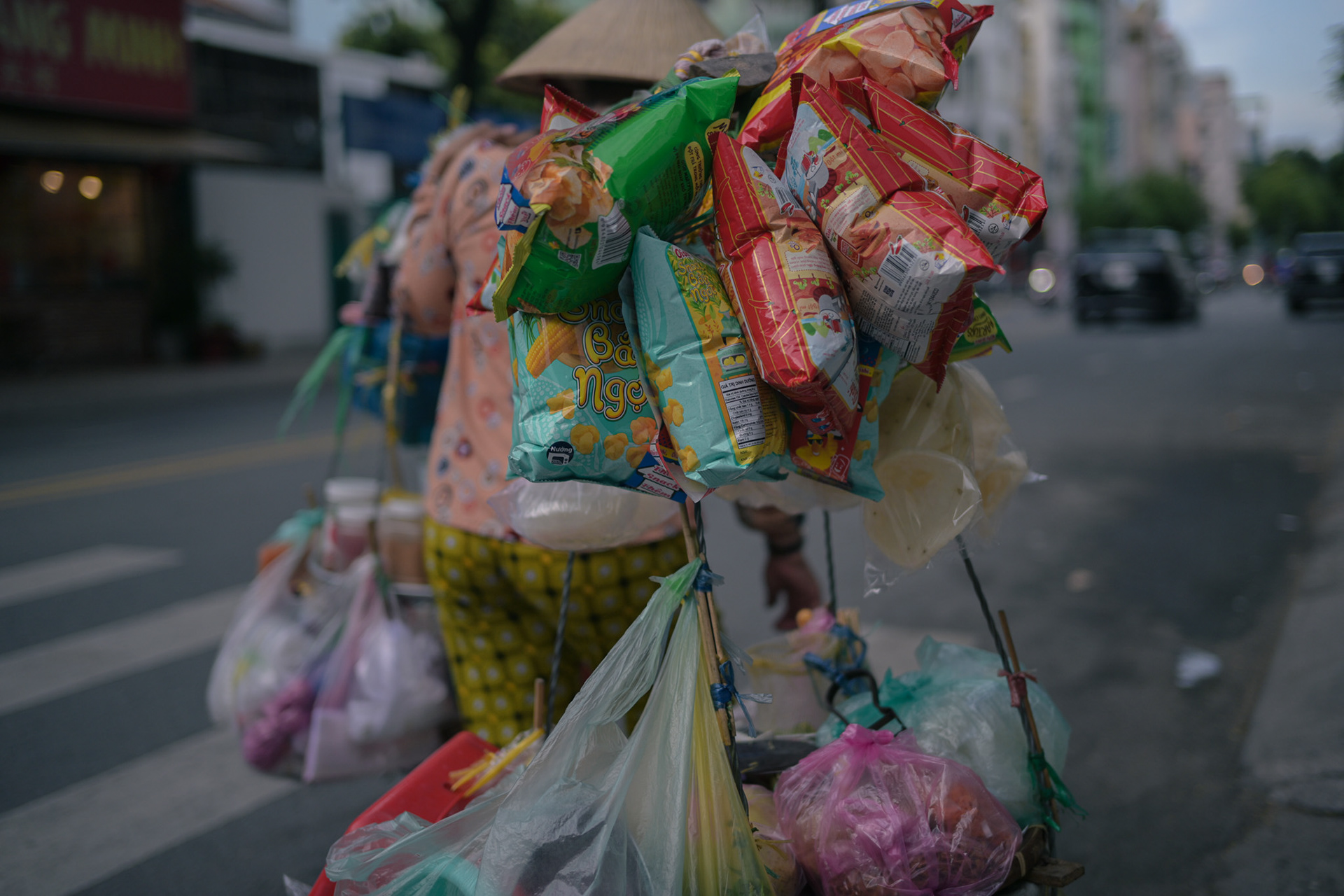
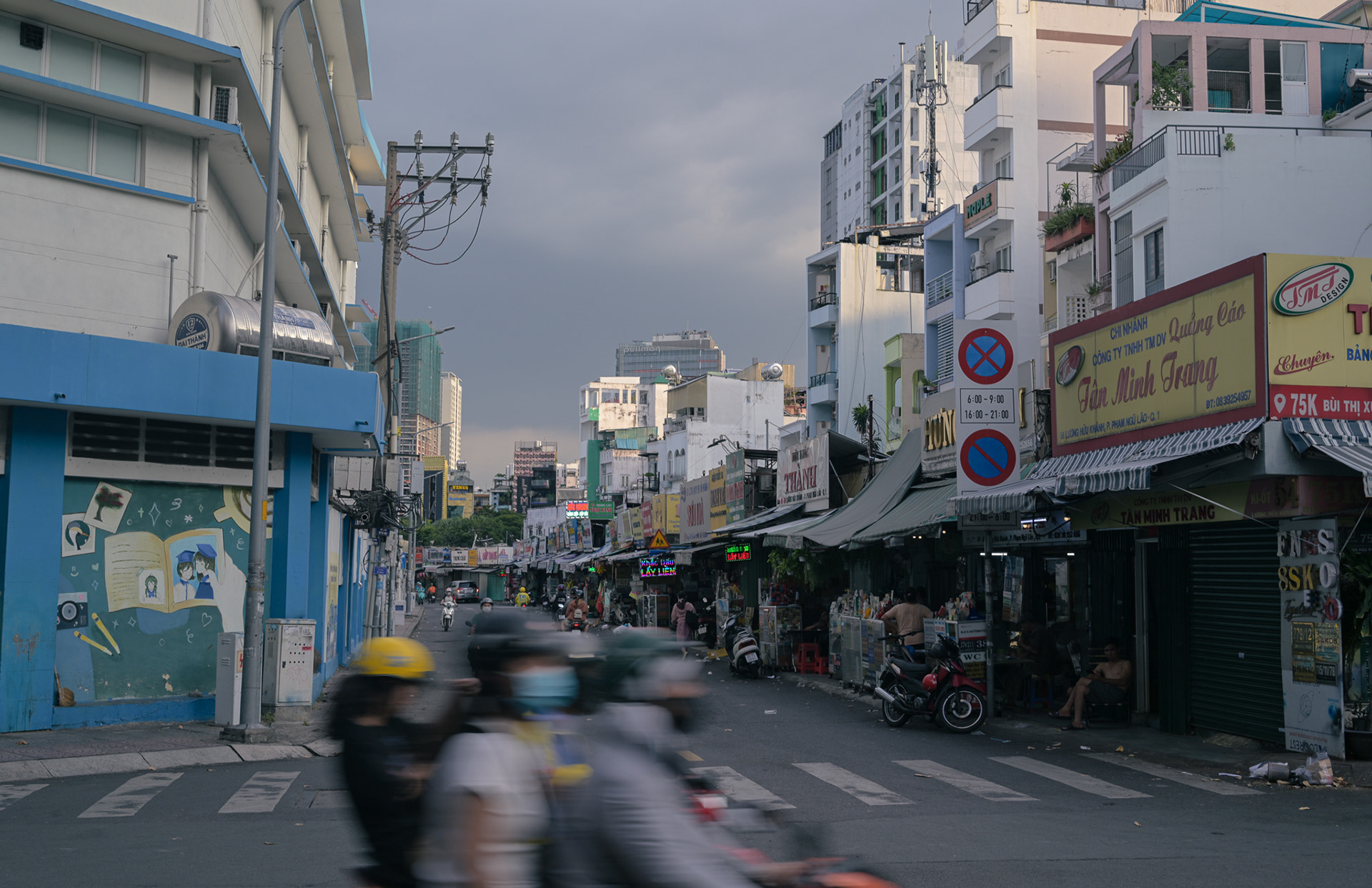
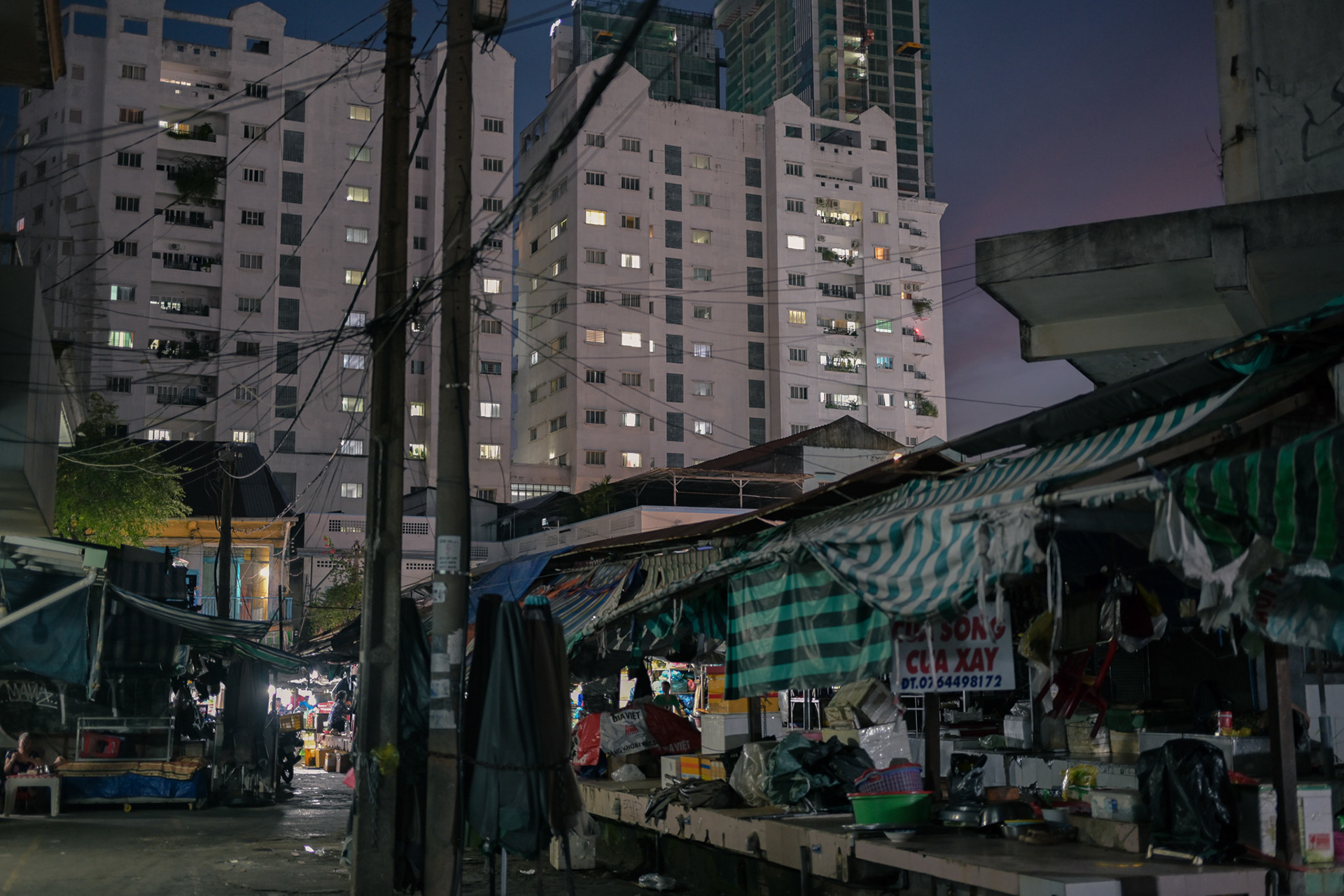
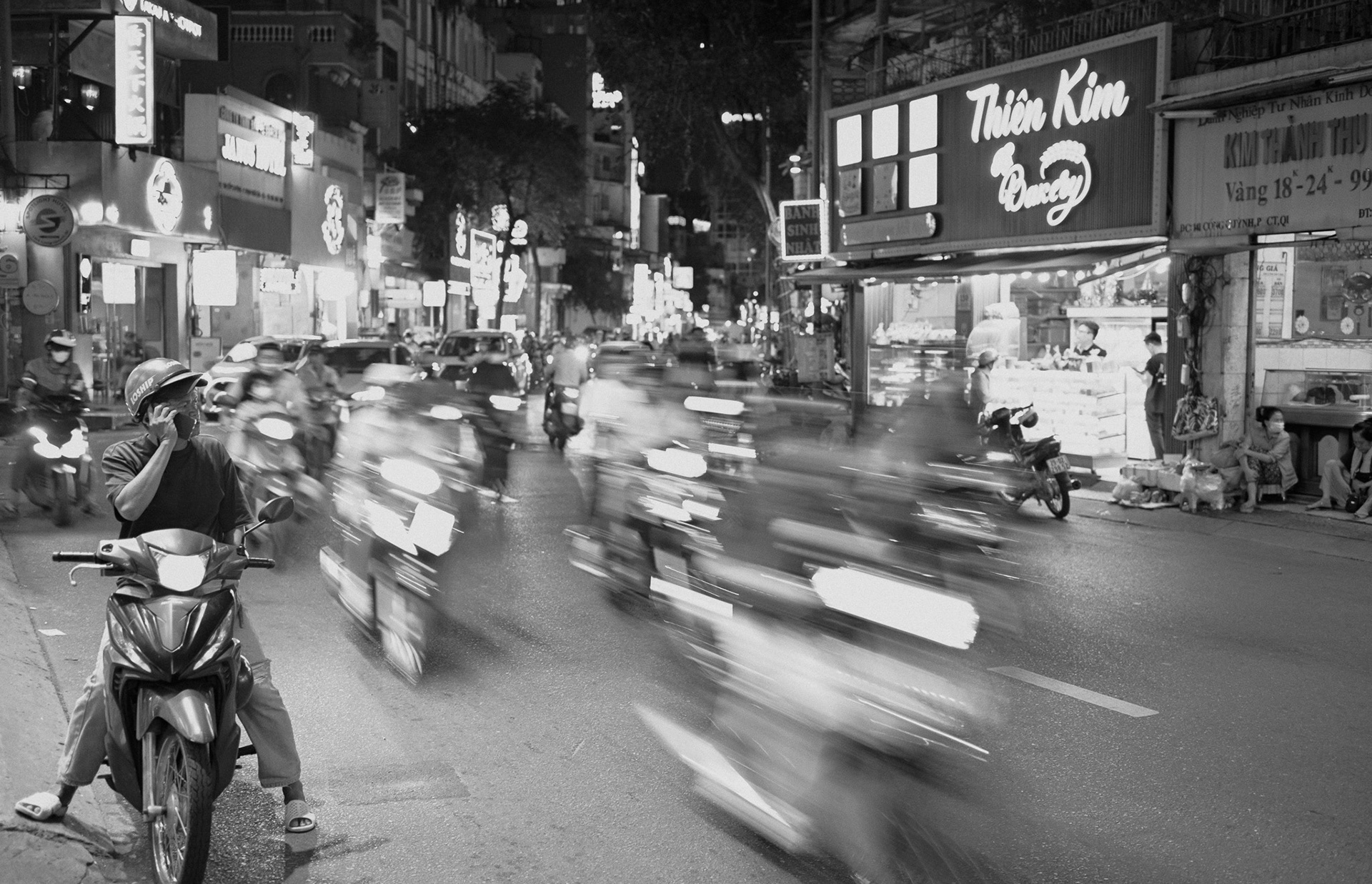
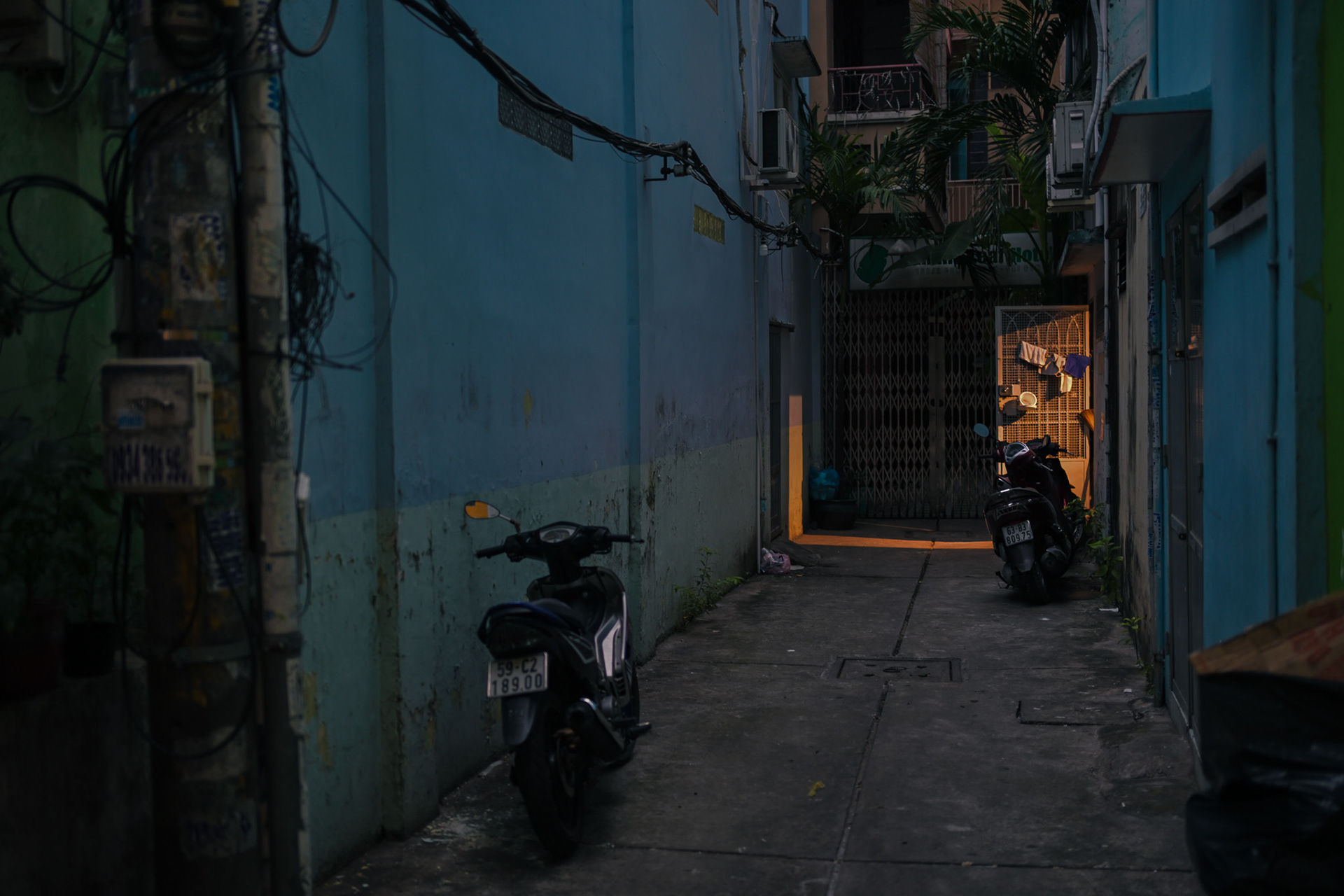
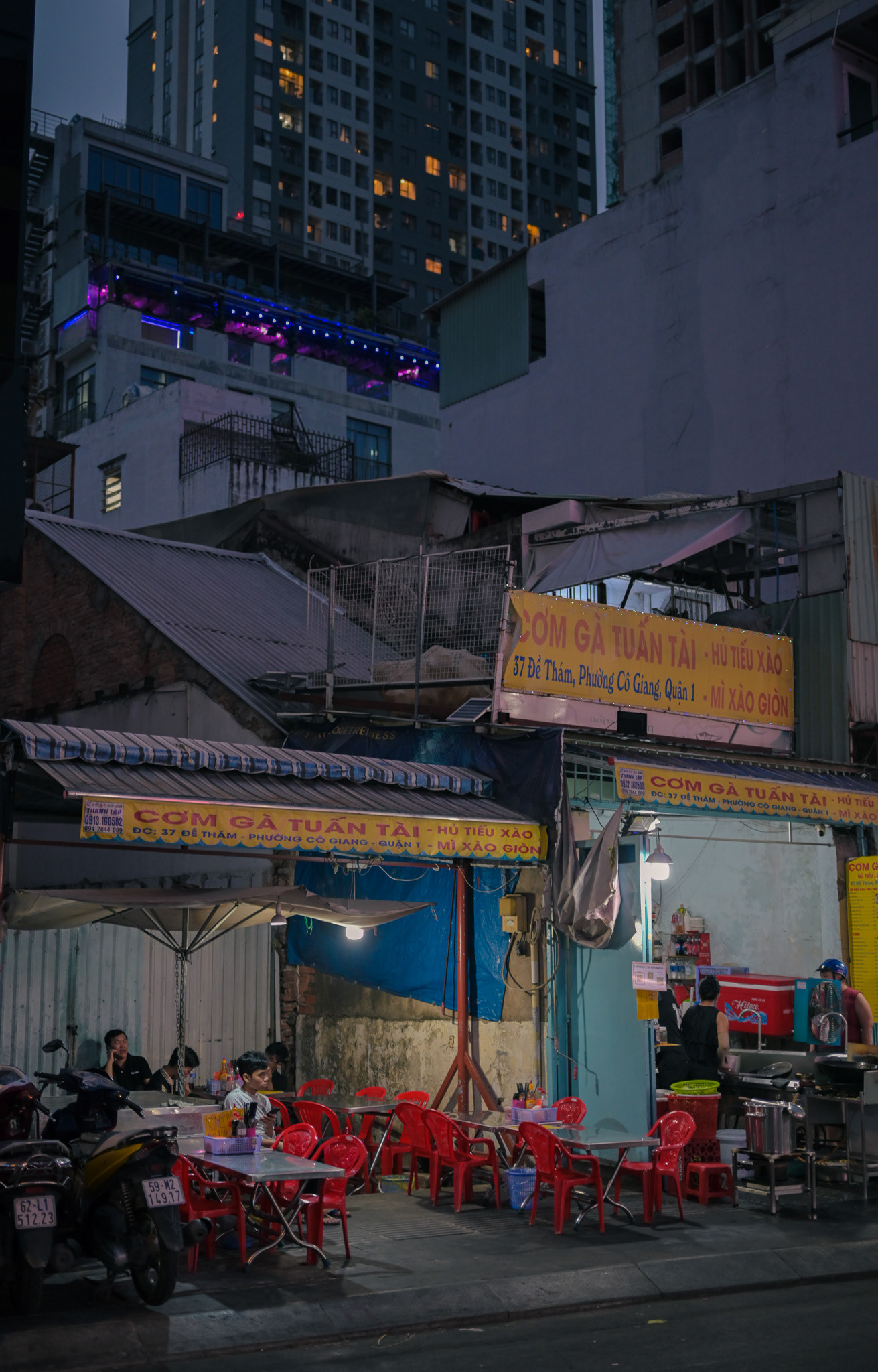
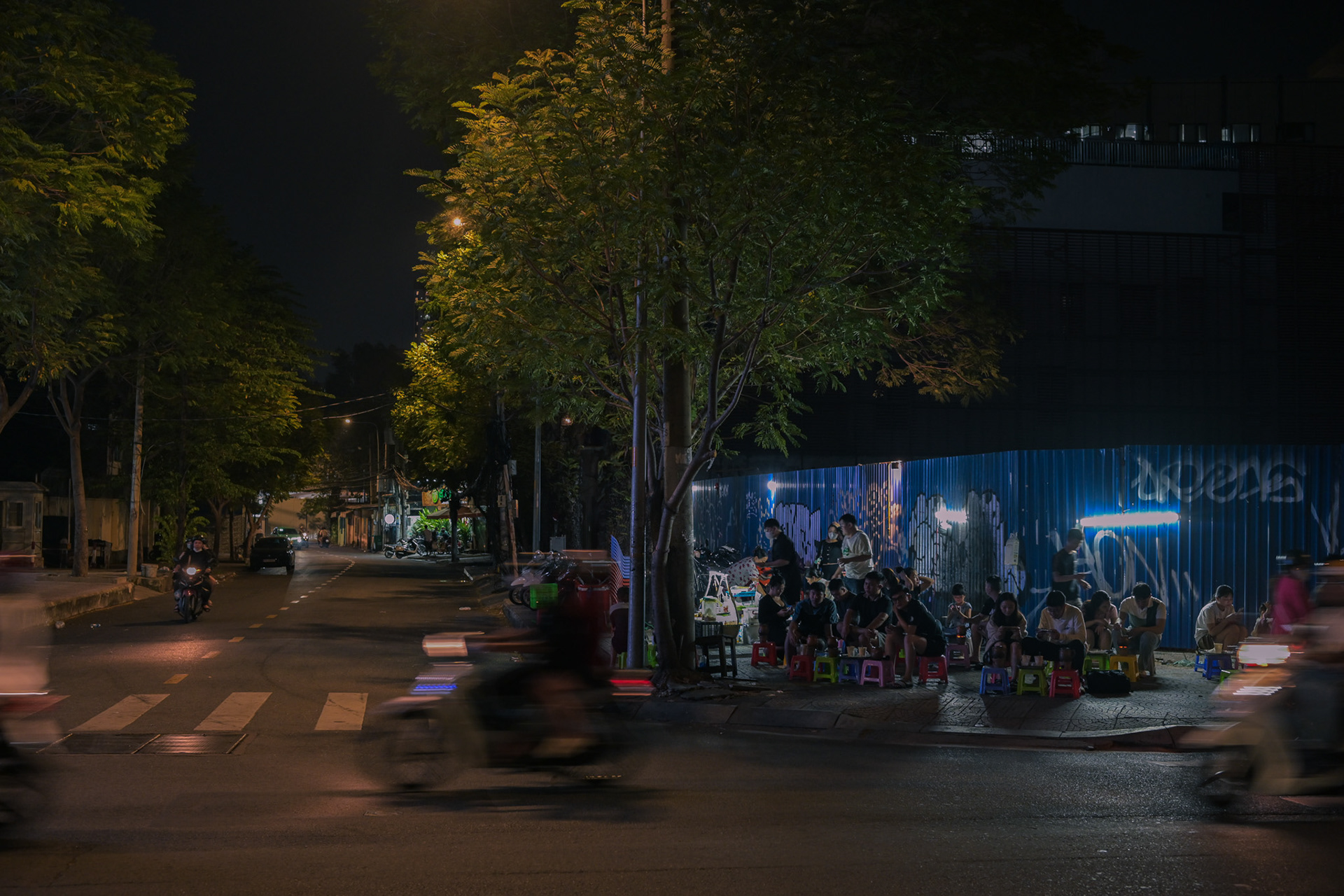
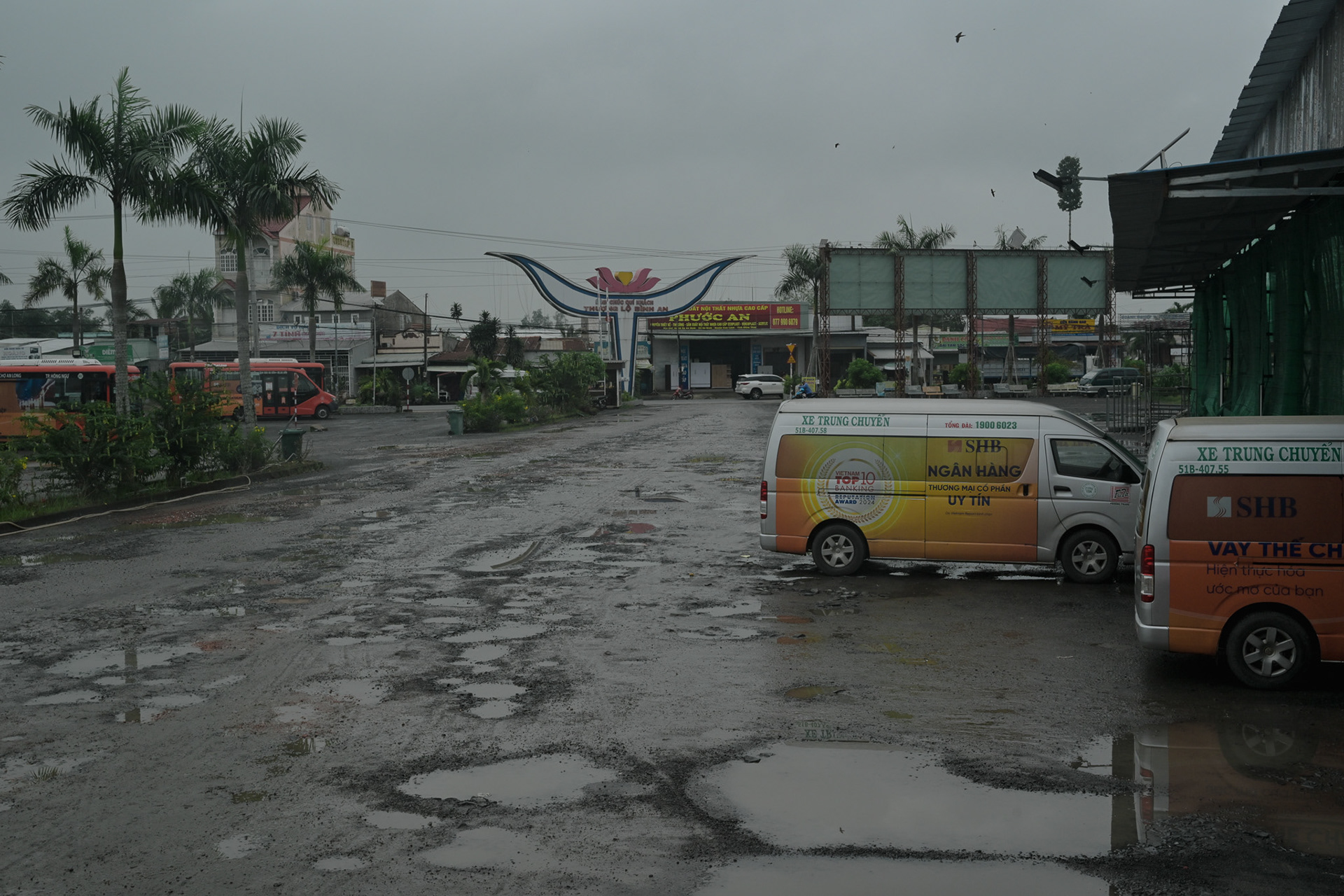

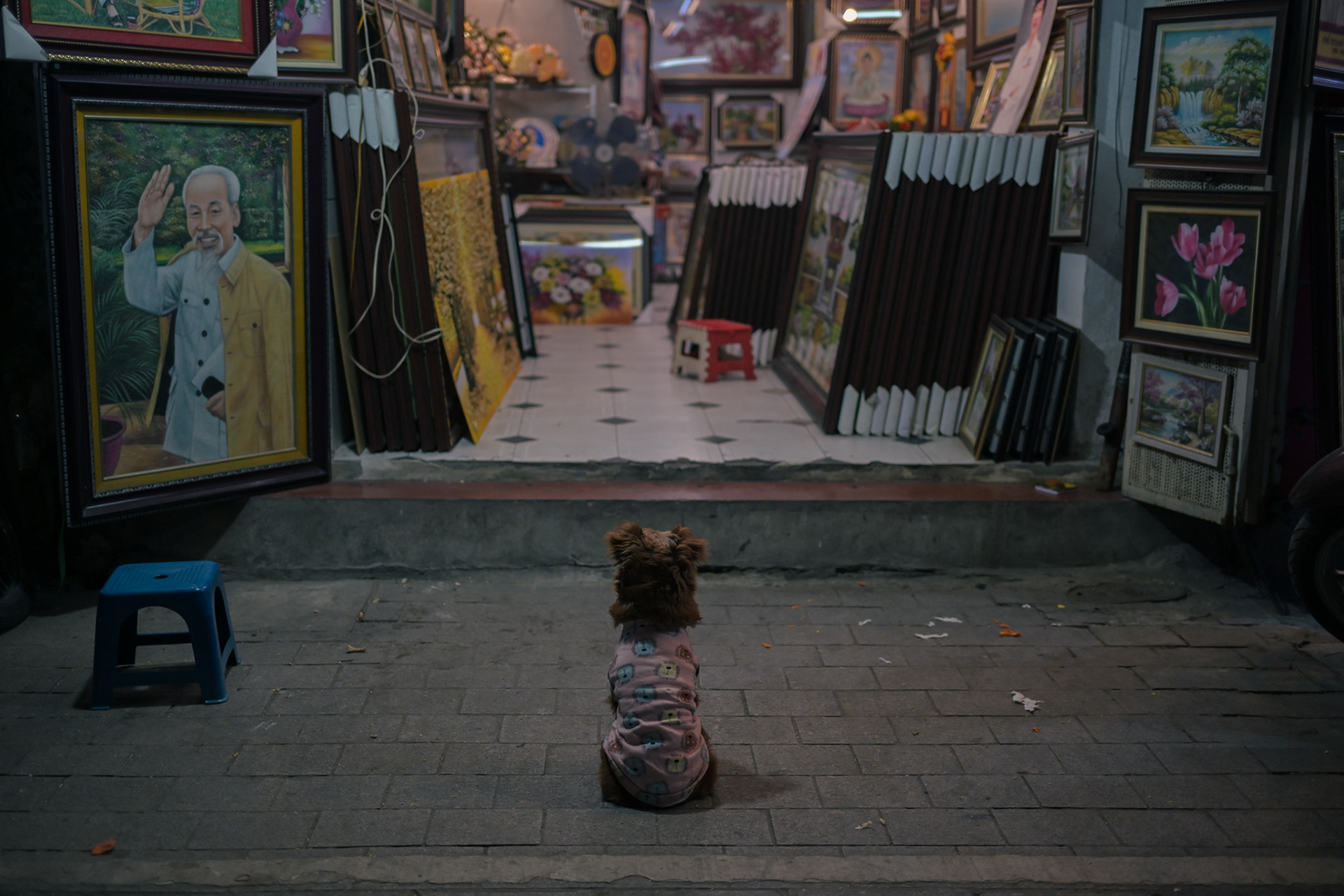
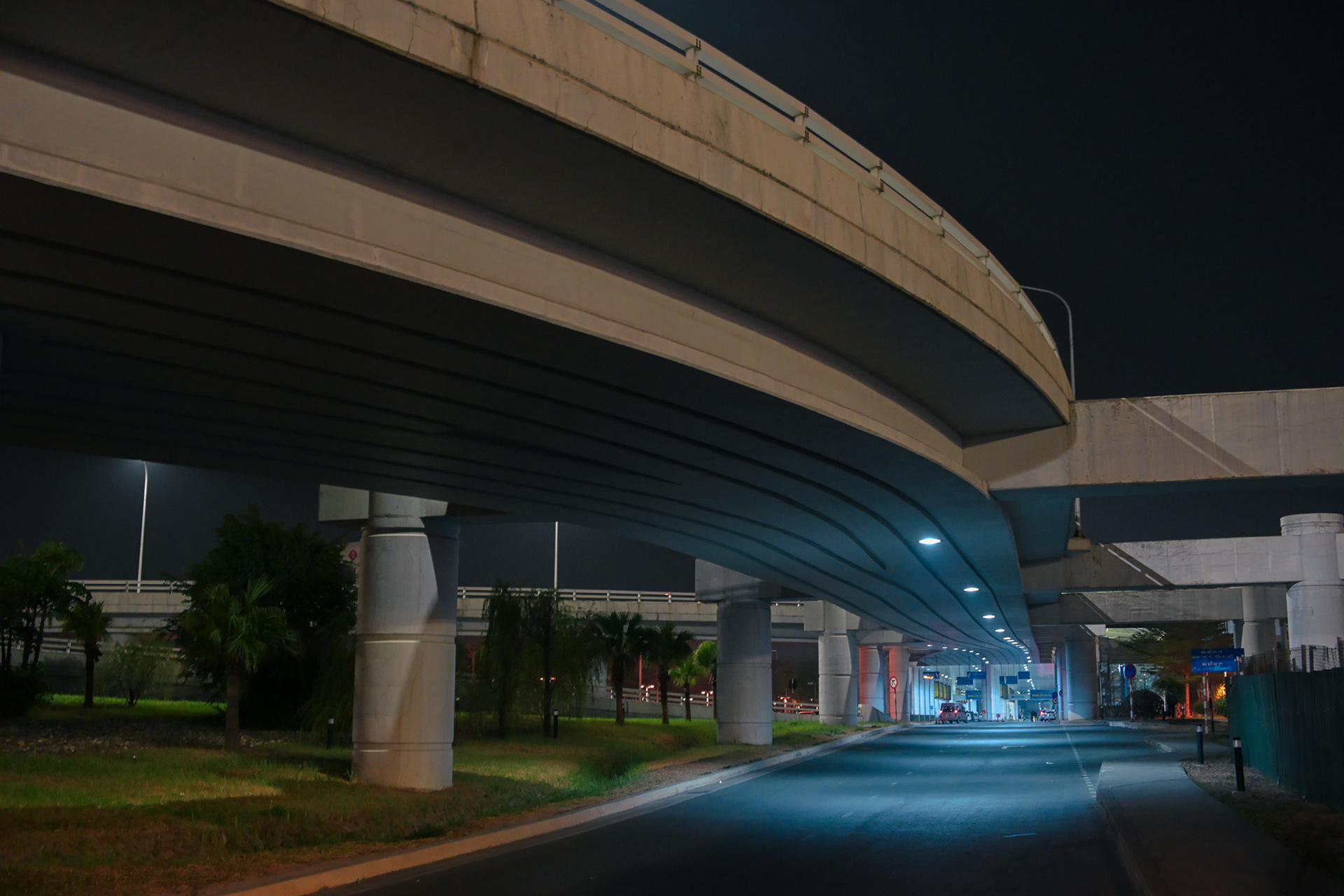

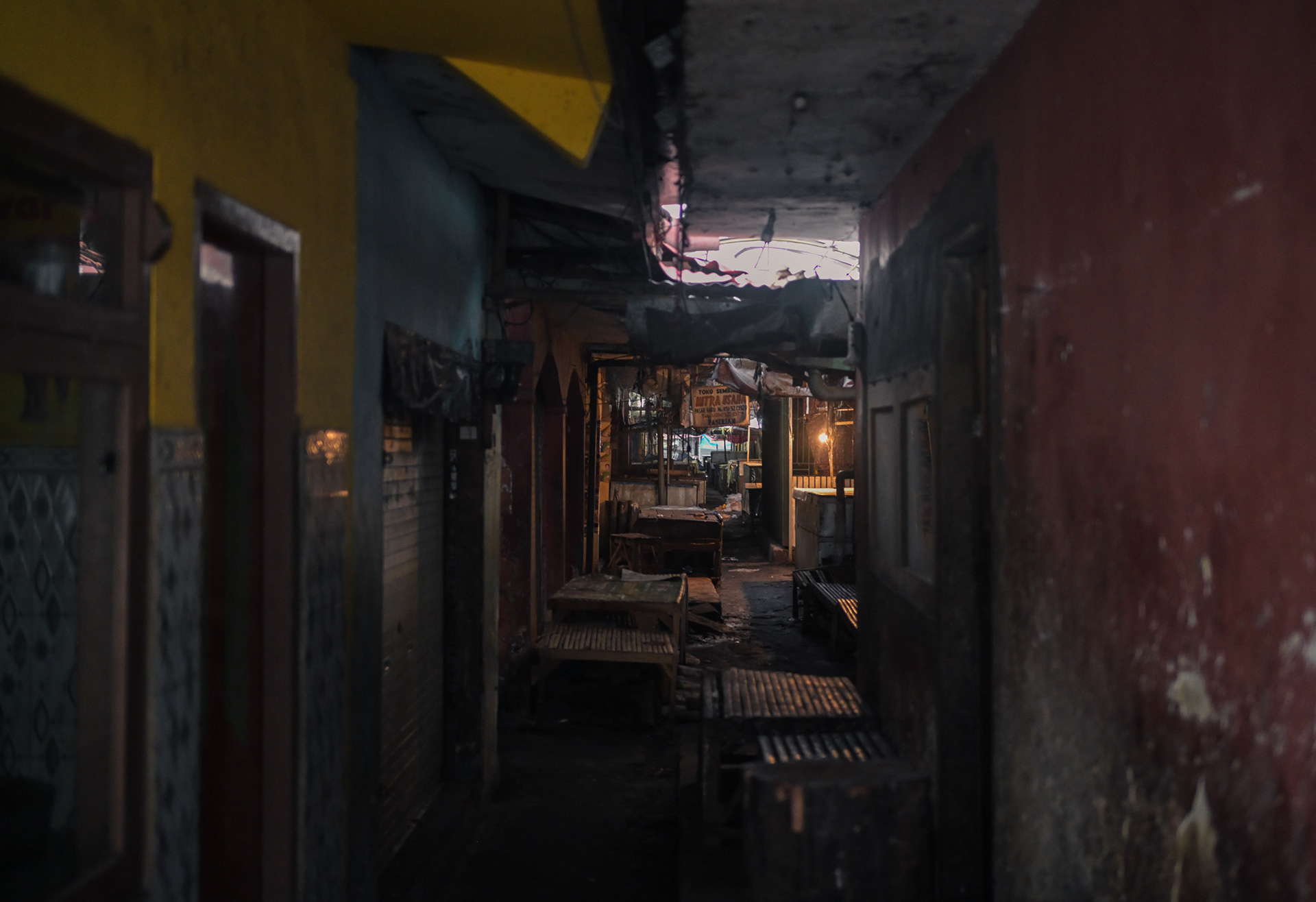
miscellaneous frames in transit
A saying from Bikk's village, and a gift of a reminder to carry onward from here.
